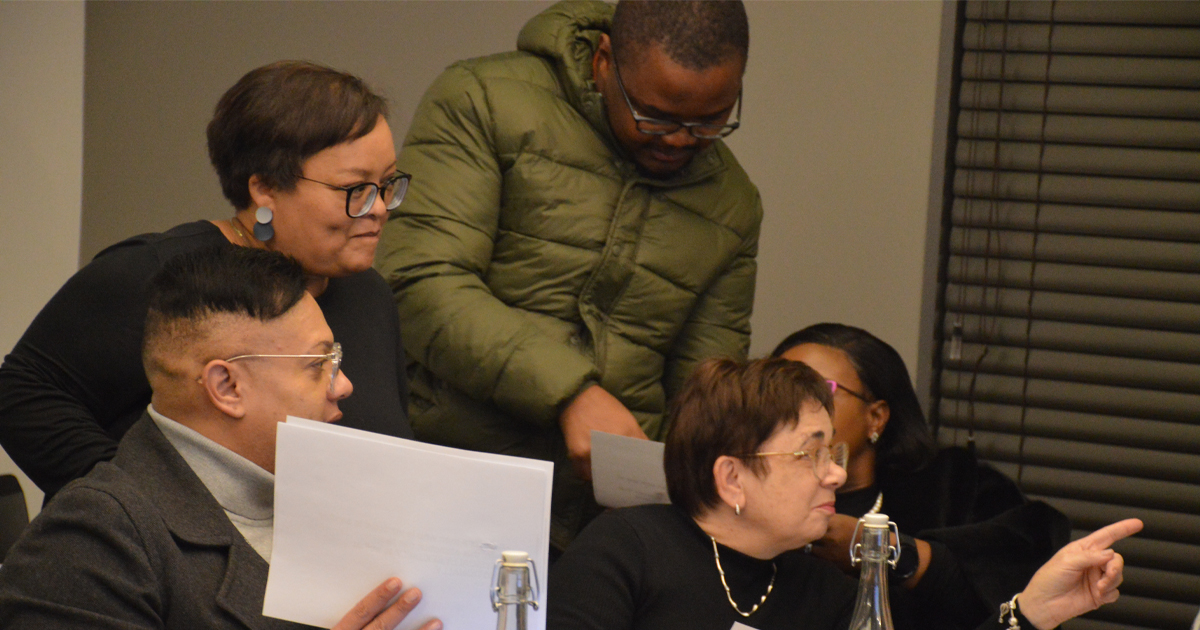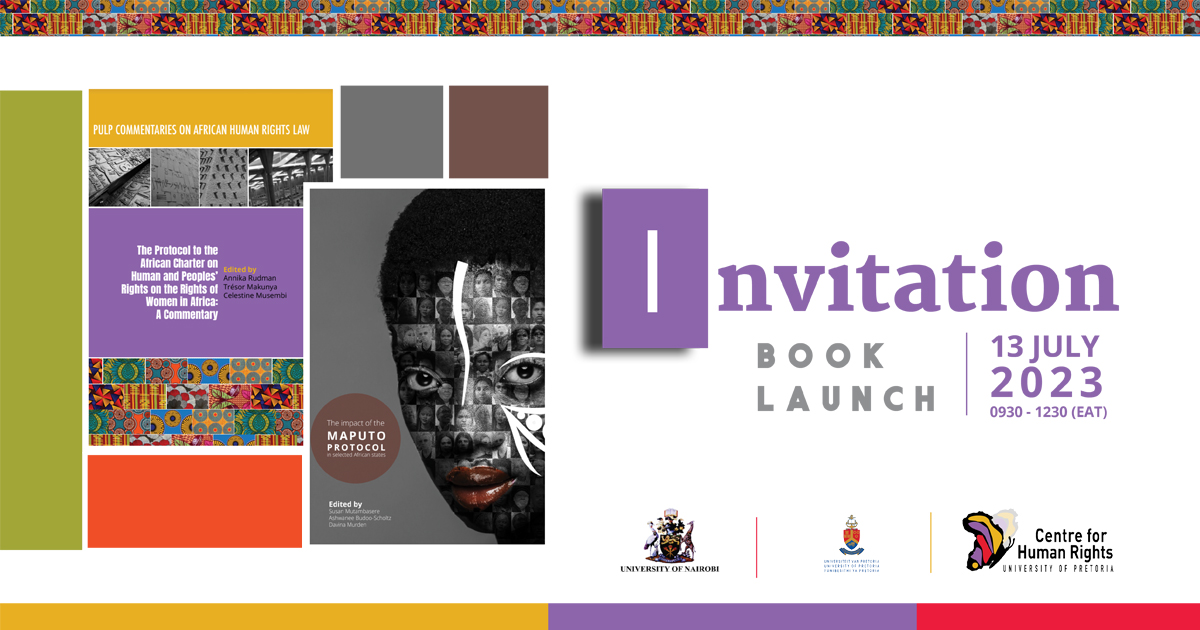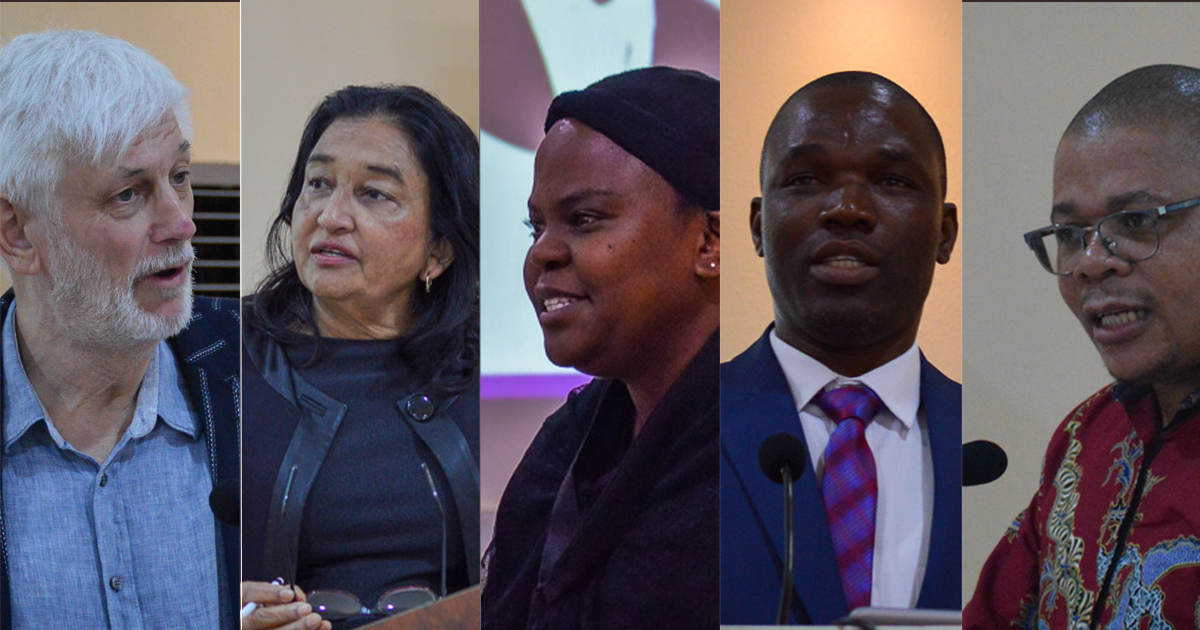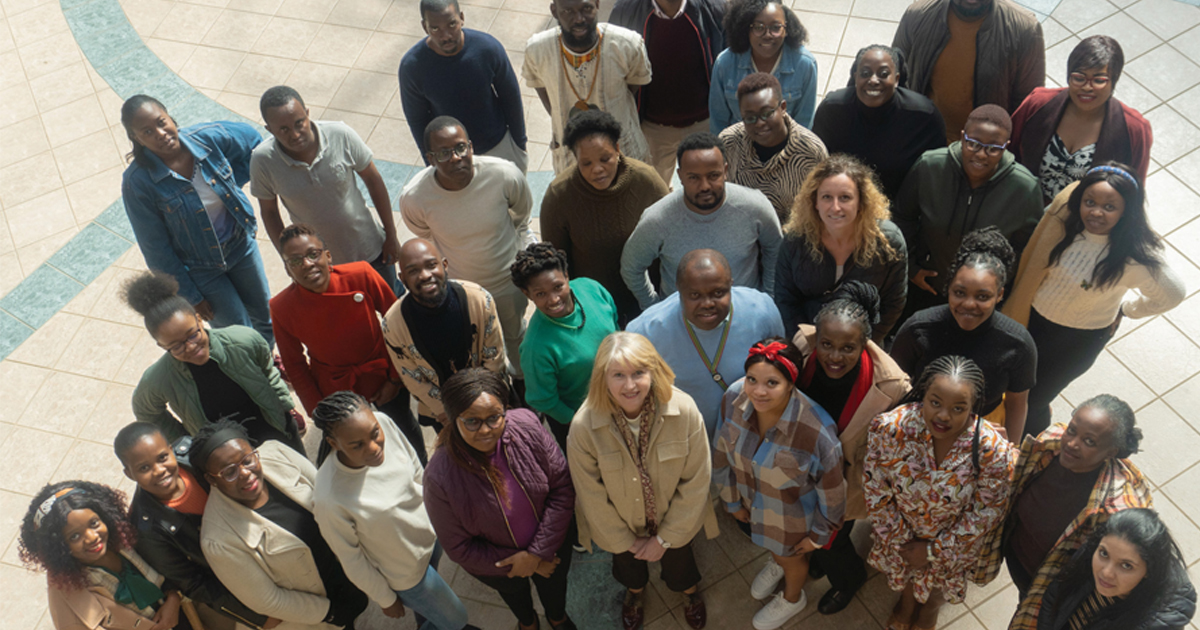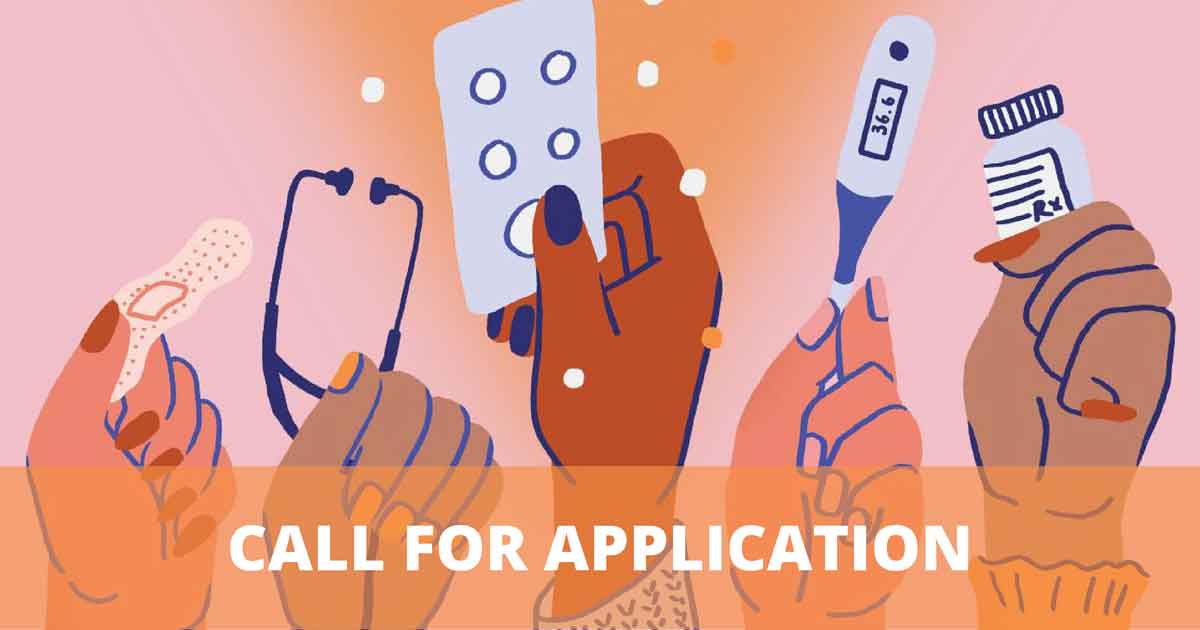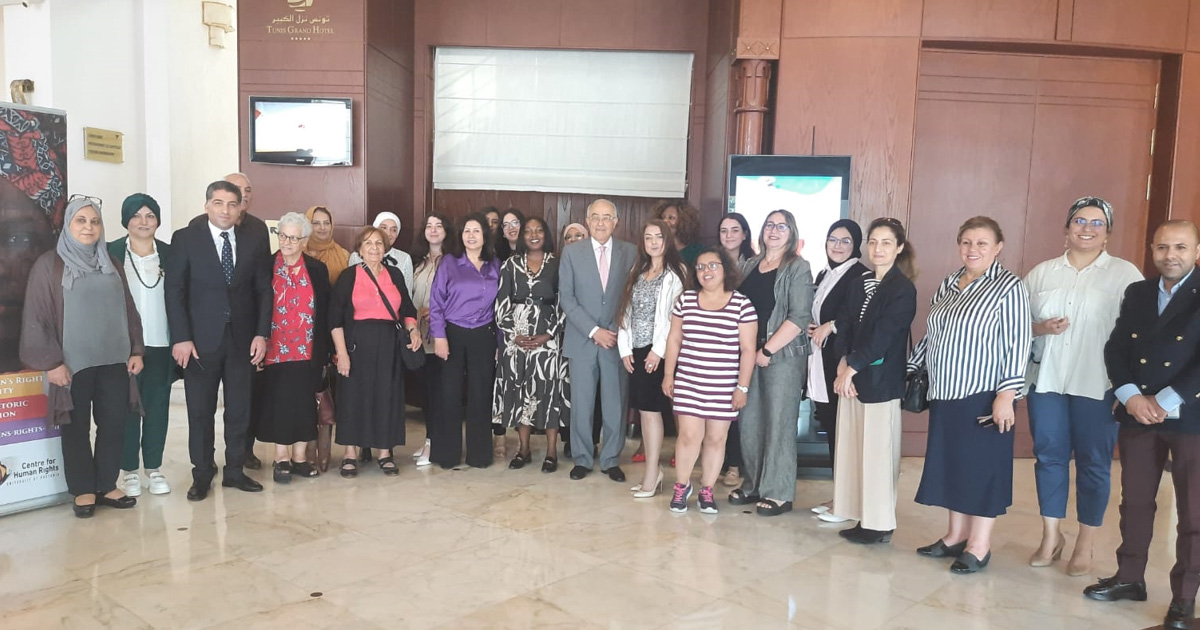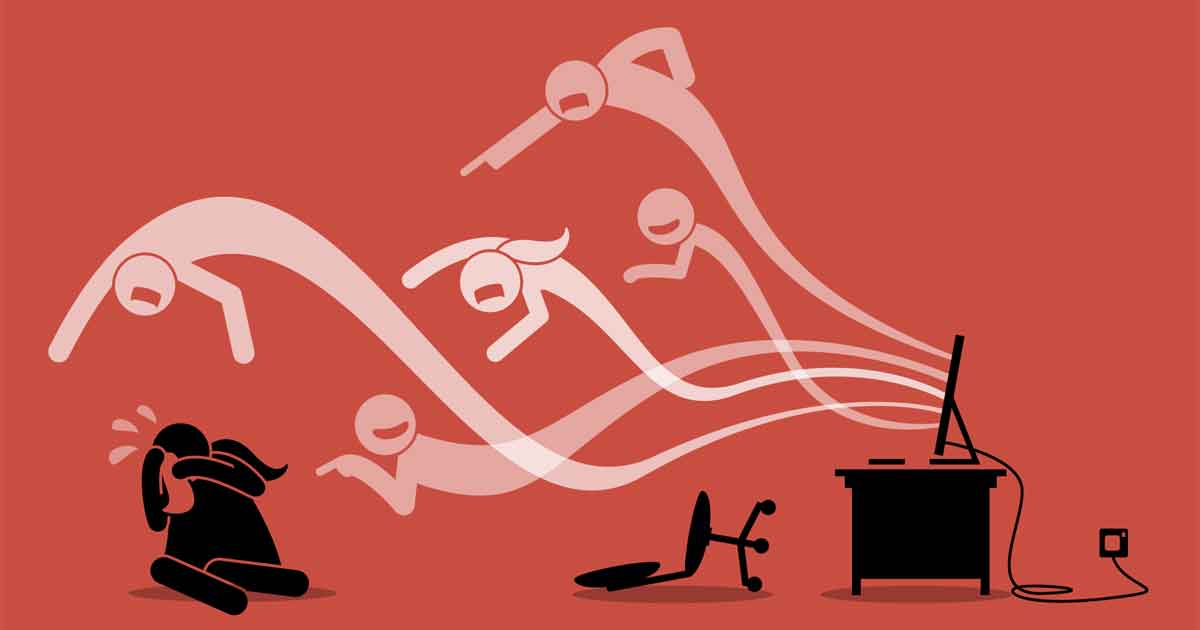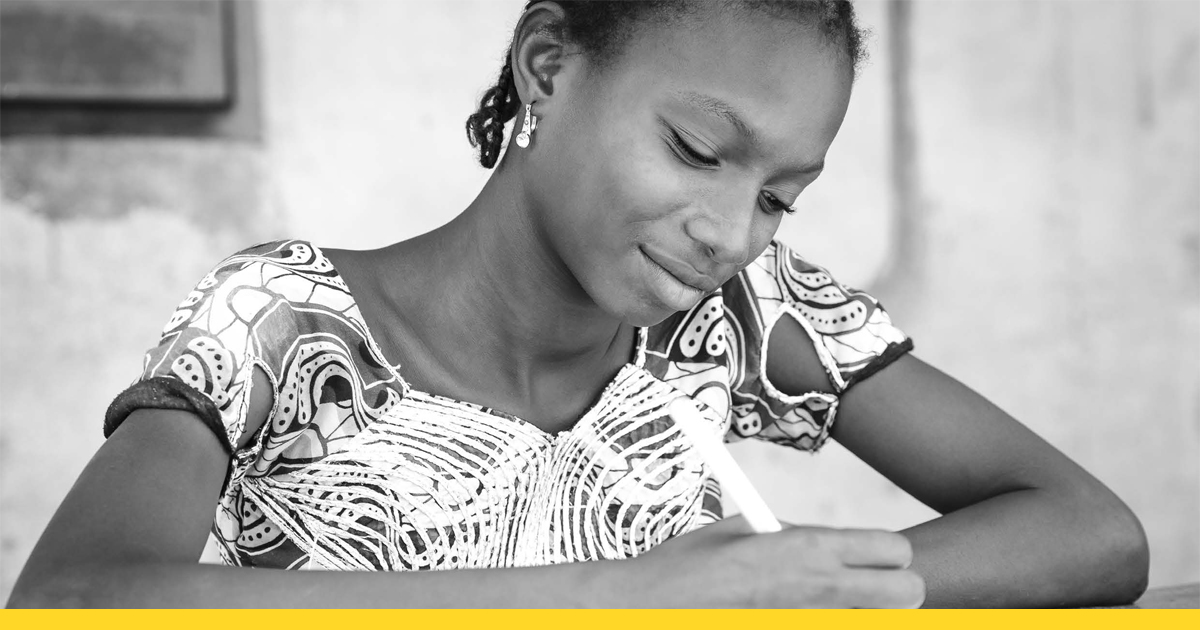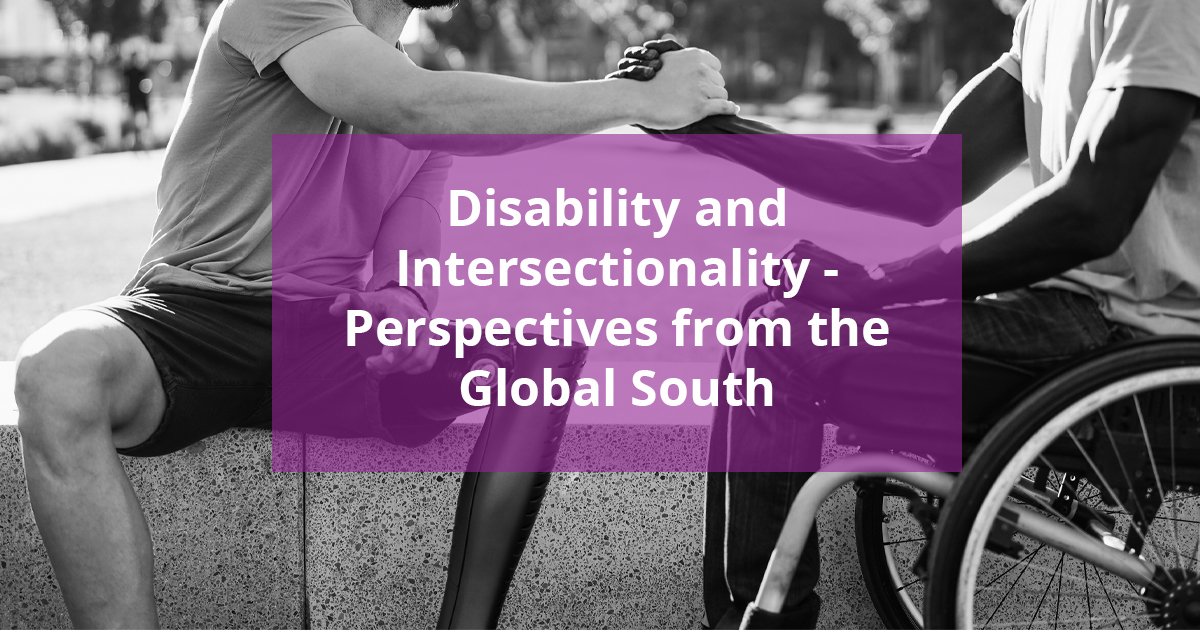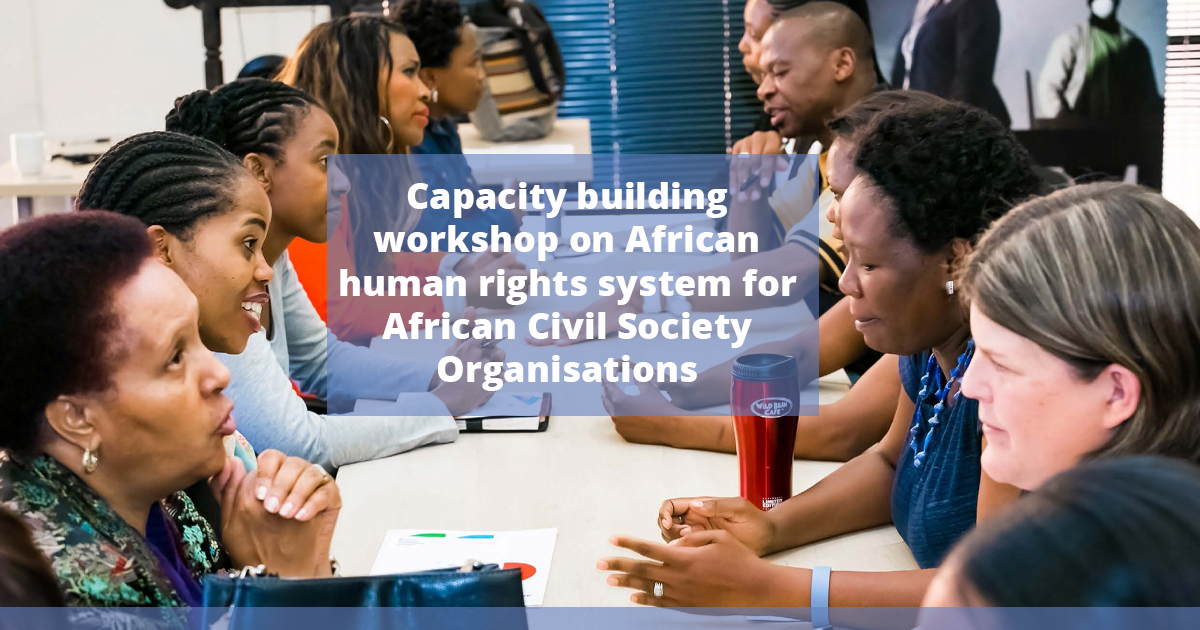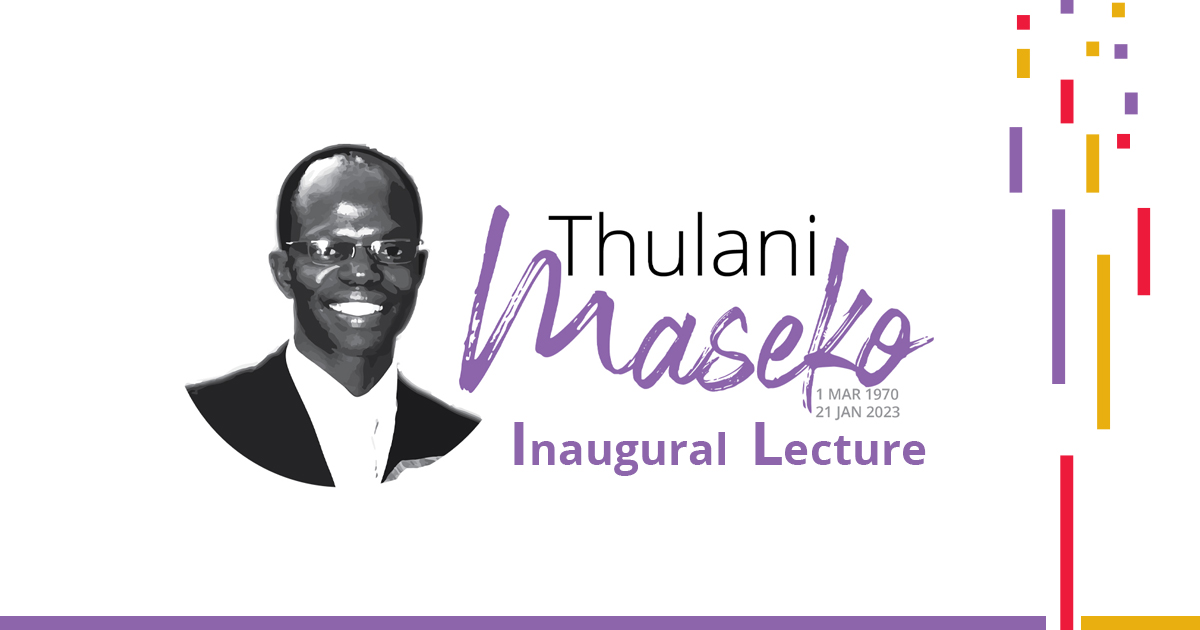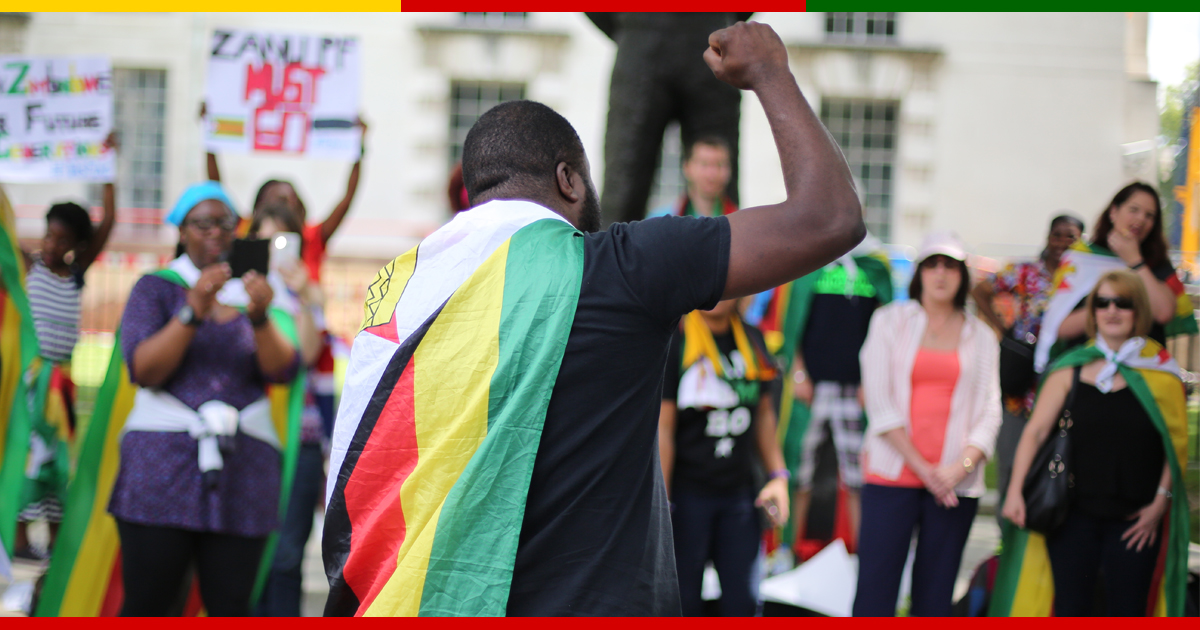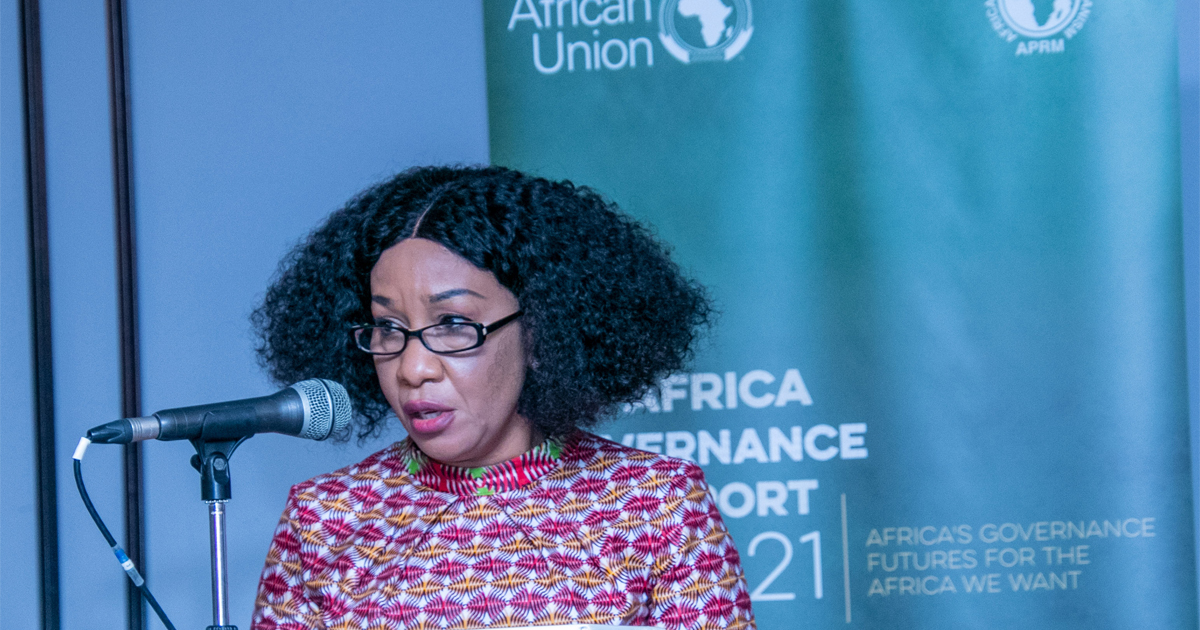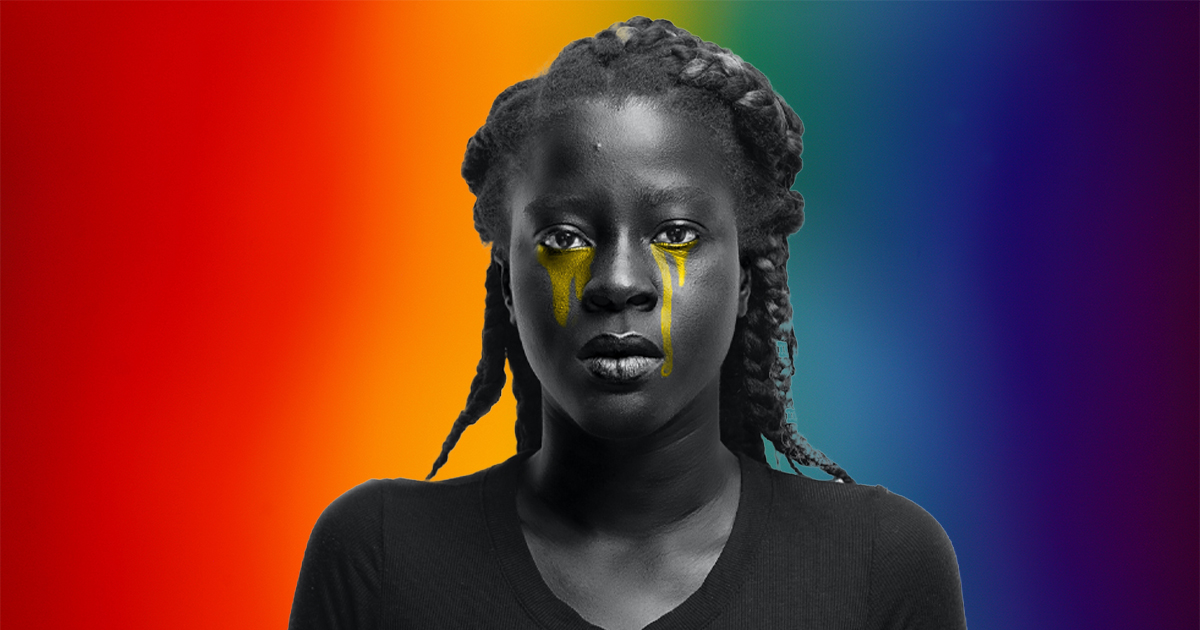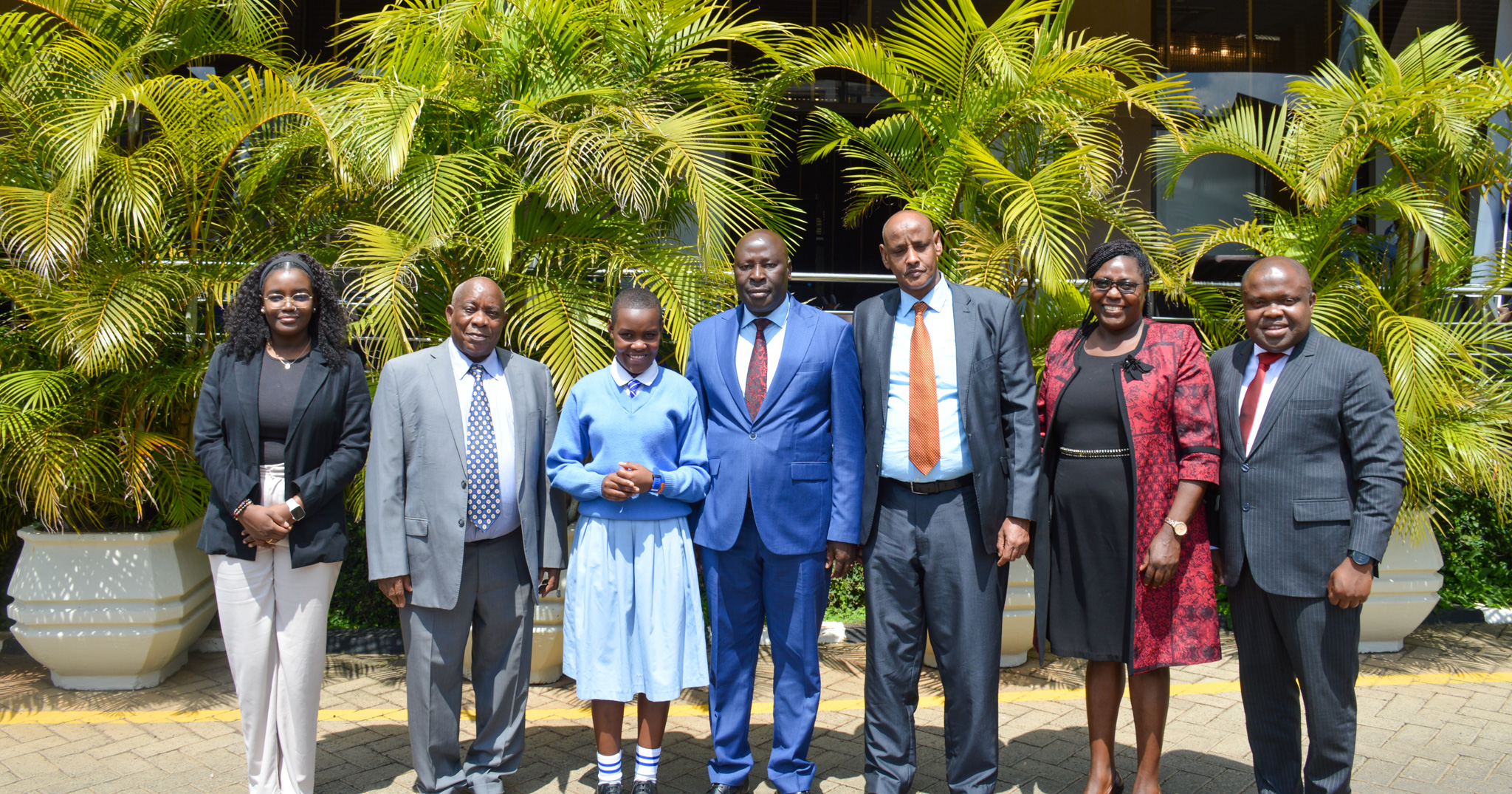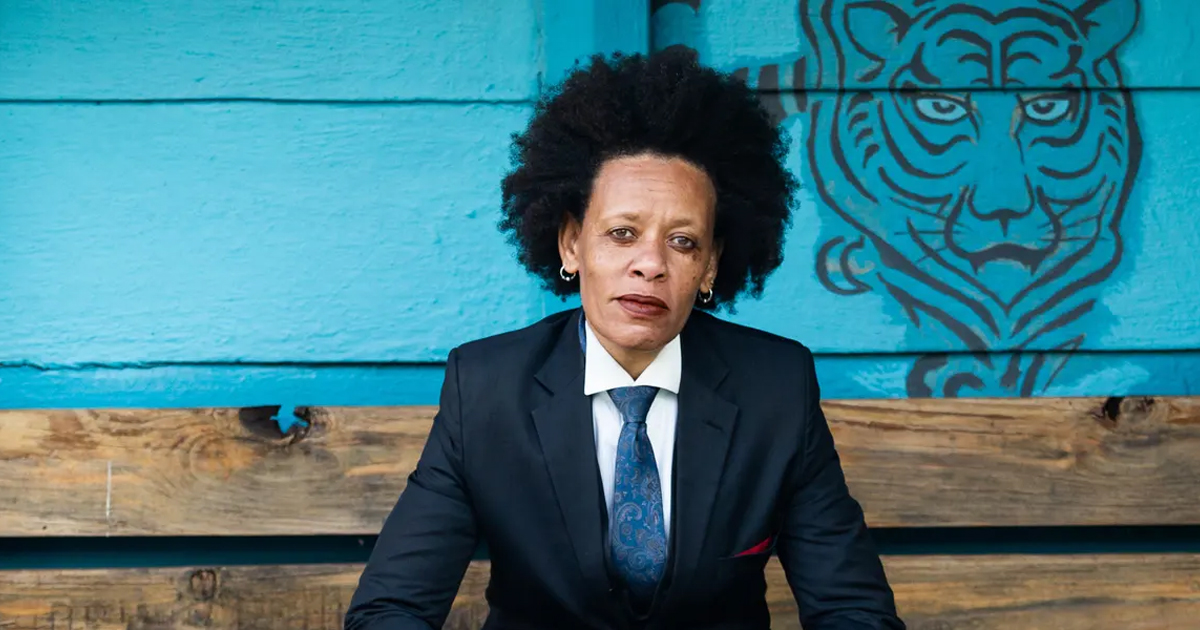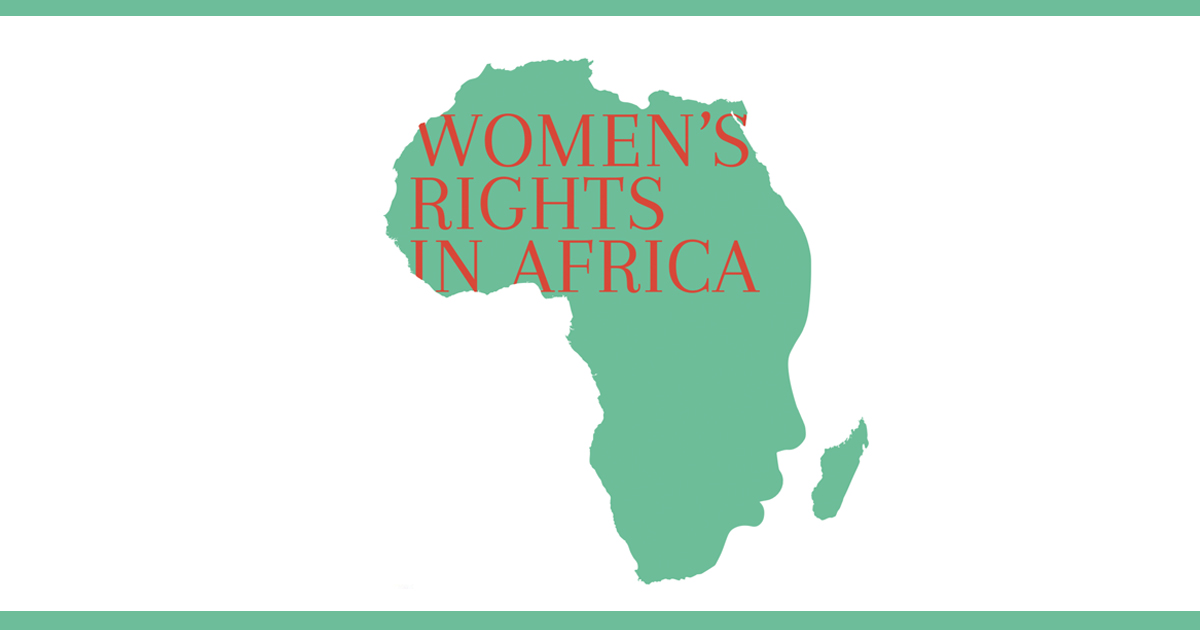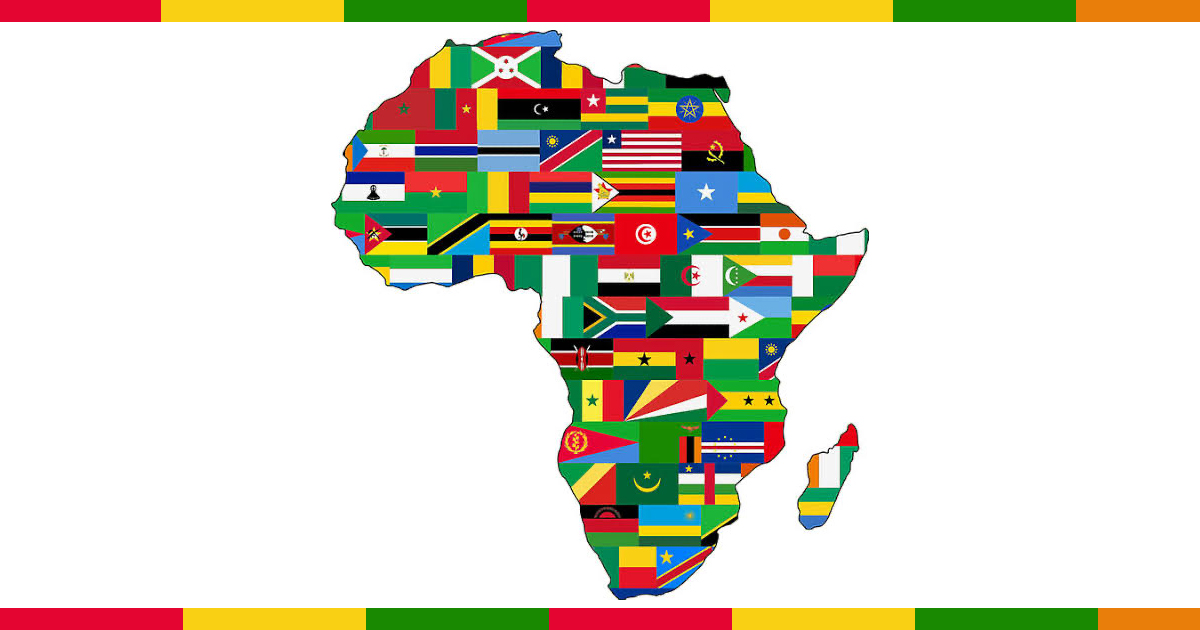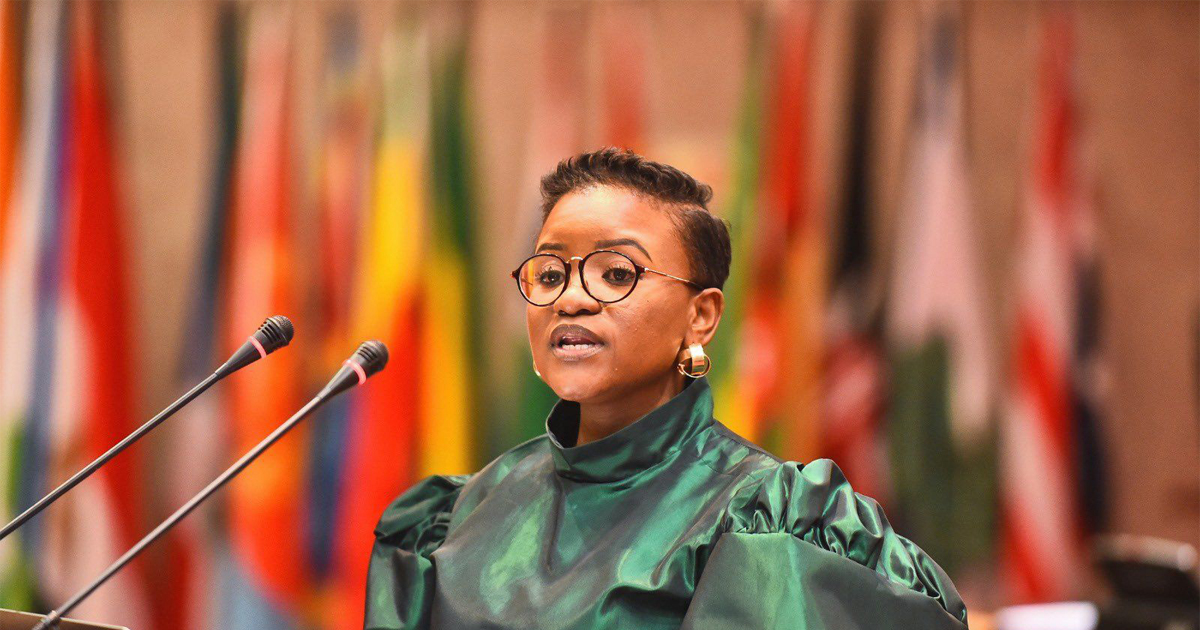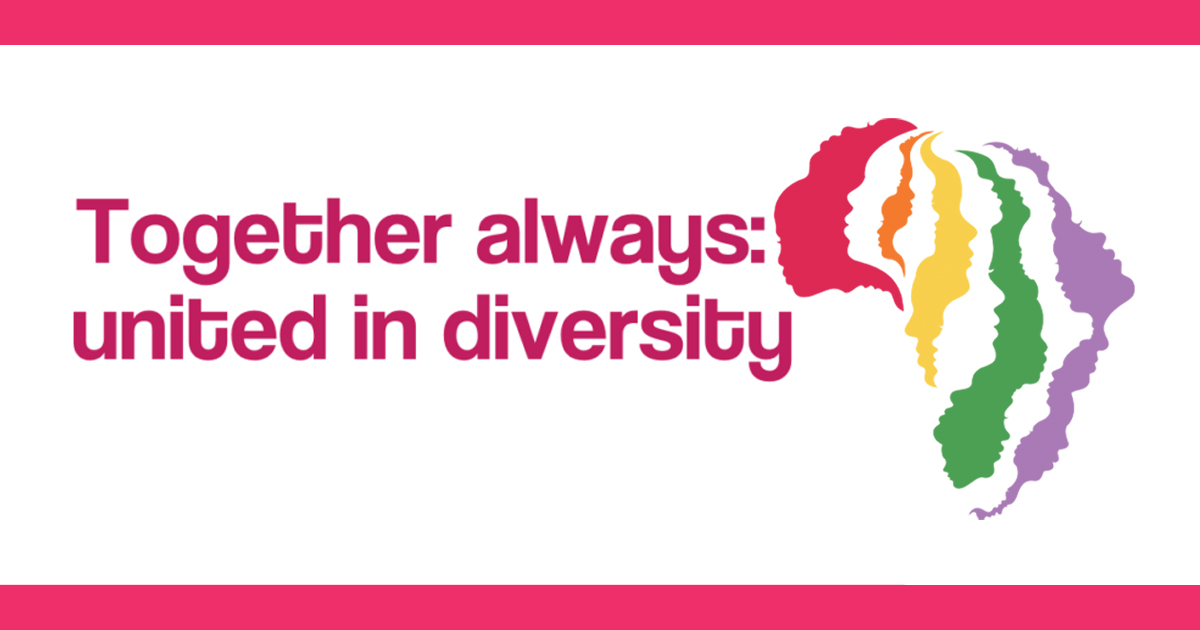- Details
The Centre for Human Rights, Faculty of Law, University of Pretoria welcomes the adoption of a resolution on ‘Combating discrimination, violence and harmful practices against intersex persons’ by the United Nations Human Rights Council during its 55th Session on 4 April 2024. Resolution #HRC55 is timely and important in so far as it recognises the discrimination, violence and harm that intersex persons are commonly subjected to because of harmful stereotypes, stigma, taboos, as well inaccurate information and misconceptions about persons with innate variations in sex characteristics.
- Details
On 27 March 2024, the Centre for Human Rights, Faculty of Law, University of Pretoria (the Centre) hosted a training with the Pretoria Aurum Institute Pop INN clinic, on the Equality Courts of South Africa to increase confidence, knowledge and capacity in seeking recourse for discrimination. Naledi Mpanza, Tholoana Mosia, Victoria Amaechi, from the Centre, coordinated the training, ensuring its success.
- Details
From 11 - 15 March 2024, the Centre for Human Rights, Faculty of Law, University of Pretoria, hosted the Advanced Human Rights Course on Disability Rights in an African context. The short course was presented using a hybrid format, with participants joining both in person at the Graduate Centre, University of Pretoria, as well as virtually via Zoom.
- Details
The Centre for Human Rights (CHR) and the Psychological Society of South Africa (PsySSA) have been formally admitted as joint amici curiae (friends of the court) in the case of Embrace Project NPC and Another v Minister of Justice and Correctional Services and Others (Case no.: 48656/2022) (“Embrace Project case”).
- Details
Arusha, March 28, 2024 - The African Human Rights Mechanisms Nomination and Selection Initiative, also known as ‘the Arusha Initiative,’ announced a campaign to help identify qualified candidates ahead of the upcoming elections to the African Court on Human and Peoples’ Rights. The aim of the campaign is to assist the State Party-led nomination process by identifying experts who meet the criteria for serving at the African Court. Given the current geographical composition of the Court, nominations are open from the East Africa, West Africa, and Central Africa regions.
- Details
The Centre for Human Rights, Faculty of Law, University of Pretoria (Centre for Human Rights), in collaboration with the African Court on Human and Peoples’ Rights (African Court) and the Coalition for an Effective African Court, will host a 2-day conference on the implementation of the decisions of the African Court. The Conference will be held from 27 - 28 June 2024 alongside the 73rd Ordinary session of the African Court) in Arusha, Tanzania.
- Details
The Centre for Human Rights, Faculty of Law, University of Pretoria, seeks to recruit a Part Time Project Assistant to be embbed withing the Womens Rights Unit.
Post information
Department : Womens Rights Unit
Duty Station : Pretoria, South Africa
Duration : 4 months
No. of positions: 1
Start Date : As soon as possible
- Details
The Centre for Human Rights, Faculty of Law, University of Pretoria, welcomes the launch of the "Principles and Guidelines for the Use of Digital and Social Media in Elections in Africa" developed by the Association of African Electoral Authorities (AAEA). The Guidelines and Principles were officially launched by Deputy President of South Africa Paul Mashatile. This notable milestone underscores the significance of integrating digital advancements while steadfastly upholding democratic values.
- Details
The Mauritius Supreme Court has declared unconstitutional a law that criminalises consensual same-sex acts between adult men. The decision boosts the trend in the Southern African Development Community (SADC) region towards decriminalisation. Now, a slight majority – nine out of 16 member states – do not prohibit gay and lesbian sexual relations.
- Details
The Centre for Human Rights (the Centre) is an academic department in the Faculty of Law at the University of Pretoria. Recognised internationally for excellence in human rights law in Africa, the Centre is uniquely positioned as both an academic department and a non-governmental organisation. A leader in human rights education in Africa, the Centre works towards a greater awareness of human rights, the wide dissemination of publications on human rights in Africa, and the improvement of the rights of women, persons with disabilities, indigenous peoples, sexual minorities and other disadvantaged or marginalised persons or groups across the continent.
- Details
The Centre for Human Rights, Faculty of Law, University of Pretoria joins the voices of many human rights defenders and organisations in condemning the passing of the Human Sexual Rights and Family Values Bill by the Parliament of Ghana on 28 February 2024.
- Details
La première suspension d’internet datamobile a été imposée le 4 février 2024 par le Ministre sénégalais de la communication, télécommunications et économie numérique en réaction au tôlée qui a suivi l’annonce par le président Macky SALL de report de l’élection présidentielle initialement prévue le 25 février 2025 sans donner de nouvelle date. Le Ministre a suspendu de nouveau l’internet, le 13 février à la suite des manifestations continues dans le pays, consécutives à l’annonce du Président SALL.
- Details
Over the past decade, more than half of African countries have shut down internet access at least once. Typically, these internet shutdowns are usually ordered by government authorities amidst major political events such as public protests and elections. Notably, in 2023, ten African countries including Ethiopia, Algeria, Mauritania, Gabon and Senegal collectively contributed to 17 new cases of internet shutdowns. Senegal is the most recent African country to order an internet shutdown in the new year and the shutdown has been instituted twice already in February 2024.
- Details
The Centre for Human Rights, Faculty of Law, University of Pretoria (UP) recently hosted the 2024 edition of the annual short course on Sexual Minority Rights in Africa. The course was presented through both virtual and physical sessions from 19 to 23 February 2024 and was attended by over 90 participants with 13 presenters from both across and outside Africa. Participants included LLM/MPhil students in both the Human Rights and Democratisation in Africa (HRDA) and the Sexual and Reproductive Rights in Africa (SRRA) Masters programmes in the Faculty of Law, UP. Other participants included researchers, academics, judicial officers, government workers, officials of selected National Human Rights Institutions, and members of civil society.
- Details
On 26 February 2024, the United Nations Independent Expert on Protection Against Violence and Discrimination Based on Sexual Orientation and Gender Identity (“IE SOGI”), in collaboration with the Centre for Human Rights (Centre), Faculty of Law, University of Pretoria, brought together global experts, academics, and activists in an online consultation for the upcoming report that will focus on the vital issues of freedom of expression, freedom of peaceful assembly, and freedom of association concerning the protection against violence and discrimination based on sexual orientation and gender identity (SOGI). The report will be the first from the newly appointed Independent Expert on SOGI Graeme Reid from South Africa, according to the office’s mandate to advance protection against violence and discrimination based on sexual orientation and gender identity.
- Details
In South Africa, racial discrimination has received considerable attention from researchers, human rights advocates and scholars. Because of South Africa’s apartheid legacy, the focus on racial discrimination is justified. Despite the focus on racial discrimination in South African society, certain population groups have been neglected. Specifically, race and colour-based discrimination against persons with albinism has received little or no attention despite the existence of anecdotal evidence indicating that persons with albinism experience this kind of discrimination daily.
- Details
On Thursday 22 February 2024, the Centre for Human Rights, Faculty of Law, University of Pretoria, in collaboration with the Embassy of the Kingdom of Belgium, the Embassy of France in South Africa, Lesotho, and Malawi (Embassy of France), and the Delegation of Flanders, successfully hosted a compelling film and panel discussion celebrating two decades of the legal recognition of Same-Sex Marriages in Belgium, France and South Africa.
- Details
The Centre for Human Rights, Faculty of Law, University of Pretoria (Centre) is deeply concerned about the political situation currently unfolding in Senegal. Following President Macky Sall’s announcement on 3 February 2024 annulling the presidential elections earlier set for 25 February 2024, the actions of the Senegalese Government have continued to threaten digital rights in Senegal. The annulment is one of the most recent developments in a series of actions taken by the government leading up to the presidential elections over the past year. These actions include internet shutdowns, attacks on media practitioners and violent crackdowns on public protests. These actions violate various human rights including the rights to freedom of expression, access to information, freedom of association, freedom of assembly, and political participation as guaranteed in domestic national laws and under international treaties ratified by Senegal.
- Details
Civil society organisations and National Human Rights Institutions engaging with the African Union (AU) human rights mechanisms call for greater transparency in the nominations and selection of its members, and a more inclusive and participatory process. This call is especially applicable to the July 2024 elections to fill three vacancies at the African Court on Human and Peoples’ Rights.
- Details
On 13 February 2024, the Centre for Human Rights, Faculty of Law, University of Pretoria, in collaboration with the South African Human Rights Commission (SAHRC), the Independent Electoral Commission (IEC), the Information Regulator (IR), the Human Research Council (HSRC), Media Monitoring Africa (MMA) and the South African National Editors’ Forum (SANEF) convened an engagement with representatives from the media and civil society, focusing on the upcoming May 2024 South African elections. The purpose of the engagement was to deliberate and strategise on monitoring and reporting on the forthcoming elections, with a specific focus on the information ecosystem, electoral transparency, and integrity. This collaborative initiative underscores the shared commitment to fostering a transparent and informed democratic process in the upcoming electoral events.
- Details
The Centre for Human Rights, Faculty of Law, University of Pretoria in coalition with Civil Society Organisations and the Pan-African Parliament Civil Society Forum, address the Assembly on the crisis at the Pan-African Parliament (PAP).
- Details
The Centre for Human Rights, Faculty of Law, University of Pretoria (the Centre) stands in solidarity with the global community in observance of World Radio Day, celebrated on 13 February annually. World Radio Day emerged from a proclamation in 2011 by UNESCO member states before being endorsed by the UN General Assembly in 2013. The day is commemorated in recognition of the significance of radio as a medium for accessible communication across the globe.
- Details
The Centre for Human Rights,Faculty of Law, University of Pretoria welcomes and applauds the recent adoption of the Resolution on mass surveillance and unlawful targeted surveillance by the African Commission on Human and Peoples’ Rights (the African Commission). Resolution 573 was adopted during the 77th Ordinary Session of the African Commission held from 20 October to 9 November 2023 in Arusha, Tanzania. The landmark Resolution on the deployment of mass and unlawful targeted communication surveillance and its impact on human rights in Africa, is a significant step by the African Commission in recognising the importance of human rights protection in an increasingly interconnected world, particularly the need to safeguard privacy rights in the face of evolving technological advancements.
- Details
The Centre for Human Rights, Faculty of Law, University of Pretoria (Centre) joins the global community in commemorating Data Protection Day 2024. Launched by the Council of Europe (CoE) in 2006, Data Protection Day was set for January 28 of every year in recognition of the day that the CoE opened its data protection convention (Convention 108) for signature. The day is now celebrated across the globe, known sometimes as International Data Privacy Day to raise awareness about data protection and privacy. In celebrating the day, the Centre notes the commitments by the African Union (AU) and its member States to ensure the protection of personal information through data protection frameworks in Africa. However, given the ever-evolving nature of data use, there is a need to increase these efforts.
- Details
Social media and artificial intelligence (AI) have become integral parts of modern society, influencing communication, information dissemination, and social interactions. However, the impact of these technologies on people with disabilities has received limited attention. This book aims to explore the intersection of social media, artificial intelligence (AI), and disability in the context of the Global South, with a focus on opportunities, challenges, and strategies for promoting inclusivity and empowerment. The rapid advancement of technology, particularly in the fields of social media and artificial intelligence (AI), has the potential to significantly impact the lives of people with disabilities in the Global South. This intersection presents both opportunities and challenges in terms of accessibility, inclusion, and empowerment. Understanding the dynamics between social media, AI, and disability in the Global South is crucial for harnessing the potential benefits and addressing the potential risks.
- Details
2023 marks 75 years since the adoption of the Universal Declaration of Human Rights (UDHR) and 25 years of the United Nations Declaration on Human Rights Defenders. The Centre for Human Rights, Faculty of Law, University of Pretoria, OHCHR Regional Office for Southern Africa (OHCHR ROSA) and the European Union Delegation in South Africa, in partnership with Ford Foundation, hosted a commemoration of this milestone on 4 December 2023.
- Details
On 23rd November 2023, the Centre hosted a conference on sexual and gender minority rights in Africa, under the theme of decriminalising anti-sodomy laws in a hostile environment. This Conference falls within the broader work of the Centre to advance sexual and reproductive rights in Africa, including those of sexual and gender minorities. The Conference was held in a hybrid format and brought together academics, researchers, legal practitioners, activists, religious leaders and students from across the continent.
- Details
On 24 November 2023, the Centre held a training workshop for officials from National Human Rights Institutions (NHRIs) focusing on the implementation of the Resolutions 275 on Protection against Violence and other Human Rights Violations against Persons on the basis of their real or imputed Sexual Orientation or Gender Identity (2014) and Resolution 552 on Promotion and Protection of the Rights of Intersex Persons in Africa (2023). The training falls within the broader work of the Centre to advance sexual and reproductive rights in Africa, including those of sexual and gender minorities. The objectives of the training were to increase the understanding of the contents and significance of Resolutions 275 and 552, to strengthen the capacity of NHRIs in the implementation of the 2 Resolutions, and to enhance the ability of NHRIs to protect and promote the rights of sexual and gender minorities in Africa.
- Details
On 4 October 2023, the Centre for Human Rights, University of Pretoria, in collaboration with the Independent Electoral Commission of South Africa (IEC), the Information Regulator (IR), the South African Human Rights Commission (SAHRC), the Human Sciences Research Council (HSRC) and Media Monitoring Africa (MMA) held an engagement with political parties and candidates in Johannesburg to discuss the role of political parties and candidates in promoting access to information ahead of the 2024 elections.
- Details
On 16 and 17 November 2023, the Centre for Human Rights, in collaboration with the Open Society Foundation, Amnesty International and the University of California, Berkeley, organised a workshop on Strategic litigation and state obligations to secure platform accountability in respect of the effects of technology on children. The workshop aimed to devise a litigation strategy holding states accountable for protecting children from the adverse effects of technology and the internet, with a focus on creating a test case for this strategy.
- Details
From 13 – 14 November 2023, the Centre for Human Rights, Faculty of Law, University of Pretoria conducted a workshop on utilising General Comments on Article 14 of the of the Protocol to the African Charter on Human and Peoples’ Rights on the Rights of Women in Africa (Maputo Protocol) as tools for Advocacy on Sexual and Reproductive Health Rights in Africa.
- Details
The Centre for Human Rights, Faculty of Law,University of Pretoria and OHCHR Regional Office for Southern Africa (OHCHR ROSA), in partnership with the Ford Foundation and the European Union (EU) Delegation in South Africa, will commemorate International Human Rights Day this year in the context of the UDHR 75th year and the 25th Anniversary of the HRDs Declaration.The Commemoration will assess progress made in advancing human rights guaranteed by the UDHR and the challenges human rights defenders face in defending human rights.
- Details
Climate change is a global problem of epic proportions, which many countries around the world, including Africa, are grappling to address through a variety of measures and interventions. In order to be effective, these measures must be informed by and aim to fulfil all human rights and fundamental freedoms, leaving no one behind.
- Details
The Centre for Human Rights, Faculty of Law, University of Pretoria (the Centre) participated in the 42nd session of the African Children’s Committee during which the Centre presented its partner statement and hosted a side event to raise awareness on the plight of intersex children in Africa on 9 November 2023.
- Details
Breaking the Binary: Intersex Remembrance Day highlights human diversity
8 November 2023 - The Centre for Human Rights (Centre), University of Pretoria joins the global community in commemorating Intersex Remembrance Day 2023. Intersex Remembrance Day, also referred to as Intersex Solidarity Day is meant to raise awareness on the issues faced by intersex persons globally. It serves as a time to reflect on the past and inspire a more inclusive future. The day was first observed in 2005, with the date having particular meaning, as it is the birthday of French Intersex activist Herculine Barbin who contributed significantly in raising awareness on intersex rights.
- Details
The Centre for Human Rights, Faculty of Law, University of Pretoria, has released volume 3 of the photobook series titled Looking through the prism: Narratives of queer dignity in South Africa. This series features photographs and narratives of the lives of LGBTIQ+ persons living in South Africa. Volume 3 of the series focuses on lesbian, bisexual and queer (LBQ) cisgender and transgender persons.
- Details
The Centre for Human Rights, Faculty of Law, University of Pretoria cordially invites you to the virtual launch of a research report on the Impact of Race and Colour on the Enjoyment of Human Rights by Persons with Albinism in South Africa.
- Details
On 25 October 2023, the Gauteng Division of the High Court of South Africa handed down a revolutionary judgement in the case of Van Wyk and Others v Minister of Employment and Labour [2023] ZAGPJHC 1213. The judgment, penned by Sutherland DJP, declared the provisions of the Basic Conditions of Employment Act, 75 of 1997 (“BECA”) relating to maternity, parental, adoption and commissioning parental leave, as well as the relevant provisions of the Unemployment Insurance Act, 63 of 2001 (“UIA”), unconstitutional and invalid.
- Details
The Centre for Human Rights (Centre) Faculty of Law, University of Pretoria, in collaboration with Pan African International, Lesbian, Gay, Bisexual, Trans and Intersex Association (PAN ILGA), held a side event on the practical steps to realising the Resolution on the Protection and Promotion of the Rights of Intersex Persons in Africa (Resolution 552) , on 19 October 2023 at the 79th session of the African Commission on Humana Peoples’(African Commission) Rights in Arusha. The side event was hosted under the umbrella of the African Civil Society Engagement (ACSE), a group of African Civil Society organisations working towards effective engagement with the African Commission.
- Details
On 24 October 2023, the Centre for Human Rights, Faculty of Law, University of Pretoria in collaboration with the Coalition for Effective African Court held a stakeholders’ dialogue on the ratification of the Protocol establishing the African Court on Human and Peoples’ Rights and increased direct access to the African Court on Human and Peoples’ Rights. The event was held as one of the Centre for Human Rights side events during the African Commission on Human and Peoples’ Rights 77 Ordinary session in Arusha, Tanzania.
- Details
The Centre for Human Rights, Faculty of Law, University of Pretoria will have a side event during the 42nd Ordinary Session of the African Committee of Experts on the Rights of the Child, focusing on the essential topic of Intersex Children's Rights.
- Details
On Monday, 2 October 2023, the Centre for Human Rights, University of Pretoria co-hosted a public forum on Mothering, Albinism and Human Rights in South Africa: The Resilience of Mothers Affected by Albinism at the Protea Hotel, Loftus Park, in Pretoria. The public forum was hosted as a collaborative effort between the Centre for Human Rights, Faculty of Law, University of Pretoria; the Department of Nursing Science, Faculty of Health Sciences, University of Pretoria; Trinity Western University, Canada; McMaster University, Canada; University of Ottawa, Canada; and University of Toronto, Canada.
- Details
On 23 October 2023, the Centre for Human Rights, Faculty of Law, University of Pretoria (the Centre) hosted a side event on the margins of the ongoing 77th Ordinary Session of the African Commission on Human and Peoples’ Rights (African Commission) taking place in Arusha, Tanzania. The side event was aimed at highlighting issues emerging from the apparent concurrence and overlap of reporting processes related to the implementation of the Maputo Protocol. The processes of concern are the State Periodic Reporting to the African Commission as outlined under the Guidelines on State Reporting under the Maputo Protocol, and the reporting under the Maputo Protocol Score Card Index which was recently adopted by the African Union.
- Details
On October 6, 2024, the Centre for Human Rights ( Centre), University of Pretoria held a training for members of the LGBTIQ+ community on accessing Equality Courts in South Africa. The event was held in collaboration with Nelson Mandela University (NMU) Transformation Office in Gqeberha.
The training is part of a larger project on Equality Courts in South Africa, aiming to raise awareness about the South African Equality Courts for the purposes of building capacity, confidence and knowledge in seeking redress for discrimination. The training began on 5 October, led by Adelaide Karomo from the NMU Transformation Office, with a short session on implicit bias and explored how bias can quickly turn into unfair discrimination.
- Details
From 12 – 13 October 2023, the Centre for Human Rights, Faculty of Law, University of Pretoria conducted the 2nd edition of its capacity building workshop for African civil society organisations on engagement with the African human rights system. The event took place at Murray Guest House Brooklyn, Pretoria.
The workshop brought together civil society organisations from various African countries. Its primary aim was to acquaint participants with the foundational frameworks of the African human rights system and the institutions overseeing these norms. Additionally, attendees gained insights into the practical aspects of interfacing with African human rights bodies, for purposes of promoting and protecting human rights in Africa.
- Details
The Centre for Human Rights, Faculty of Law, University of Pretoria , International Center for Not-for-Profit Law (ICNL) and ARTICLE 19 Eastern Africa will be hosting a side event on “the Surveillance and human rights in Africa,” to promote human rights based approaches to the practice of surveillance and raise awareness on its human rights implications. Principle 41 of the Declaration of Principles on Freedom of Expression and Access to Information in Africa (the Declaration), calls on States to undertake lawful targeted surveillance instead of indiscriminate and untargeted collection, storage, analysis or sharing of a person’s communications.
- Details
The Centre for Human Rights, Faculty of Law, University of Pretoria, cordially invites you to its 11th Annual Disability Rights Conference on 20 and 21 November 2023 which will take place in a hybrid format (Southern Sun Hotel, OR Tambo International Airport, Johannesburg; and on zoom). The theme of this year’s conference is “Climate change and disability in Africa: A human rights’ response”.
- Details
The Centre for Human Rights, University of Pretoria South Africa invites you to an event on the side-lines of the 77th Session of the African Commission on Human and Peoples’ Rights titled: ‘Dissemination of the findings of the Study on Review of Discriminatory Laws related to Violence against Women in Africa’
- Details
The Centre for Human Rights (Centre) , Faculty of Law, University of Pretoria, welcomes the two judgements of the Supreme Court of Mauritius in Ah Seek A.R.F. v The State of Mauritius and Fokeerbux N. A. & Others v The State of Mauritius which decriminalised consensual same-sex sexual conduct between adults.
- Details
The Centre for Human Rights (Centre), Faculty of Law, University of Pretoria stands in solidarity with the Chief Justice of Zambia, Dr Mumba Malila SC, who has come under attack following his remarks about the need to respect the human rights of sexual minorities in Zambia. During a public lecture commemorating the Silver Jubilee of the Supreme Court of Zambia, on 22 September 2023, held at the University of Zambia, Justice Malila was asked a question on the rights of sexual minorities in Zambia, particularly of gay persons. In his response, Justice Malila stated:
I think there is something absolutely wrong in discriminating people that are different because of their sexuality. If they are people you know who are gay, I think it is absolutely wrong in allowing them less right than you would give to anyone else. Whether people are gay or not, they are human beings at the end of the day, and human rights must be accorded to all human beings.
- Details
To commemorate this anniversary, the Centre forHuman Rights, in collaboration with Government of Flanders calls to the general public for the participationof individuals or couples who are or have been marriedunder the same-sex marriage legal system applicablein South Africa, Belgium and France to be part of theco-creation and curation process of documenting thelived realities of same-sex married couples in thesecountries through photos and videos that reflct theirjourney. Prospective participants are encouraged toindicate their interest on or before 17 October 2023.
- Details
On 27 and 28 September 2023, the Centre for Human Rights, Faculty of Law, University of Pretoria, organised a two-day virtual seminar in commemoration of the 10th anniversary of the adoption of the African Commission on Human and Peoples' Rights’ Model Law on Access to Information for Africa. The Model Law was adopted on 13 February 2013, to provide legislative guidance for developing new and reviewing existing access to information laws in line with international best practices. It contains best practices and represents a harmonised approach to access to information throughout the continent and also serves as a basis for advocating for an enhanced access to information environment. The seminar provided a platform for exploring the status of access to information in Africa, including milestones and challenges.
- Details
On September 18-19 2023, the Centre for Human Rights, Faculty of Law, University of Pretoria hosted a hybrid Human Rights Strategic Litigation and Advocacy Training Workshop to curb the adverse effects of Climate Change and environmental shocks in Africa, at the Plant Sciences Complex in the University of the Pretoria. The event brought together legal professionals, judges, and scholars from Southern Africa to explore the critical intersections of climate change, human rights, and climate justice in Africa, with a specific focus on the SADC region. The event was opened by the convener of the event, Dr Elvis Fokala and soon after, the Assistant Director of the Centre for Human Rights, Mr Lloyd Kuveya and the Dean of the Faculty of Law, Professor Elsabe Schoeman welcomed the participants to the University and wished them a very productive stay in Pretoria.
- Details
The recent developments in Nagorno-Karabakh, a month-long blockade followed by a large-scale offensive on the region by Azerbaijani forces, the protracted conflict and the ensuing humanitarian tragedy have brought great sorrow to the lives of the most vulnerable members of our society, children. Many children faced the harsh realities of malnutrition and limited access to food due to severe shortages caused by the blockade and critical infrastructure damage. Since last week, many children in Nagorno-Karabakh have been brutally killed or injured in their homes or in the streets, or went missing. In the last days, after the cease-fire, hundreds of children along with their families have been deprived of food, sanitation, and shelter, and under difficult circumstances have been forced to seek refuge in Armenia.
- Details
On 15 September 2023, the Centre for Human Rights, Faculty of Law, University of Pretoria, held its 5th edition of the African human rights bodies case discussion series at Southern Sun Hotel, Pretoria. The African human rights bodies case discussion series is part of the Centre for Human Rights efforts to improve the implementation and impact of the jurisprudence of African human rights bodies by providing a platform for stakeholders to discuss and engage with critical aspects of decisions of African human rights bodies. The 5th edition focused on the decisions of the African Commission on Human and Peoples’ Rights (African Commission) in the cases of Justice Thomas S. Masuku v The Kingdom of Swaziland and Equality Now and Ethiopian Women Lawyers Association (EWLA) v the Federal Republic of Ethiopia.
Webinar Invitation: Launch of reports on Proactive Disclosure of Information and Elections in Africa
- Details
The Centre for Human Rights and its partners ARTICLE 19 Eastern Africa, and ARTICLE 19 Western Africa invite stakeholders to the launch of the reports on Proactive Disclosure of Information and Elections in Africa. The reports assessed state compliance with the African Commission on Human and Peoples’ Rights 2017 Guidelines on Access to Information and Elections in Africa (the Guidelines).
- Details
On 8 September 2023, the Centre for Human Rights, Faculty of Law, University of Pretoria in partnership with the Centre for Democracy and Development (CDD) and Parliamentary Network Africa (PNAfrica), hosted a high-level discussion regarding civil society entry points into the African Union (AU). The discussion took place in Accra, Ghana with participants from various civil society organisations (CSOs) across Africa.
- Details
On 18 August 2023, the UN Committee on the Rights of Persons with Disabilities marked the one-year anniversary of adoption of its Guidelines on Deinstitutionalization, including in Emergencies (CRPD/C/5). Watch the official recording on UN Web TV here.
The Global Coalition on Deinstitutionalization (‘GC-DI’) is a collection of seven leading international organizations of persons with disabilities and civil society organizations. It was formed around the collective goal of promoting deinstitutionalization of persons with disabilities, under Article 19 of the Convention on the Rights of Persons with Disabilities (‘CRPD’).
- Details
Decriminalisation of anti-sodomy laws in an increasingly hostile environment in Africa
23 November 2023
The Centre for Human Rights, University of Pretoria, is convening a conference on sexual and gender minority rights in Africa under the theme decriminalisation of anti-sodomy laws in an increasingly hostile environment on sexual and gender minority rights in Africa. The aim of the conference is to critically analyse how anti-sodomy laws can be decriminalised under the prevailing hostile legal and political environment against sexual and gender minority rights in Africa. The conference will be held in hybrid format on 23 November 2023 in South Africa and online. It is anticipated that papers presented at this conference will be reworked by authors and submitted to be part of an edited book on decriminalisation of Anti-sodomy laws in Africa.
- Details
The Centre for Human Rights, Faculty of Law, University of Pretoria seeks the consultancy services of an experienced consultant with research expertise to conduct a study to document the impact of digital violence on Sexual and Reproductive Health Rights (SRHR) of women in Africa and measures taken by states to protect women from and respond to violence in the digital sphere.
- Details
2023 marks the 10th anniversary of the African Commission on Human and Peoples’ Rights’ (African Commission) adoption of the Model Law on Access to Information for Africa (the Model Law). Centre for Human Rights, University of Pretoria will be organising a commemorative seminar on 27 and 28 September 2023, which aims to explore the status of access to information in Africa.
- Details
The Centre for Human Rights, University of Pretoria (the Centre), and the Ministry of Foreign Affairs and International Cooperation (MFAIC) held a two-day Validation Workshop on the State Report of the Republic of Sierra Leone as required under the African Charter on Human and Peoples’ Rights (African Charter) and the Protocol to the African Charter on Human and Peoples’ Rights on the Rights of Women in Africa (Maputo Protocol). The Workshop was held from 1 to 2 August 2023 in Freetown, Sierra Leone. Sierra Leone ratified the African Charter in September 1983 and the Maputo Protocol in July 2015, and as of January 2023, had three outstanding reports on the African Charter. Sierra Leone is also yet to report on the Maputo Protocol since ratification.
- Details
To celebrate 20 years of the Protocol to the African Charter on the Rights of Women in Africa (Maputo Protocol), the African Commission on Human and Peoples’ Rights (Office of the Special Rapporteur on the Rights of Women in Africa) calls for newsletter article contributions.
- Details
On 3 - 4 August 2023, the Centre for Human Rights (the Centre), University of Pretoria, hosted a training on litigation of SRHR claims before national and regional mechanisms in Africa, at the Southern Sun Hotel in Pretoria, South Africa. The training was attended by over 40 practitioners of sexual and reproductive health and rights (SRHR). The participants were drawn from several African countries, including South Africa, Mauritius, Botswana, Nigeria, Kenya, Zambia, DRC, Zimbabwe, Malawi and Uganda.
- Details
From 24 to 25 July 2023, the Centre for Human Rights, Faculty of Law, University of Pretoria collaborated with the office of the Ombudsperson for Children in Mauritius to host a capacity building on the ‘Rights of Children with Disabilities in the African Human Rights System’.
- Details
2023 marks the 10th anniversary of the African Commission on Human and Peoples' Rights' (African Commission) adoption of the Model Law on Access to Information for Africa (the Model Law). The Model Law was adopted on February 13, 2013 and provides guidance on Member States' legislative obligations in promoting and protecting the right to access information as outlined under article 9 of the African Charter on Human and Peoples' Rights (the African Charter) and other relevant instruments such as the Declaration of Principles on Freedom of Expression and Access to Information in Africa and the Guidelines on Access to Information and Elections in Africa.
- Details
On 2 August 2023, the Centre for Human Rights, Faculty of Law, University of Pretoria, hosted a child-led conference on children’s mental health in Schools in Africa, on its Hatfield Campus. The conference was attended by children nationals from Cameroon, Ethiopia, Democratic Republic of Congo, Kenya, South Africa, Malawi and Zimbabwe.
- Details
Bringing together over 18 activists and lawyers, the Centre for Human Rights (Centre) held a capacity building workshop on strategic litigation and advocacy for LGBTIQ+ Advocates in Africa from 24 to 28 July, 2023. The capacity building workshop which has been held annually for the last 4 years aims at enhancing the skills of experienced activists in Africa in strategic litigation and advocacy towards the protection of sexual and gender minorities on the continent.
- Details
On 20-21 July 2023, the Centre for Human Rights and the Pan-African Parliament Civil Society Forum (PAP CSO Forum), in partnership with the Parliamentary Network Africa (PNAfrica) convened a meeting in Cote d’Ivoire with some of the West African key actors to establish a formal mechanism of engagement between the PAP and civil society.
- Details
The Centre for Human Rights, University of Pretoria, and the Zimbabwe chapter of the Media Institute of Southern Africa (MISA), hosted a multi-stakeholder engagement on 27 and 28 June 2023 in Harare, Zimbabwe. The engagement sought to promote a healthy information ecosystem throughout the Zimbabwean election process by enhancing access to information and promoting rights-based approaches to addressing the disinformation challenge.
- Details
To mark the 20th anniversary of the adoption of the Protocol to the African Charter on Human and Peoples’ Rights on the Rights of Women in Africa (Maputo Protocol), the Centre for Human Rights, University of Pretoria and the Faculty of Law, University of Nairobi launched two books published by the Pretoria University Law Press (PULP). The book launch took place in Nairobi, Kenya on 13 July 2023. The publications were launched in celebration of the Maputo Protocol turning 20 on 11 July 2023.
- Details
With the 2024 South African National Elections around the corner, the Democracy and Civic Engagement Unit at the Centre for Human Rights in Partnership with the Australian High Commission, South Africa convened a space in which young South Africans could engage on matters related to governance, democracy and stability on 14-15 July 2023. The democracy capacity building workshop was guided by the theme “Encouraging Youth Participation in South Africa’s Democracy.”
- Details
The Centre for Human Rights, Faculty of Law, University of Pretoria (Centre) co-hosted a virtual meeting on colonialism and sexual orientation and gender identity with the United Nations Independent Expert on Sexual Orientation and Gender Identity on 6 July 2023. The meeting brought together experts on colonialism, coloniality and decolonisation in relation to sexual and gender diversity from across the world.
- Details
LEGAL AND HUMAN RIGHTS CENTRE AND CENTRE FOR REPRODUCTIVE RIGHTS V UNITED REPUBLIC OF TANZANIA (The reproductive rights case)
The Centre for Human Rights, Faculty of Law University of Pretoria would like to invite you to the 4th edition of its case discussion series on decisions of African human rights bodies.
- Details
As part of the African women’s movement, the Centre for Human Rights, Faculty of Law, University of Pretoria, and the Solidarity for African Women’s Rights (SOAWR) convened with other women’s rights organisations in Nairobi, Kenya for the Annual General Meeting on 9 July 2023. The SOAWR AGM took place ahead of a two-day celebration of the Maputo Protocol anniversary on 10 and 11 July 2023 in collaboration with the African Union and the Government of Kenya, as the host state. The Centre financially supported representatives of 5 member organisations based in the Southern Africa region to participate in the AGM and the pivotal anniversary celebrations on 10 and 11 July 2023.
- Details
In pursuit of the ideals of excellence, the University of Pretoria wishes to invite applications for the following vacancy. The University of Pretoria's commitment to quality makes us one of the top research Universities in the country and gives us a competitive advantage in international development.
- Details
On 22 June 2023, the Centre for Human Rights (CHR) and the Centre for Sexualities, AIDS, and Gender (CSA&G) University of Pretoria, in collaboration with the Center for Gender Studies and Feminist Futures (CGS) and the Center for Conflict Studies (CCS) at the Philipps-University Marburg, hosted the series finale of the Pretoria-Marburg Queer Conversations.
- Details
The Centre for Human Rights, Faculty of Law, University of Pretoria, is concerned about the unwarranted and unlawful assaults on lawyers using brutal acts of violence and the criminal justice system in two autocratic states preparing for elections within the next two months. The governments of Zimbabwe and Eswatini will hold elections in August and September 2023, respectively, in an atmosphere of fear and intimidation of dissenting voices.
- Details
The Centre for Human Rights, University of Pretoria, is convening a conference whose theme is ‘Climate Change and Disability in Africa: A Human Rights Response.’ The aim of the conference is two-fold: 1) to critically appraise laws, policies, practices, programmes, polities and ideologies that relate to the rights of persons with disabilities in Africa, in the context of climate change and 2) to suggest remedial responses (domestically, regionally and globally) to address violations of the rights of persons with disabilities in climate crises. The conference will be held in hybrid format from 20 – 21 November 2023. It is anticipated that papers presented at this conference will be reworked by authors and submitted for consideration for publication in the 2024 volume of the African Disability Rights Yearbook. www.adry.up.ac.za
- Details
From the 20th to the 22nd of June 2023, the University of Pretoria’s (UP) faculty of law, Centre for Human Rights’(CHR), Expression, Information and Digital Rights Unit, in collaboration with the Transformation Resource Centre (TRC), hosted a digital rights capacity-building workshop for parliamentarians in Maseru, Lesotho.
- Details
On 30 June 2023, in Menlyn, Pretoria, esteemed jurists and legal experts gathered to enhance their knowledge and awareness of LGBTIQ+ issues in South Africa. The event was part of an ongoing Equality Courts project, sponsored by the European Union, empowering communities, and presiding officers in the fight for equality and justice.
- Details
The Centre for Human Rights, Faculty of Law, University of Pretoria and the Faculty of Law, University of Nairobi cordially invite you to a launch of two publications recently published by the Pretoria University Law Press. The two publications will be launched in celebration of the 20th anniversary of the Protocol to the African Charter on Human and Peoples’ Rights on the Rights of Women in Africa (Maputo Protocol). The Maputo Protocol turns 20 on 11 July 2023.
- Details
The year 2023 marks 75 years since the Universal Declaration of Human Rights was passed, yet the passing of Human rights lawyer Thulani Maseko on 21 January 2023 has demonstrated the long fight for human rights and democracy continues. With nearly half a year passed since the death of Thulani Maseko, there is still no justice and accountability.
“We are caught between hope and fear - hope for democracy and fear of being assassinated.” – Thulani Maseko.
- Details
The Centre for Human Rights, the Centre for Child Law both at the Faculty of Law at the University of Pretoria, and the Dullah Omar Institute at the Faculty of Law at the University of the Western Cape successfully hosted the annual Advanced Human Rights Course on Children's Rights in Africa from 19 to 23 June 2023.
- Details
The Centre for Human Rights, Faculty of Law, University of Pretoria invites applications from litigators and other stakeholders passionate about sexual and reproductive health and rights (SRHR), for a capacity building training on litigation of SRHR claims before national and regional mechanisms in Africa. The training is scheduled to take place from 3-4 August 2023 in Pretoria, South Africa.
- Details
The Centre for Human Rights, Faculty of Law, University of Pretoria (Centre) and KADIRAT, Tunisia hosted a three-day Workshop on State Reporting under the African Charter on Human and Peoples’ Rights (the African Charter) and the Protocol to the African Charter on Human and Peoples’ Rights on the Rights of Women in Africa (the Maputo Protocol) from 15 to 17 June 2023 in Tunis, Tunisia. The overall objective of the workshop was to strengthen Tunisia’s capacity to comply with its state reporting obligations under the African Charter and the Maputo Protocol. The Workshop was also aimed at disseminating information to non-governmental stakeholders on the African human rights system.
- Details
The second session of the 2023 Pretoria-Marburg Queer Conversations took place on Africa Day, 25 May, in a joint effort by the Centre for Human Rights (CHR), Faculty of Law and the Centre for Sexualities, AIDS, and Gender (CSA&G), University of Pretoria, along with the Centre for Gender Studies and Feminist Futures (CGS) and the Centre for Conflict Studies (CCS) at the Philipps-University Marburg. These conversations have emerged from a shared interest in addressing LGBTIQ+ and queer identities among the participating centres.
- Details
The Centre for Human Rights, Faculty of Law, University of Pretoria (Centre), cordially invite you to a panel discussion on the decision of the African Committee of Experts on the Rights of the Child (African Children’s Committee), communication No: 0012/Com/001/2019, Legal and Human Rights Centre and Centre for Reproductive Rights (on behalf of Tanzanian girls) v United Republic of Tanzania (Reproductive Rights case).
- Details
The concept of intersectionality was first introduced by Kimberlé Crenshaw to describe how Black women experience multiple forms of oppression and discrimination that cannot be understood or addressed solely by looking at race or gender separately. However, the concept has since been expanded to include other forms of oppression and marginalization beyond race and gender, such as class, sexuality, ability, and age. Disability scholars such as Rosemarie Garland-Thomson, Kim Nielsen, Simi Linton and many others used the concept of intersectionality in demonstrating how social constructions of disability intersect with other social categories to create conditions of discrimination and marginalization. Rosemarie Garland-Thomson has argued that disability is not just a medical condition, but also a social and cultural category that intersects with other identities, to frame the experiences of persons with disabilities.
- Details
The Centre for Human Rights, Faculty of Law, University of Pretoria, is organising a capacity-building workshop on engagement with the African human rights system for African civil society organisations (CSOs). The capacity-building workshop is a two-day training workshop scheduled for Friday 12-13 October 2023.
- Details
The Centre for Human Rights, Faculty of Law, University of Pretoria in collaboration with the University of eSwatini faculty of law, Law Society of eSwatini and CANGO cordially invites you to the Inaugural Memorial lecture in honour of its alumnus, Thulani Rudolf Maseko.
- Details
The Centre for Human Rights, Faculty of Law, University of Pretoria is concerned with the passage of the Criminal Law (Codification and Reform) Amendment Bill H.B 15 of 2022 (Patriot Bill) in Zimbabwe’s House of Assembly. The Patriot Bill, which was passed on 31 May, is overbroad, curtails freedom of expression, suppresses freedom of association and assembly and restricts political participation. The Patriot Bill proposes, among other things, to criminalises meetings with foreign governments for purposes of planning military intervention or calling for economic sanctions. The Bill will become law only after the Senate, the second parliamentary house, adopts it, and if President Mnangagwa assents to it.
- Details
The Centre for Human Rights, Faculty of Law, University of Pretoria, welcomes the appointment of Lindiwe Khumalo as the new Clerk of the Pan-African Parliament (PAP). This appointment comes at a crucial juncture for the PAP. Over the past couple of years, uncertainty and institutional challenges have persisted, including the presence of an acting Clerk for over a year.
- Details
The Anti-Homosexuality Act of 2023, became law in Uganda on 26 May 2023, after President Yoweri Museveni had assented to the Bill. This recent development is the culmination of a process that has defied reason in its bid to erase the rights and dignity of sexual and gender minorities in Uganda, and in respect of which the Centre for Human Rights, Faculty of Law, University of Pretoria (Centre), expressed deep concern for the inevitable violation of human rights that will occur.
- Details
Over two days, 25 and 26 May 2023, the Centre for Human Rights, Faculty of Law, University of Pretoria in collaboration with the National Council for Children’s Services and Ministry of Labour and Social Protection convened in Nairobi Kenya for the second workshop on promoting child participation in development frameworks in Africa and strengthening the African base of the Global Child Leading Team.
- Details
The Pretoria-Marburg Queer Conversations team hosted Dr Bev Ditsie in an online webinar titled 'Where is the joy? Portrayals and depictions of LGBTIQ+ persons'. The event took place on Freedom Day, 27 April wich falls during International Lesbian Week of Visibility, and was attended by colleagues and networks working with the affiliated Centres at the University of Pretoria and Phillips-Marburg. Bev Ditsie is a renowned lesbian activist, artist, and filmmaker.
- Details
On 15 – 19 May 2023, the Centre for Human Rights, Faculty of Law, University of Pretoria (the Centre) hosted an Advanced Human Rights Course on Women's Rights in Africa.
- Details
South Africa, like the rest of Africa – and the world – celebrates ‘Africa Day’ today. This day, 25 May, is the date on which, 60 years ago, the Organisation of African Unity (OAU) was founded. The OAU was in 2002 transformed into the African Union (AU), with its inaugural session being held in Durban, South Africa, on 9 July 2002. Because the roots of ‘formalised pan-Africanism’ are traced back to 1963, the date of the OAU’s founding still marks ‘Africa Day’.
- Details
At an historic meeting on 19 May 2023 at the Pan African Parliament (PAP), in Midrand, a group of civil society organisations, under the umbrella of the PAP Civil Society Organisations (CSO) Forum, for the first time formally met with Members of the PAP (MPAPs) in a Parliamentary Dialogue as part of the PAP’s May 2023 ongoing session. The meeting signalled the recognition by the PAP of the importance of civil society, and the ambition of the PAP to be a genuine peoples’ parliament. The PAP CSO Forum PAP presented recommendations to the MPAPs pertaining to the relationship between the PAP and civil society, human rights, peace and security, the Free Movement of Peoples Protocol and the Malabo PAP Protocol. MPAP Pemmy Majodina, Chief Whip of the ANC, chairing the Parliamentary Dialogue, undertook that the recommendations would be further discussed by the relevant PAP Committees, and that part of the PAP’s next session would be devoted to discussing them.
- Details
On 17 May 2023, the Centre for Human Rights, Faculty of Law, University of Pretoria (Centre) commemorated the International Day Against Homophobia, Biphobia and Transphobia (IDAHOBIT). The Centre commemorated the day by hosting two events centred around this year’s theme of ‘together always: united in Diversity’, in collaboration with its networking partners Alliance Française, the South African Institute for Advanced Constitutional, Public, Human Rights and International Law (SAIFAC), at the University of Johannesburg, with the support of the Embassy of the Kingdom of Netherlands.
- Call for Abstract: Conference on implementation and domestic impact of the decisions of the African Commission on Human and Peoples’ Rights
- Press Statement: Detention of South African citizens by United Arab Emirates was reported to the United Nations Working Group on Arbitrary Detention
- Civil Society engagement with the Pan-African Parliament- SADC Chapter
- Seminar Invitation: 'The Uganda Anti-Homosexuality Bill – does it constitute an International Crime?’

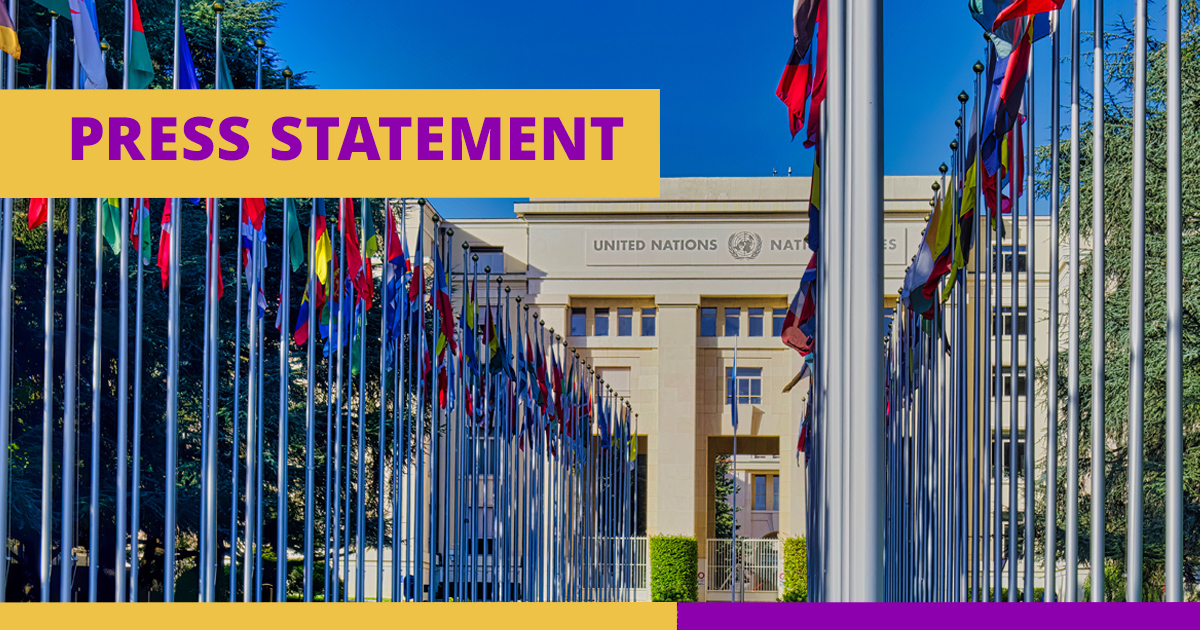
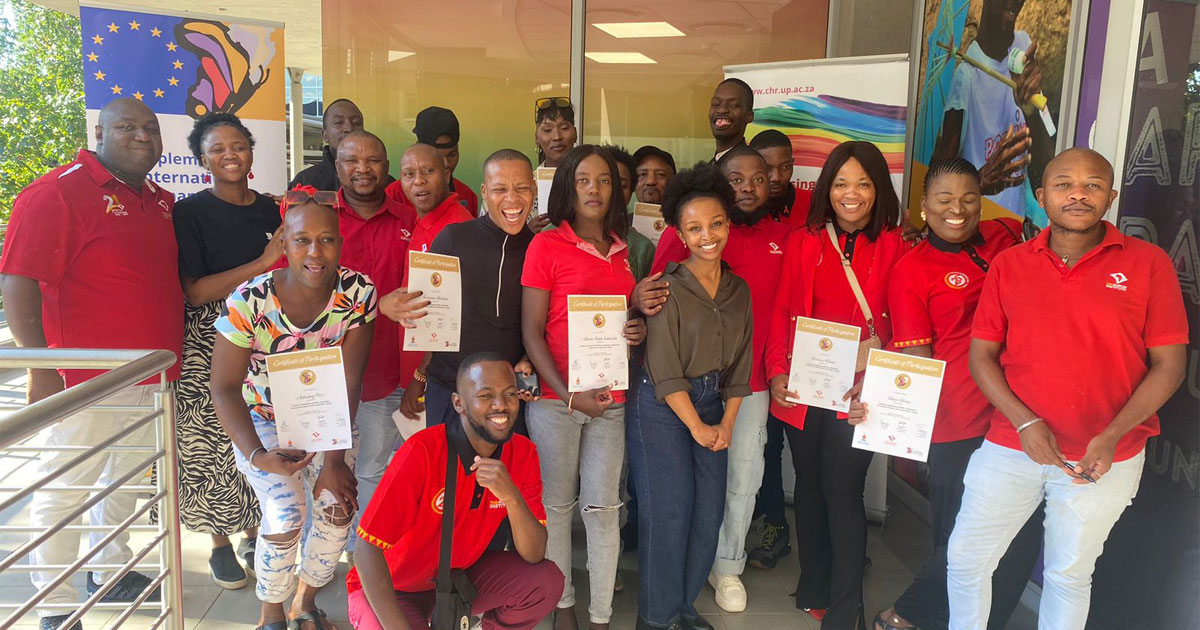
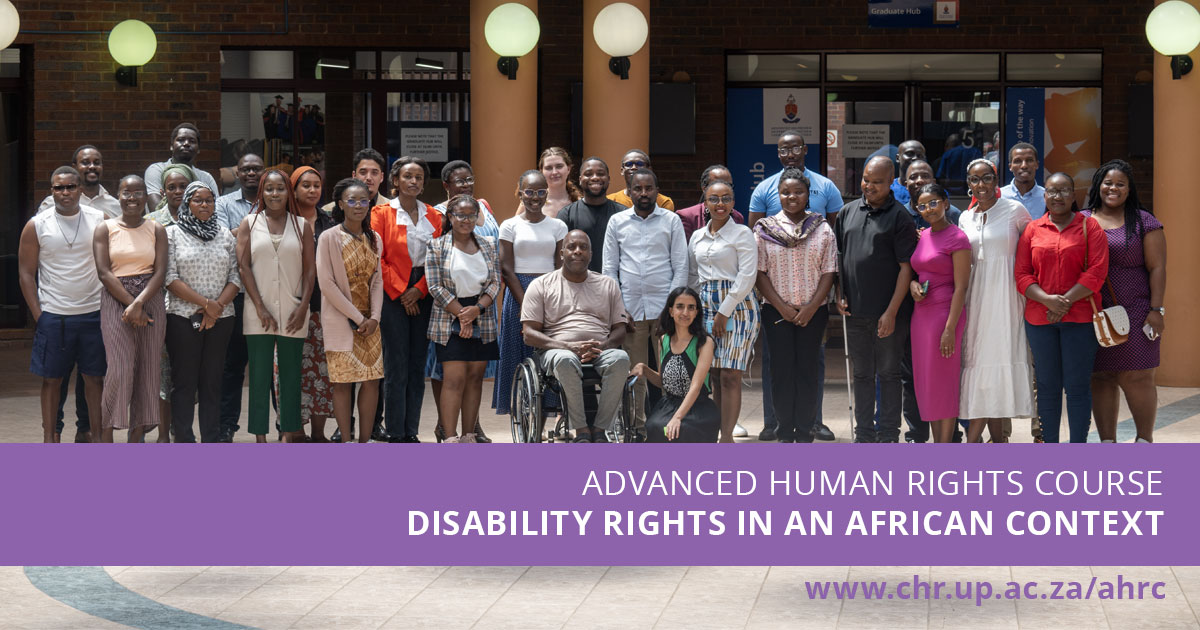
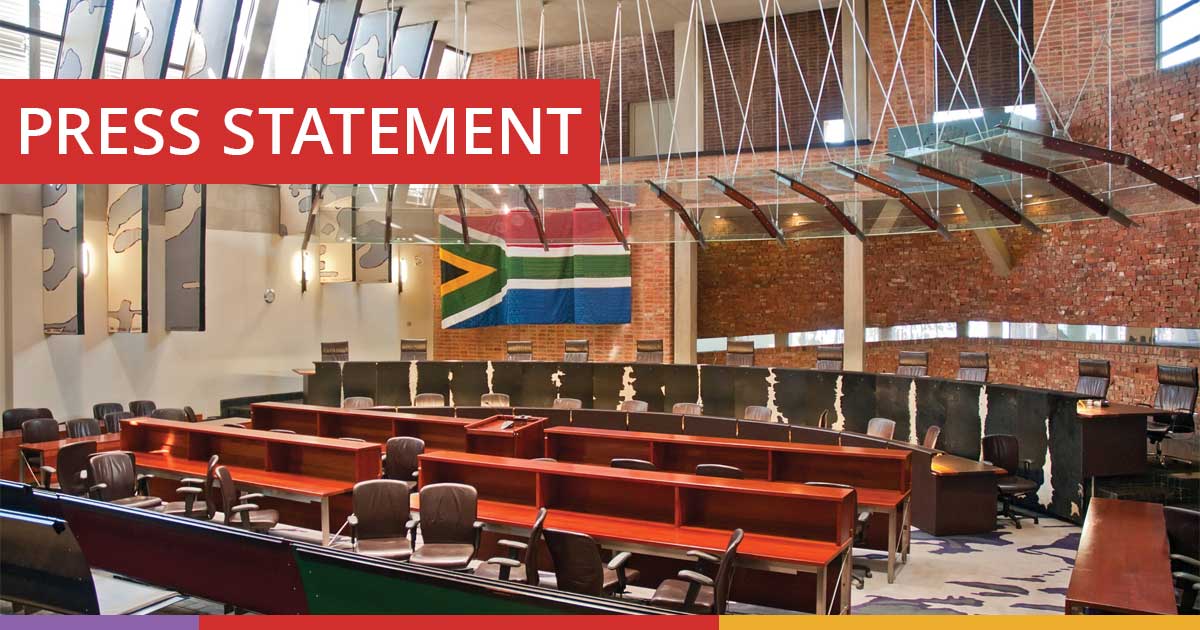
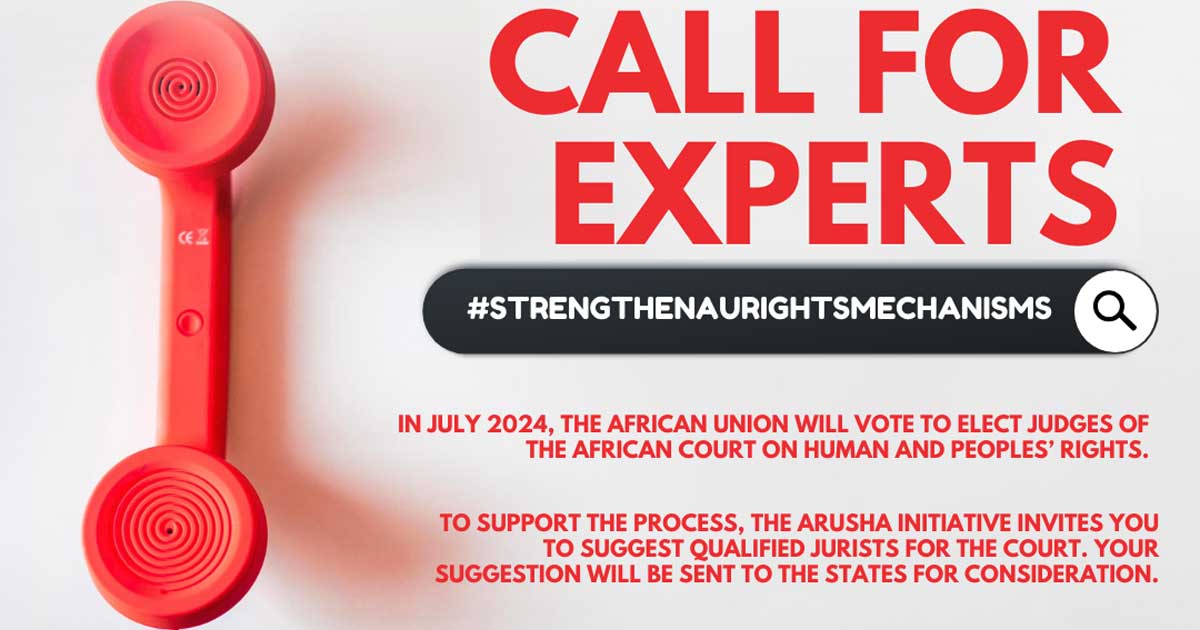
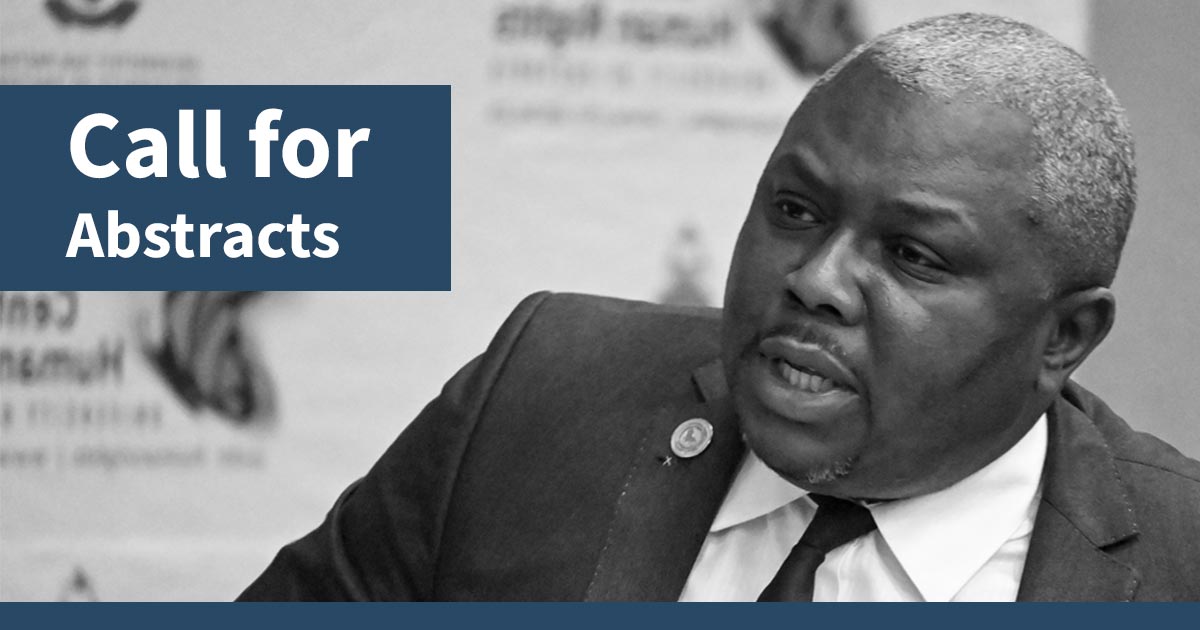



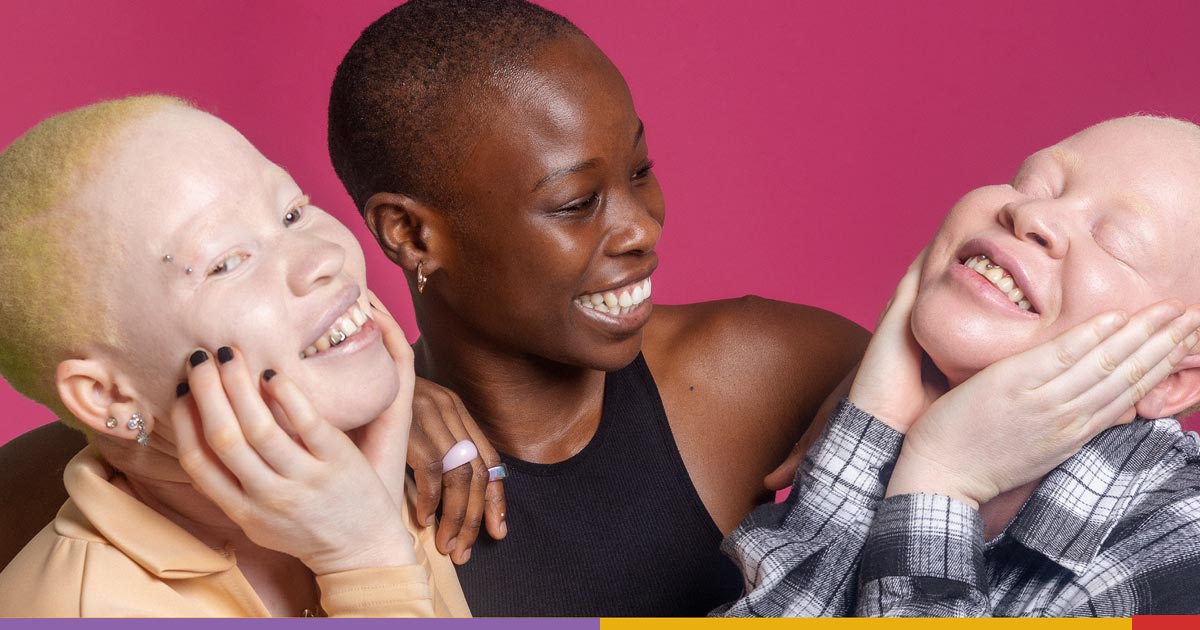
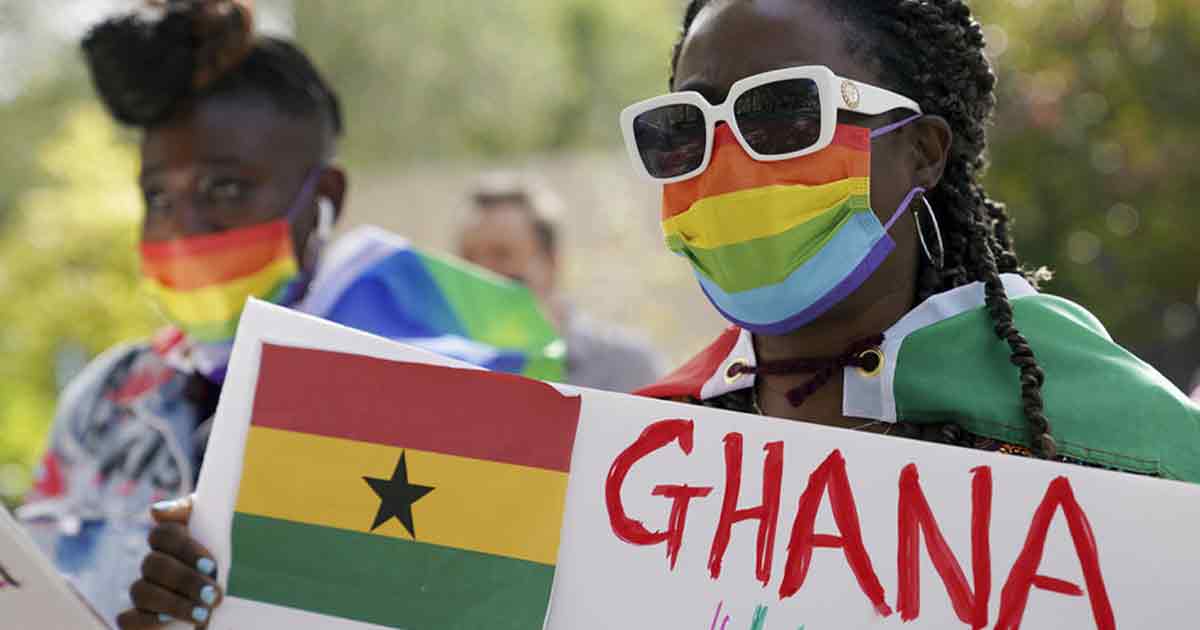
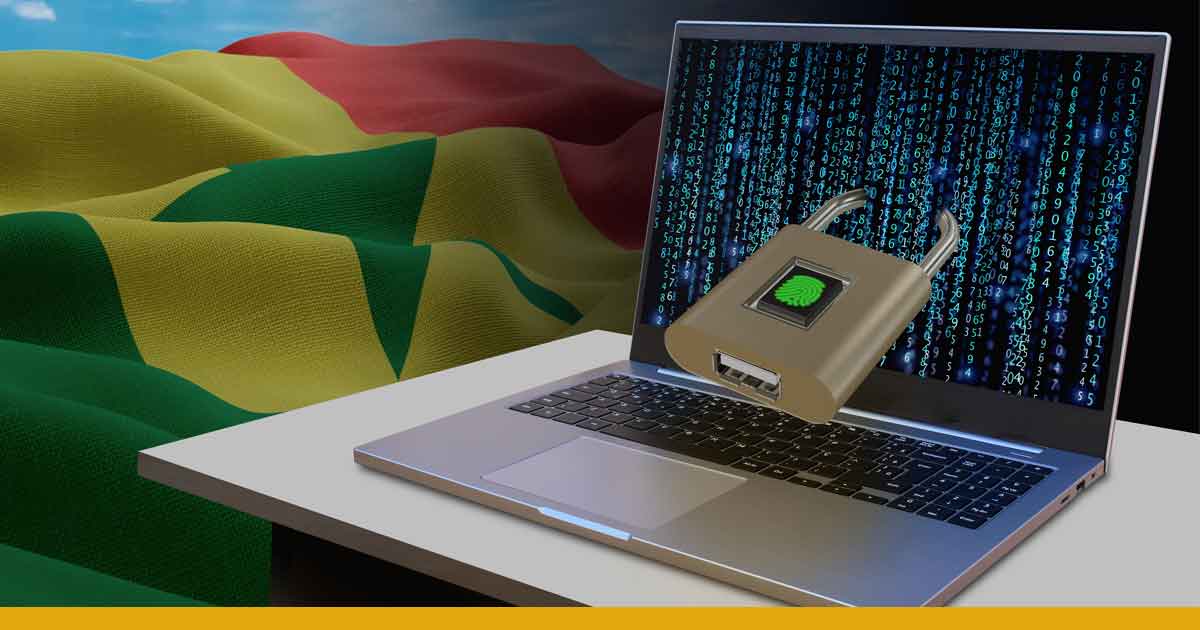

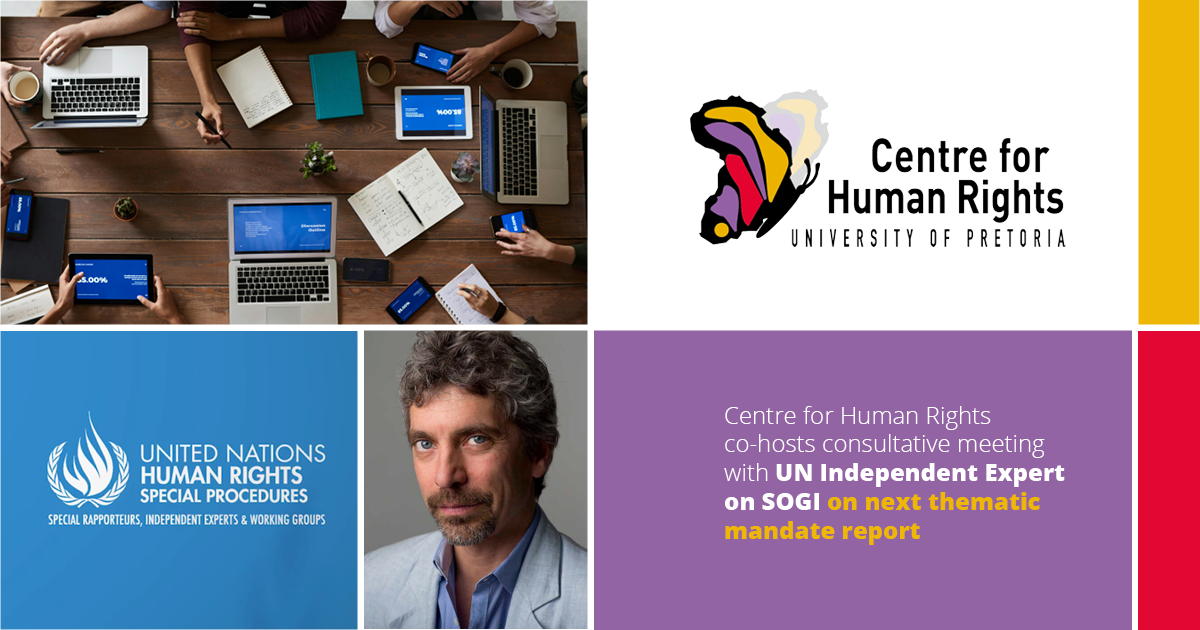
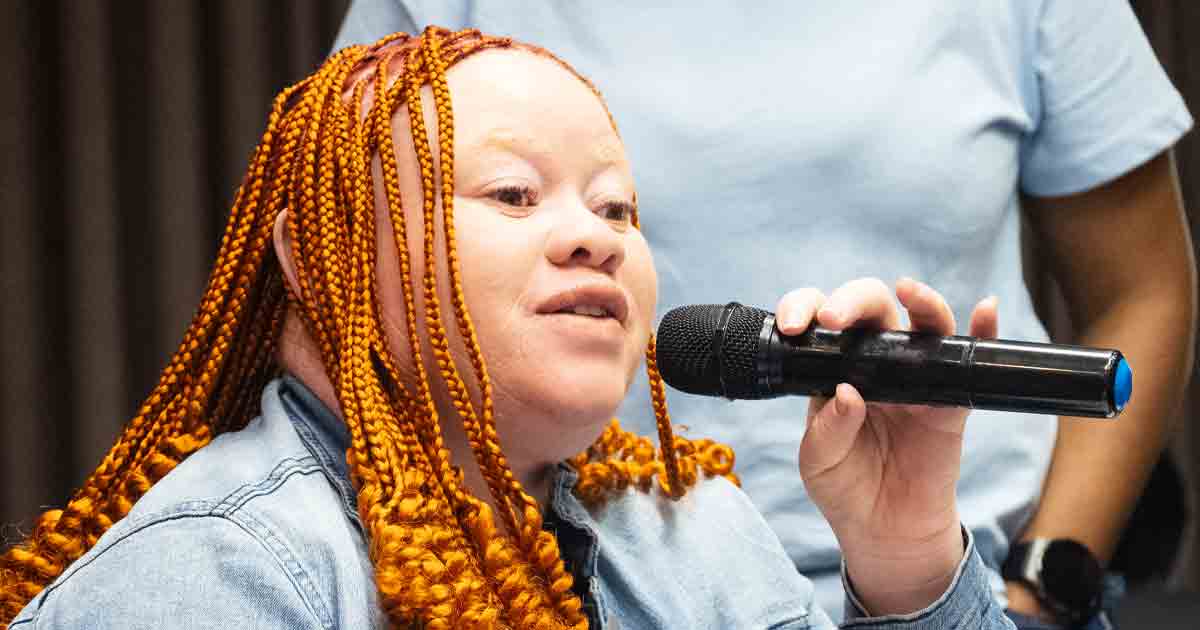
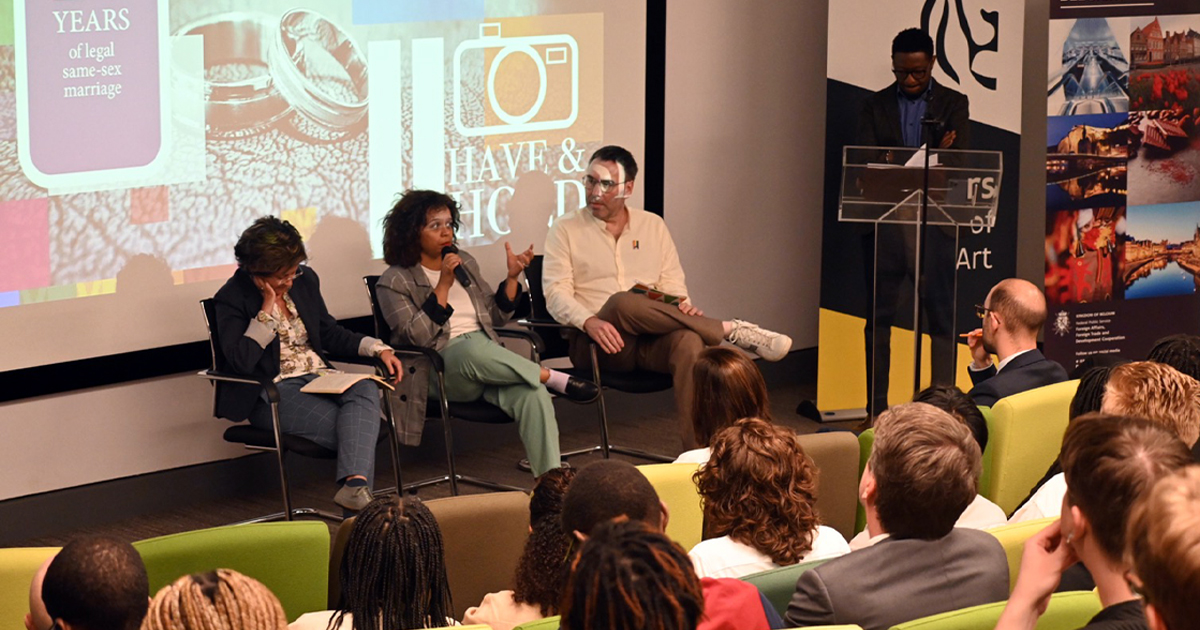

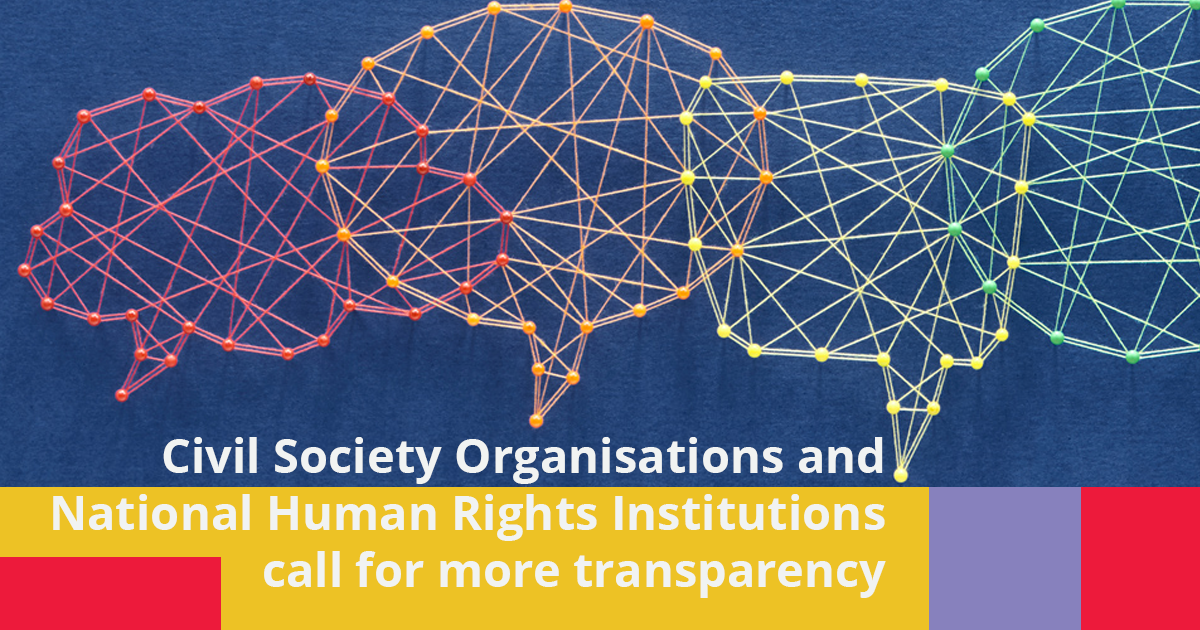
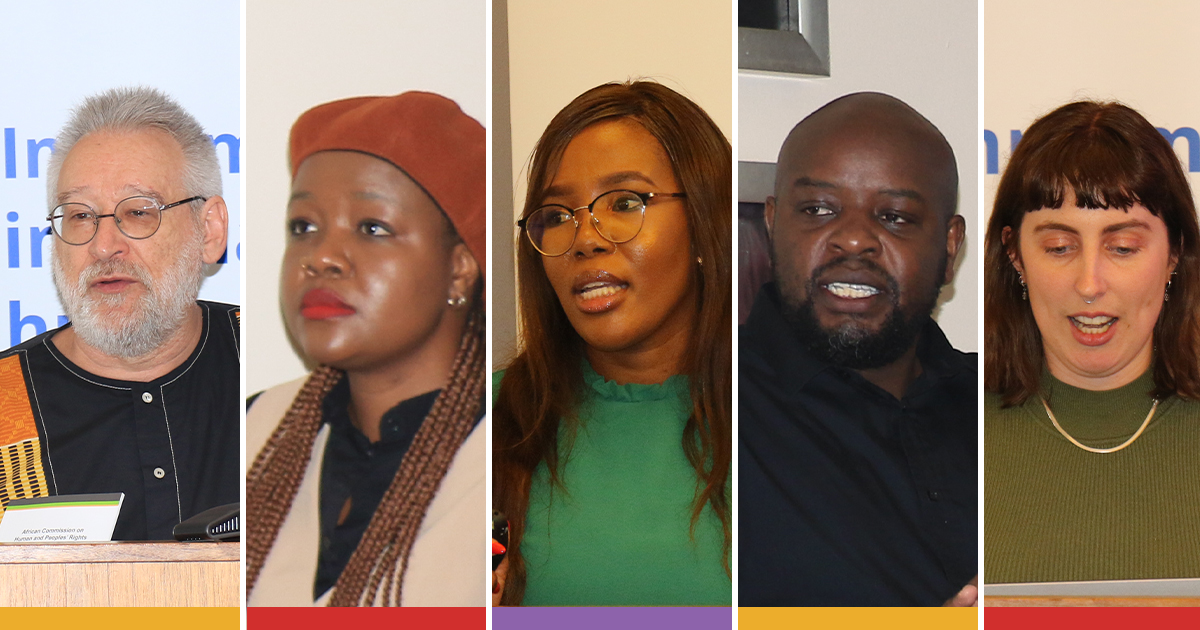
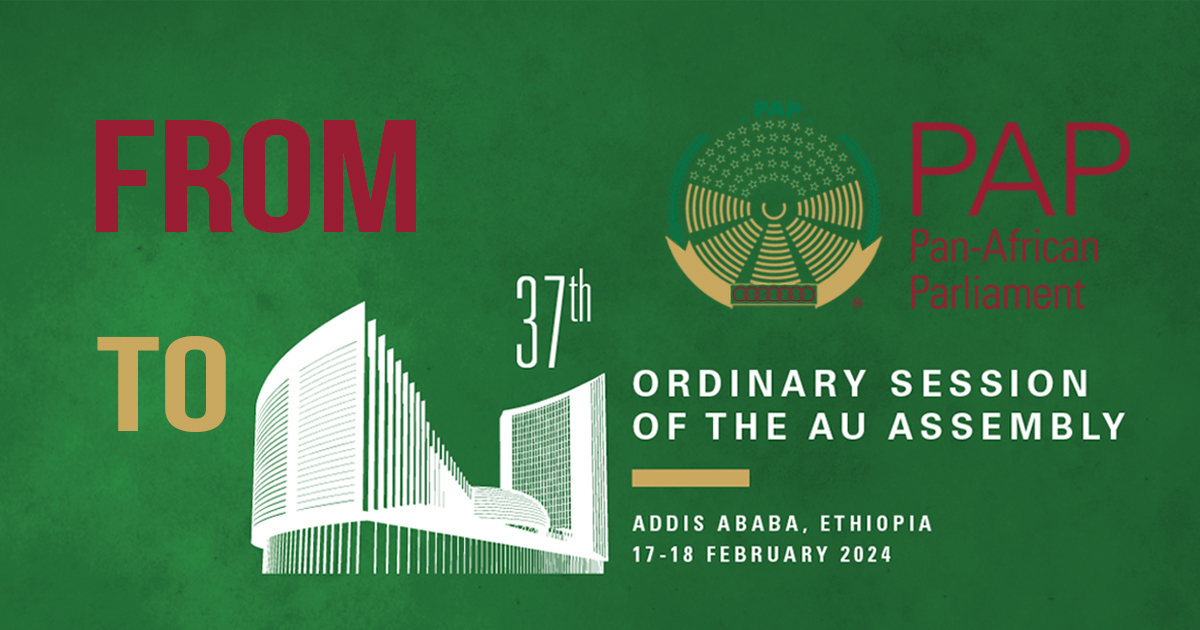
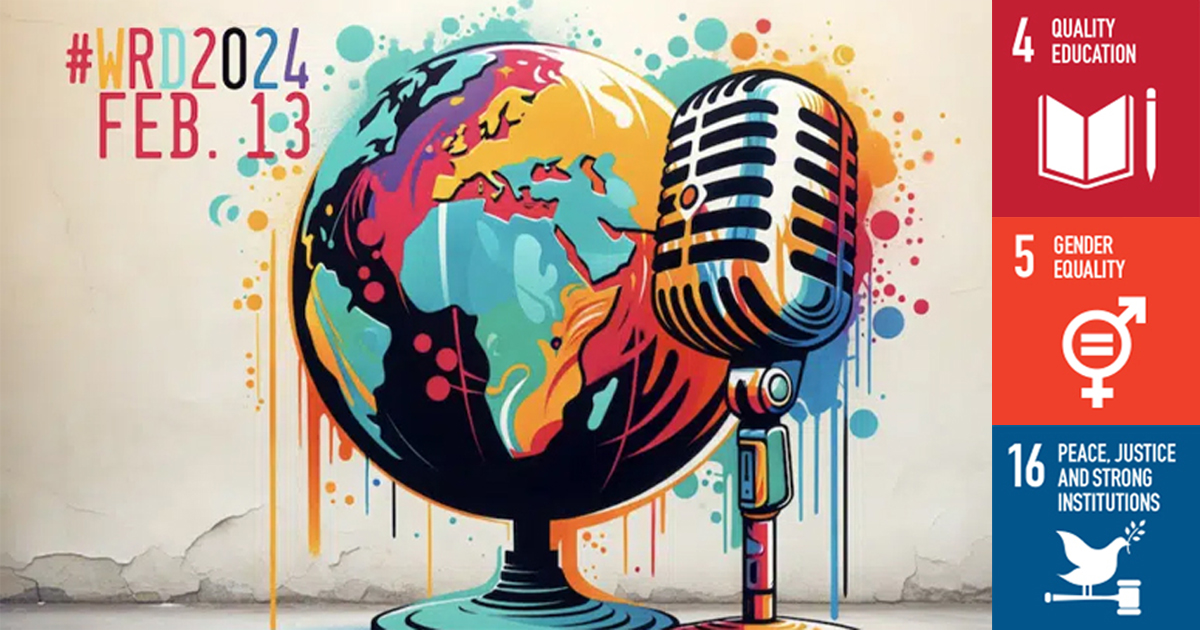
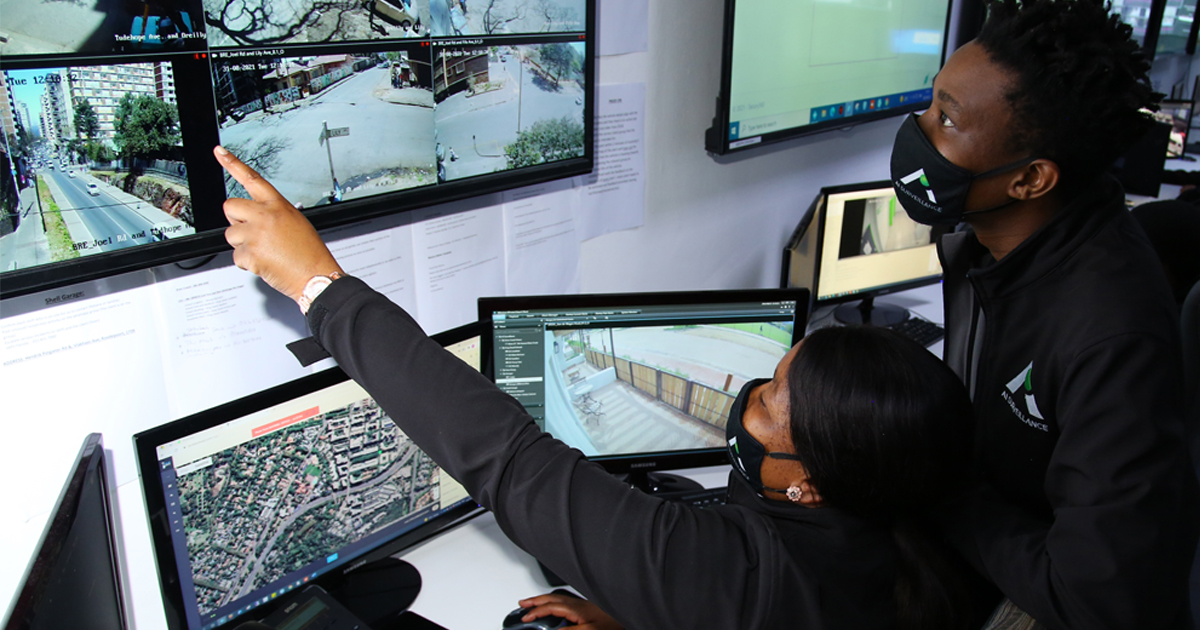
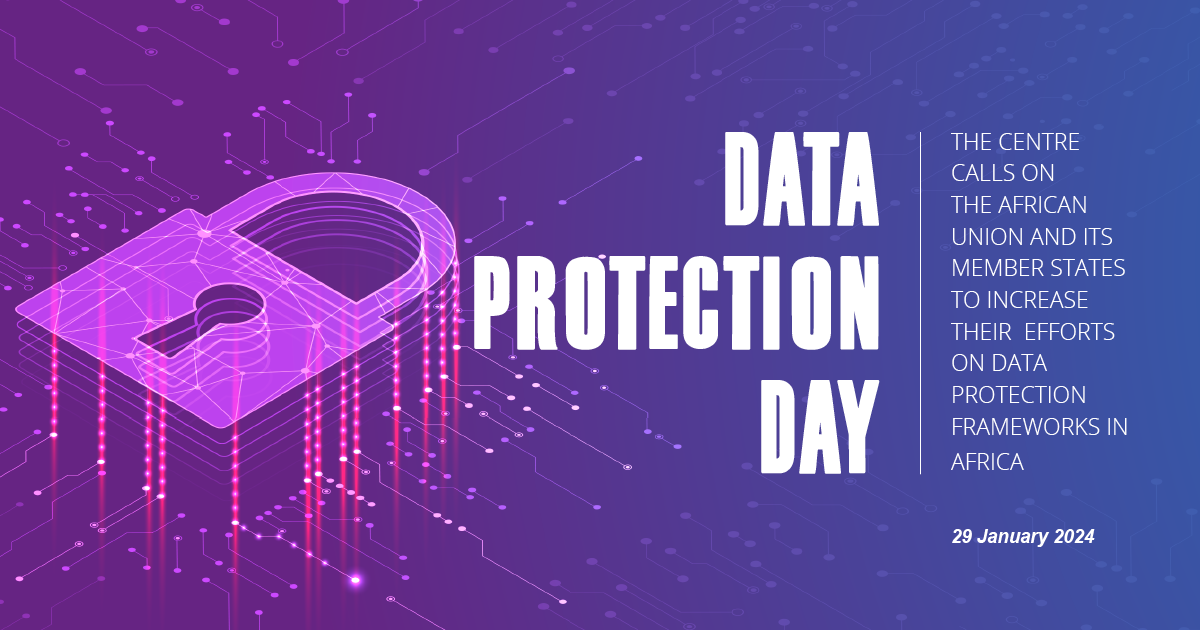

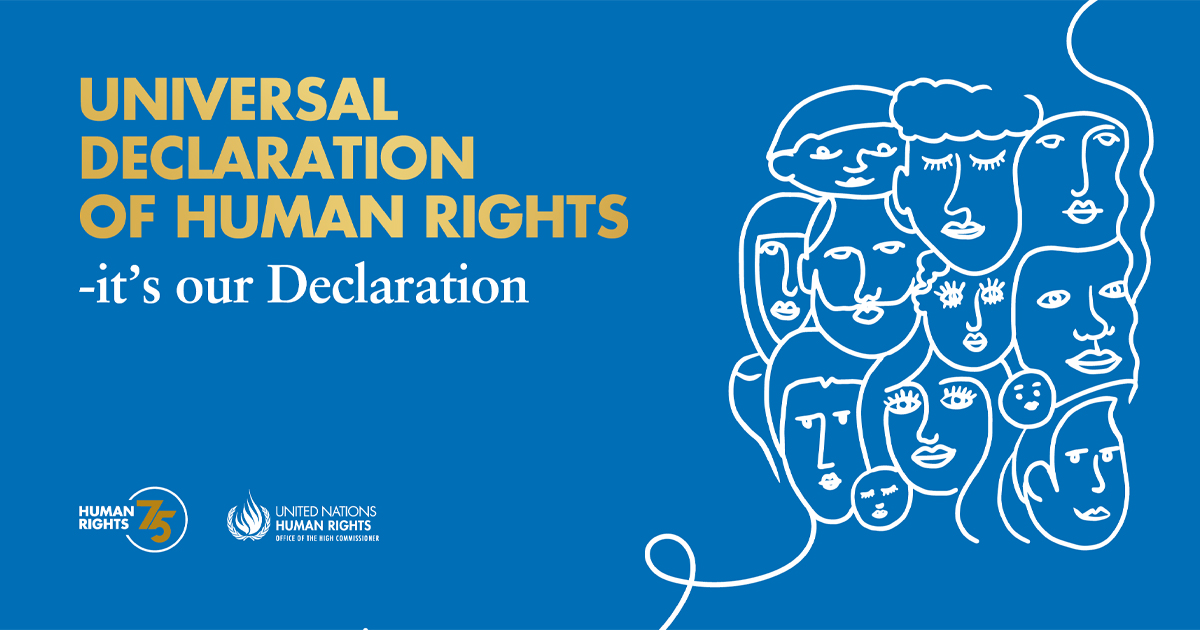
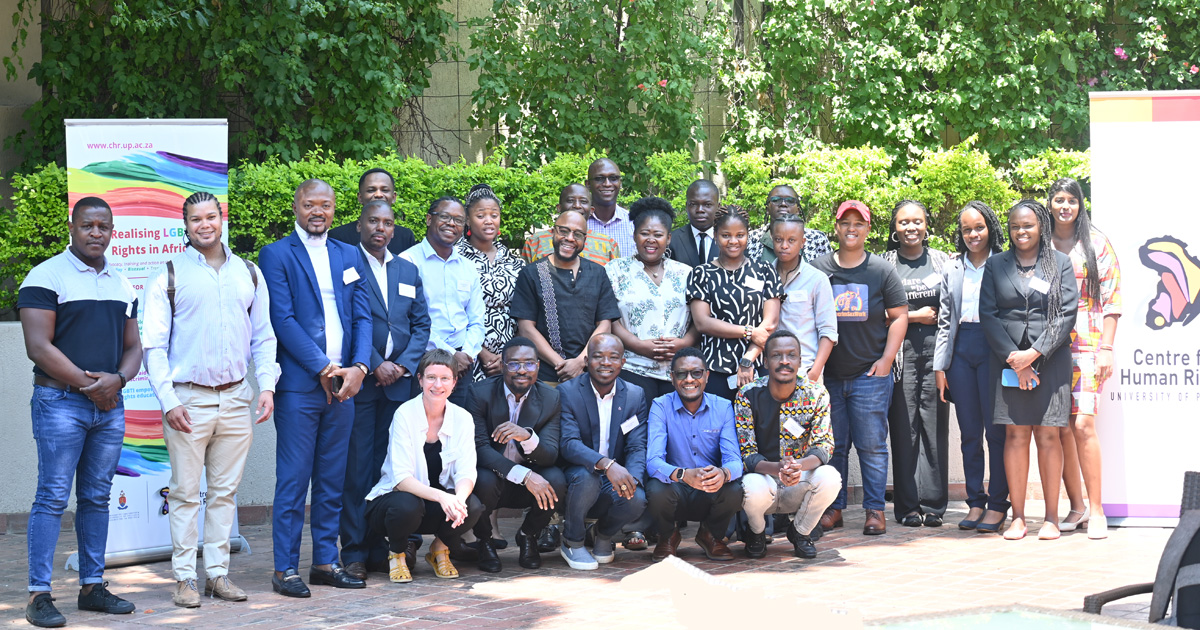
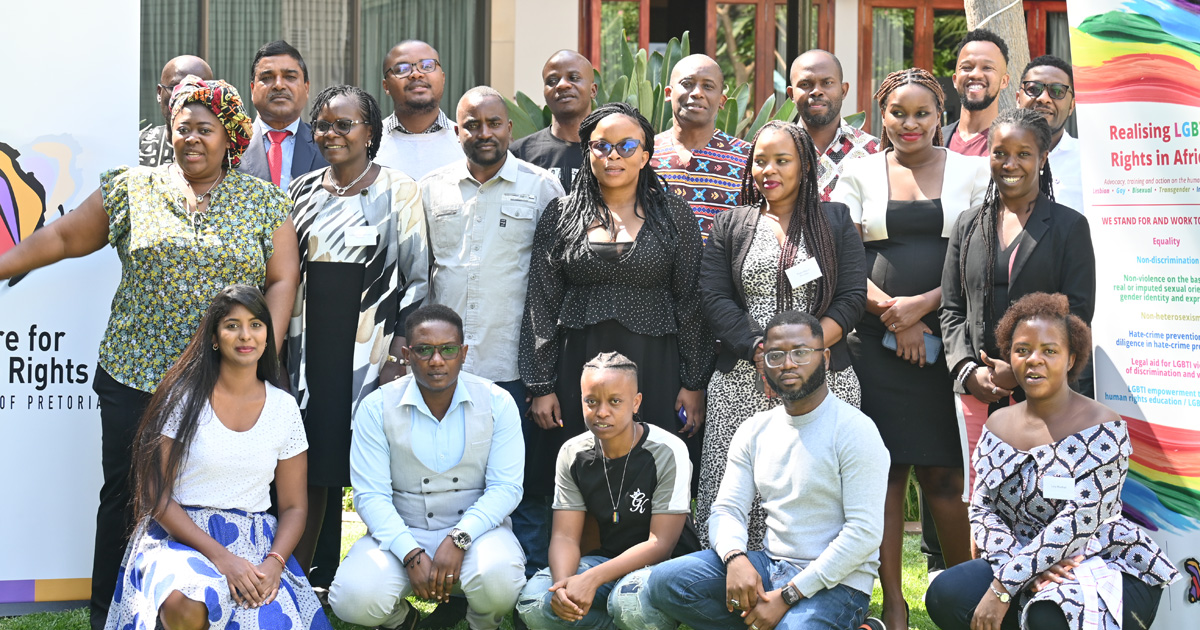
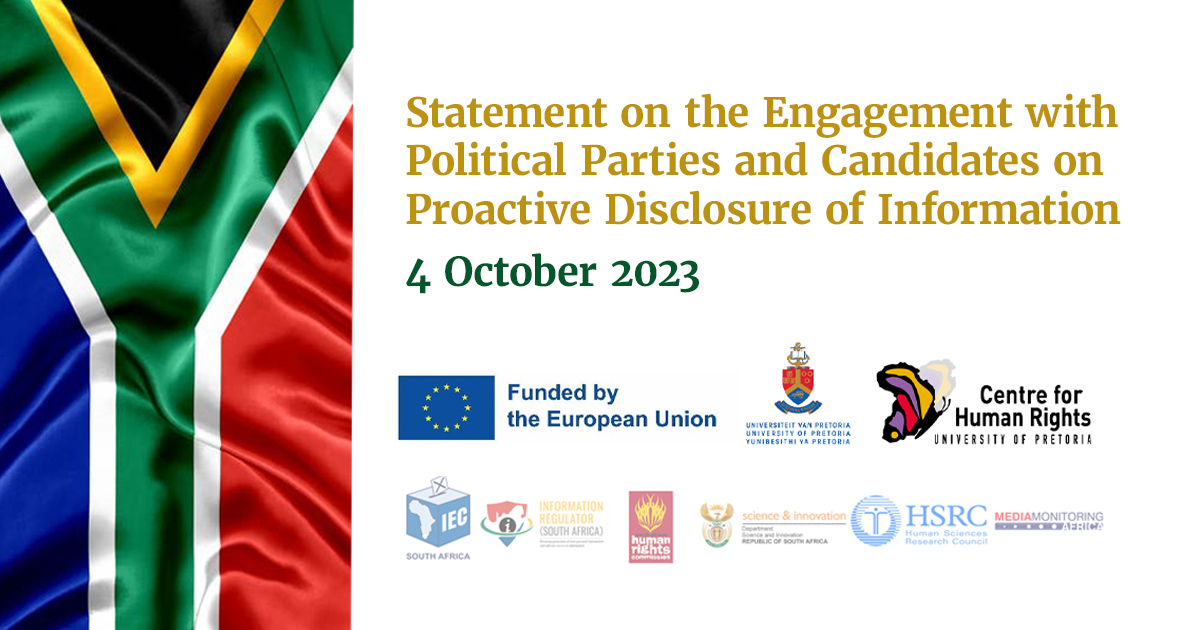
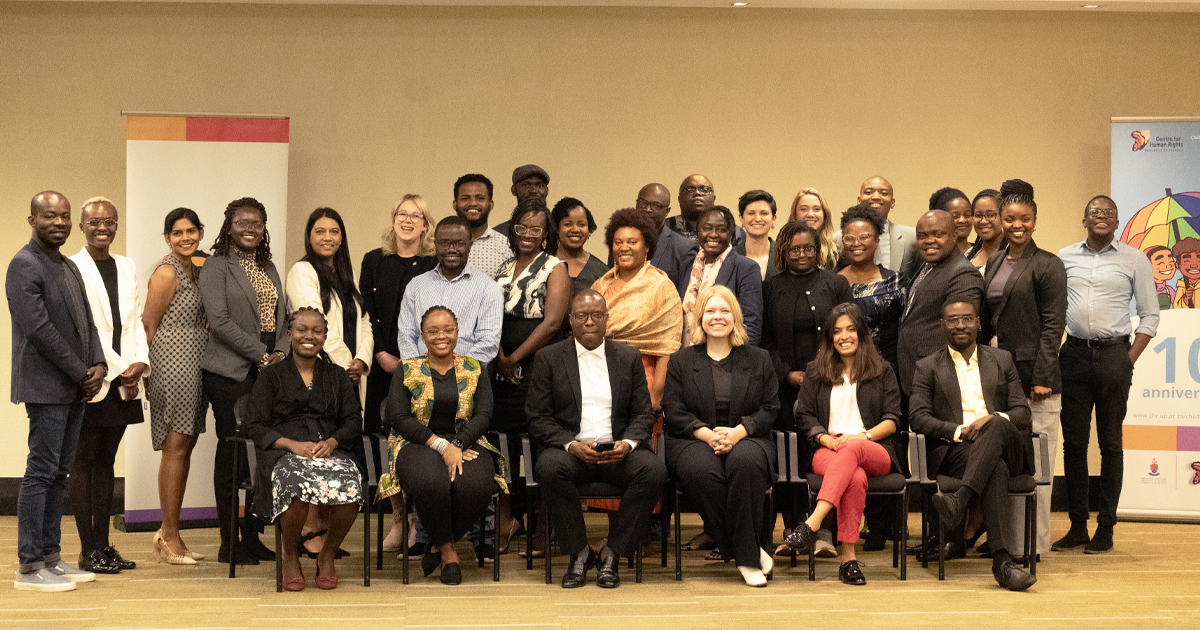
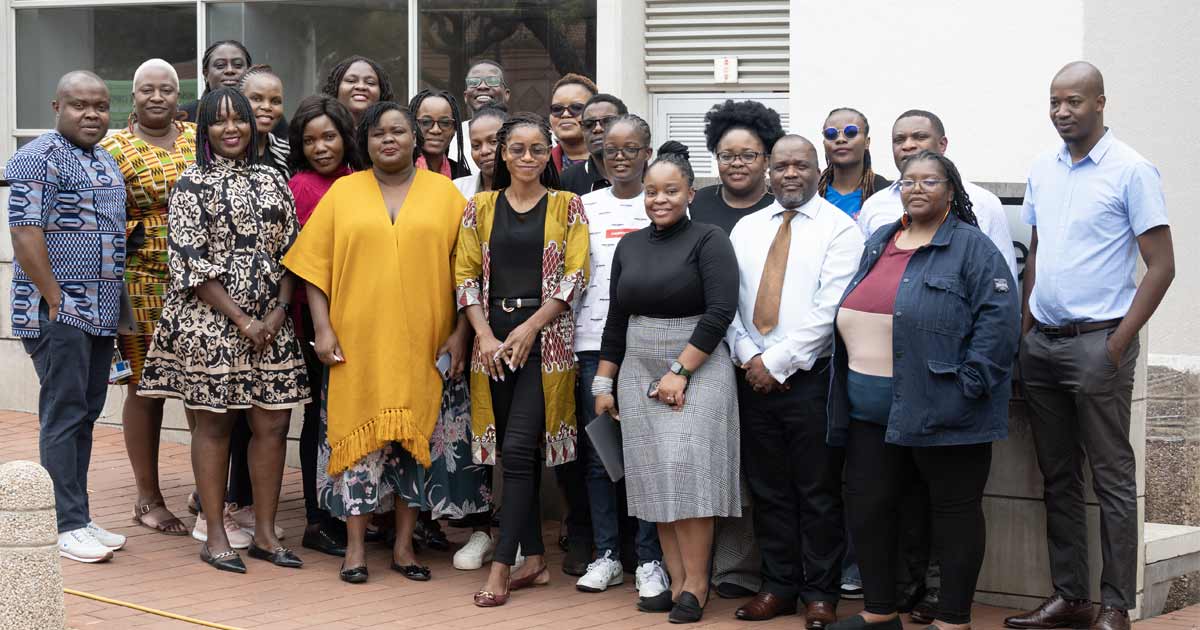
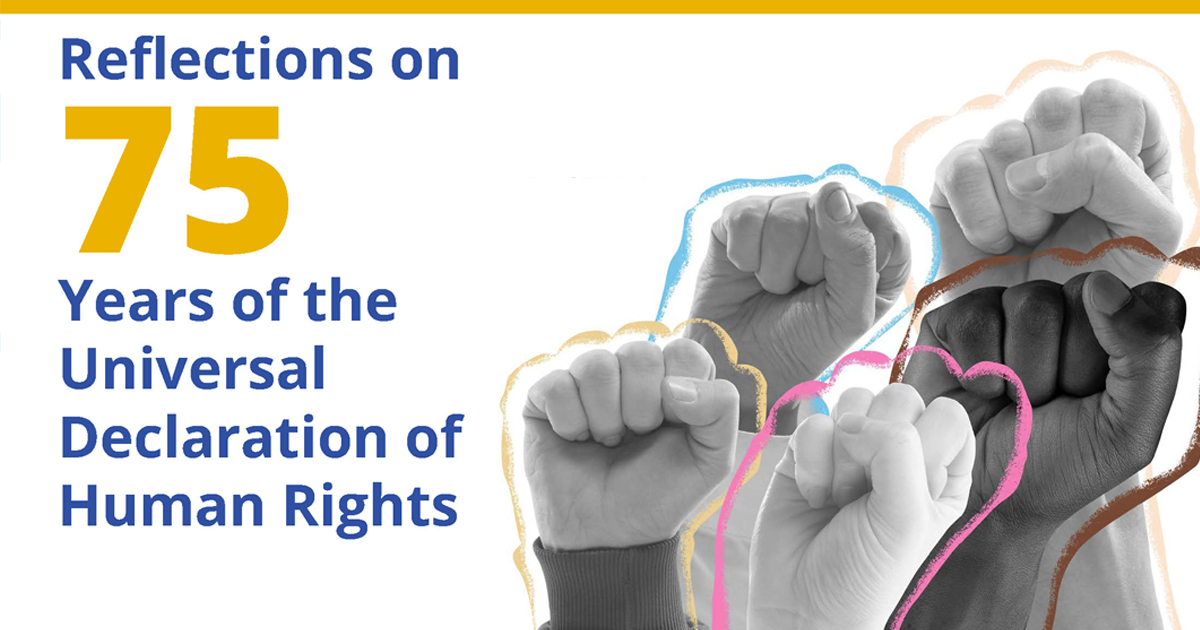
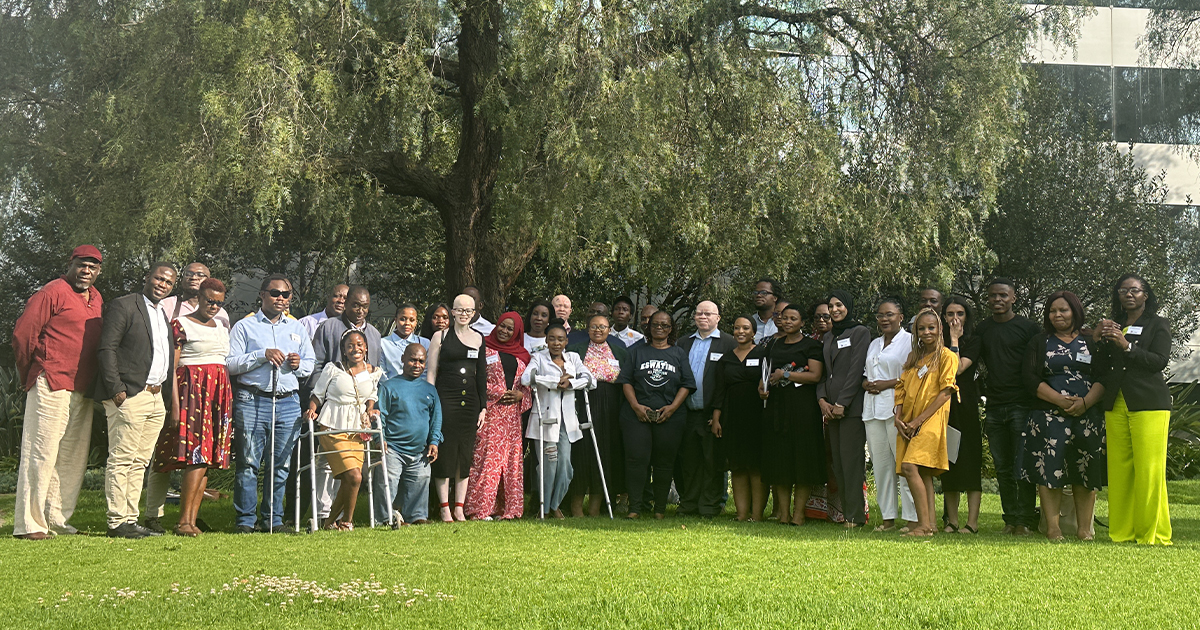

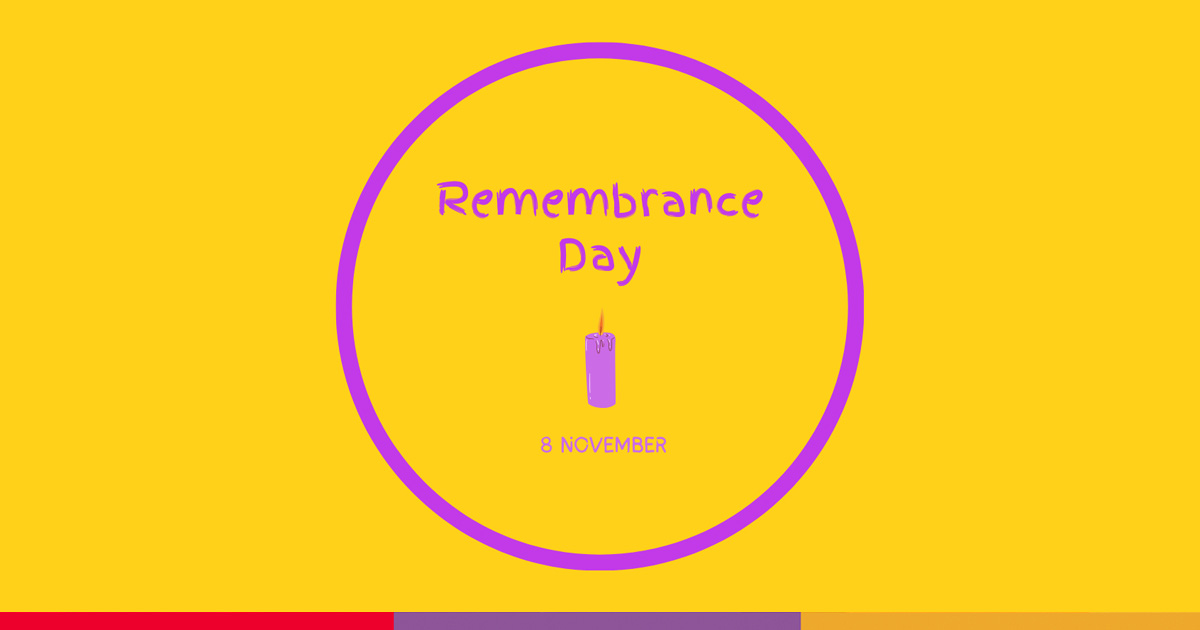
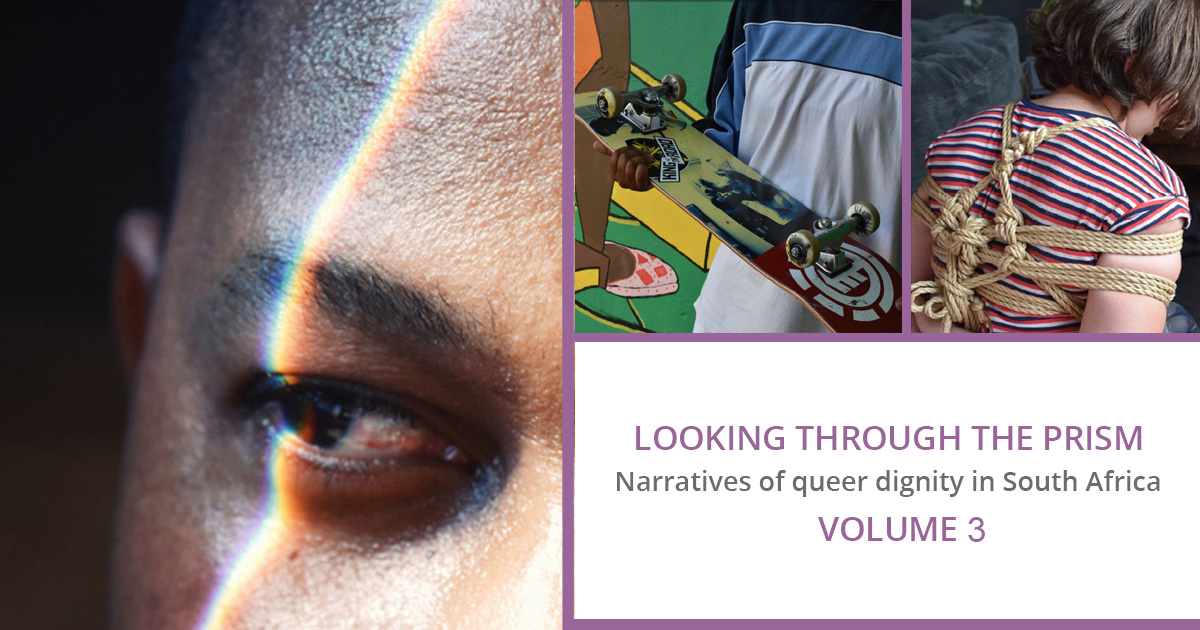
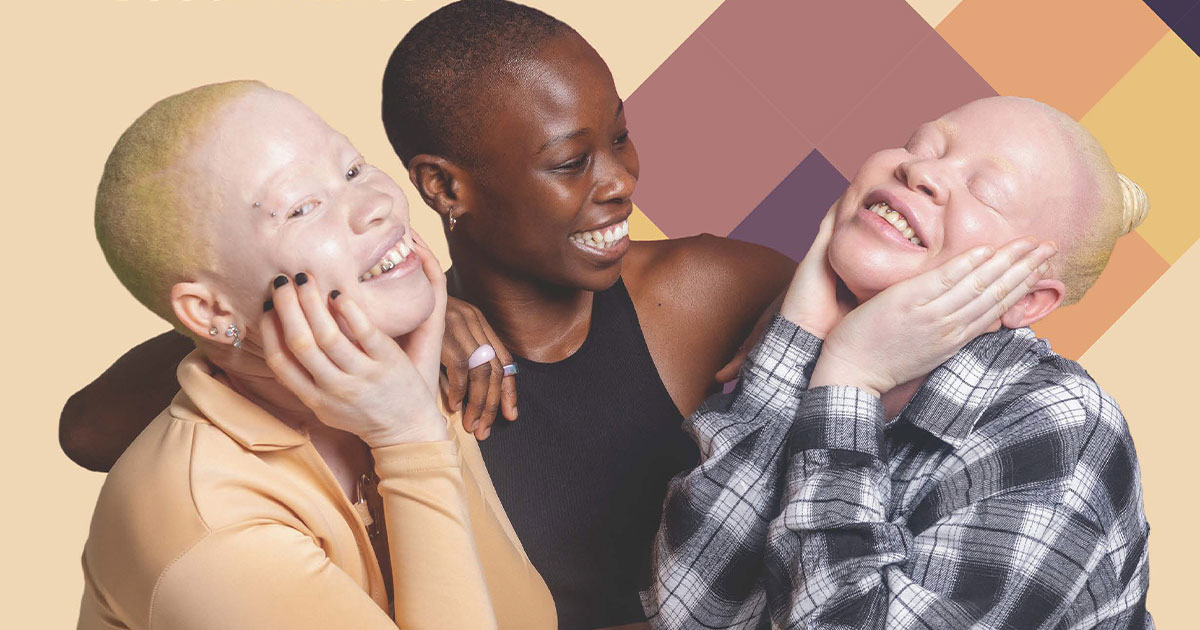
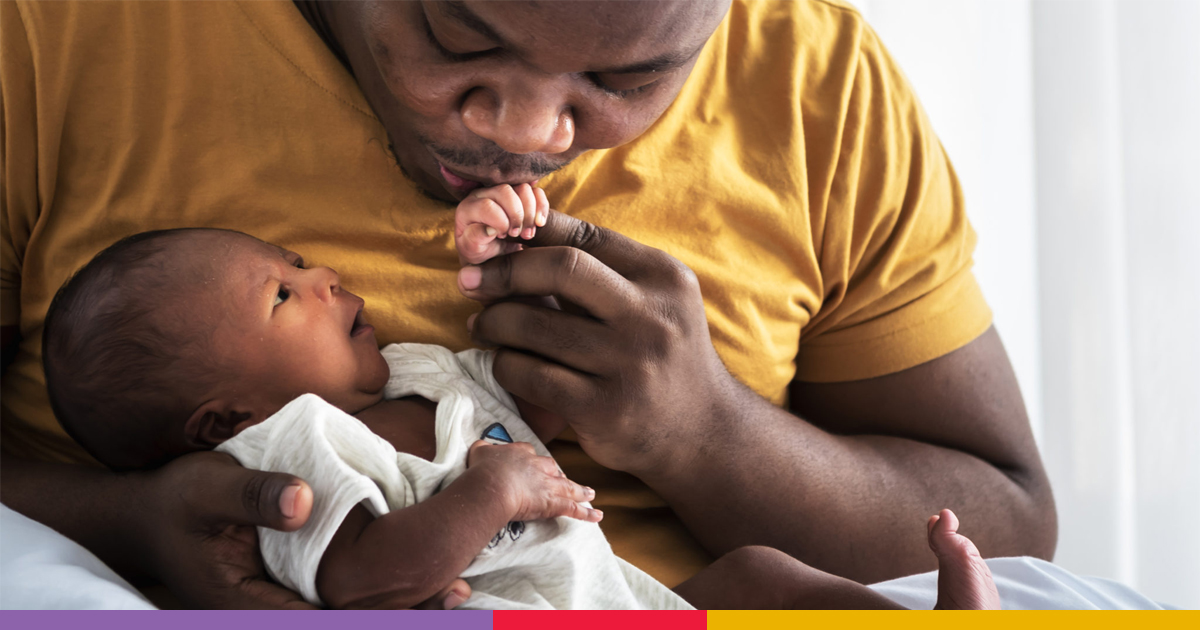
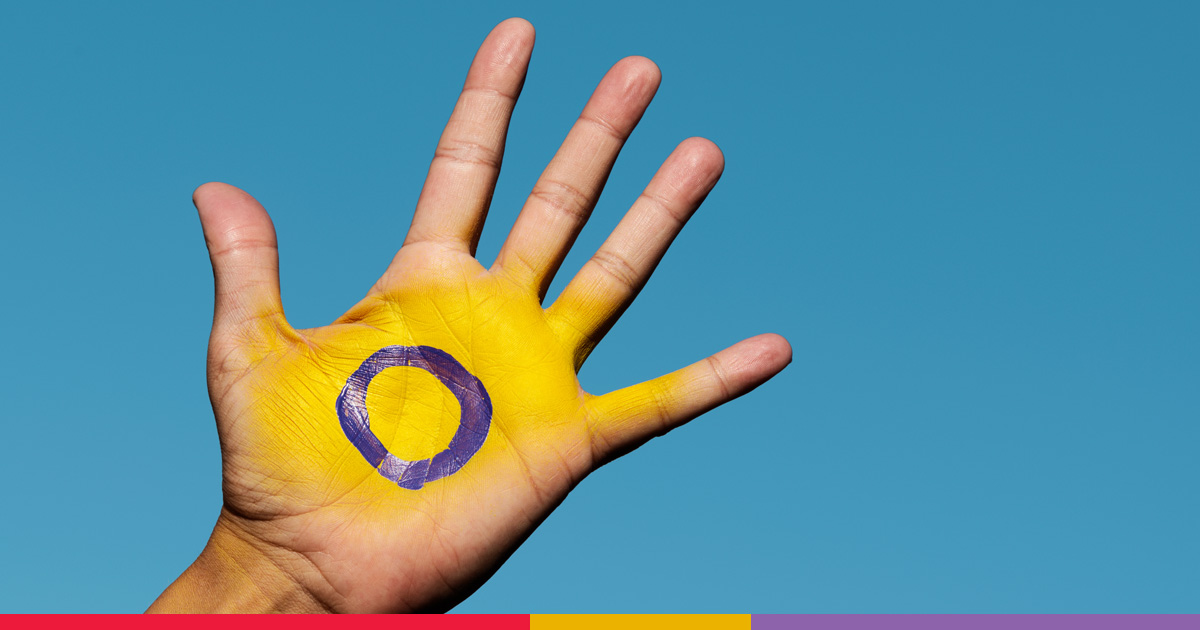
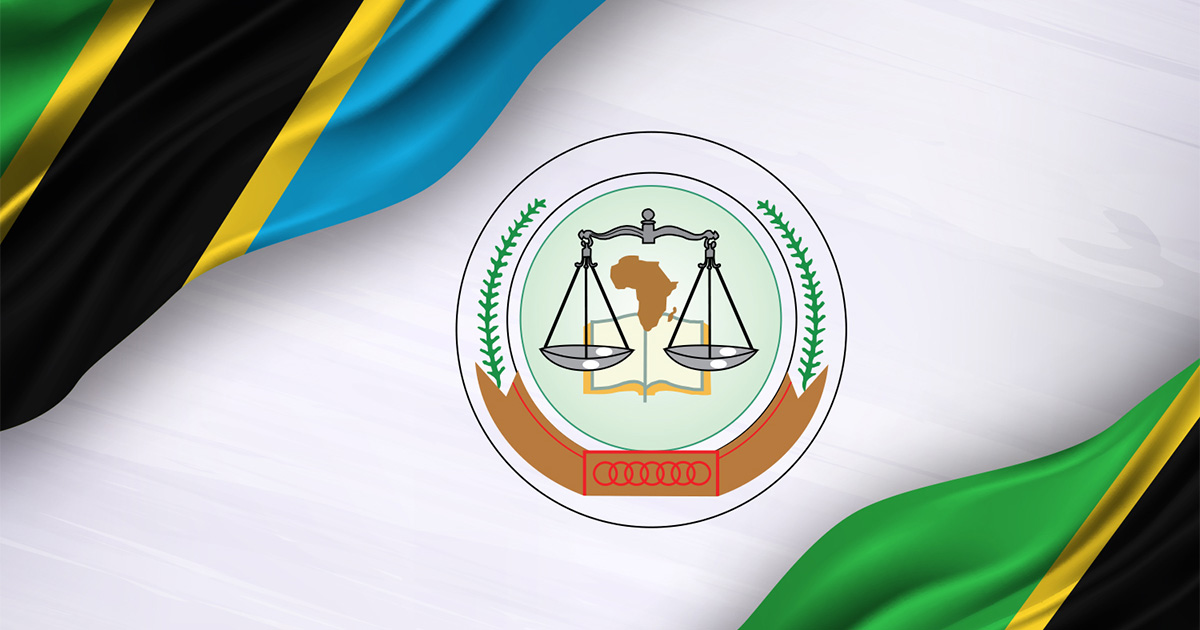
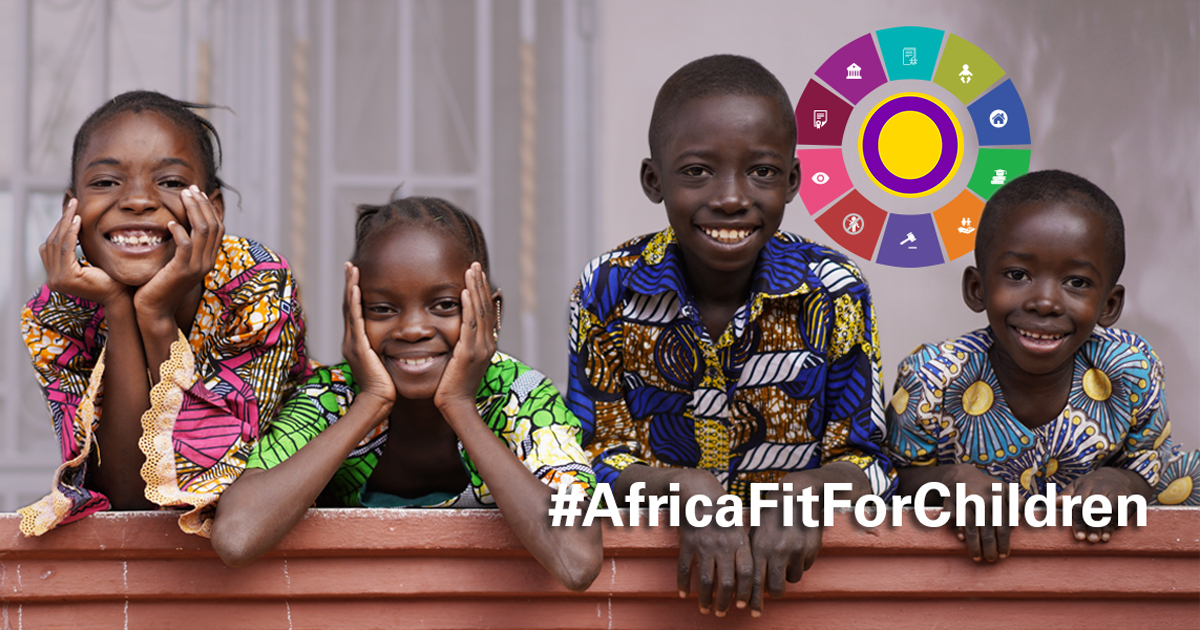
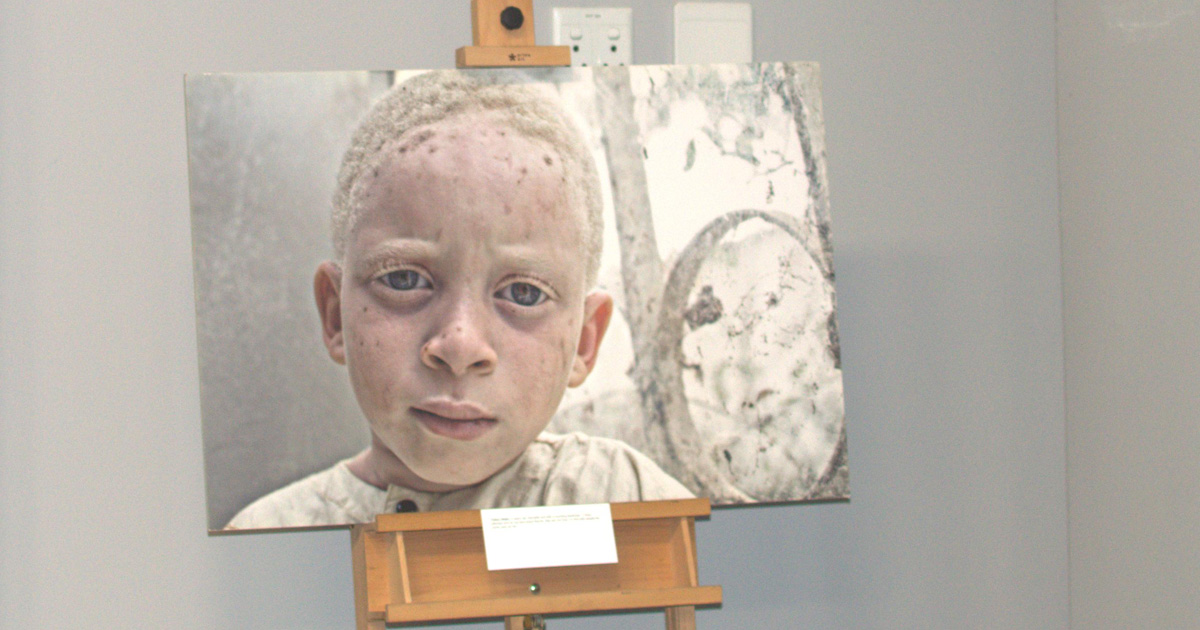
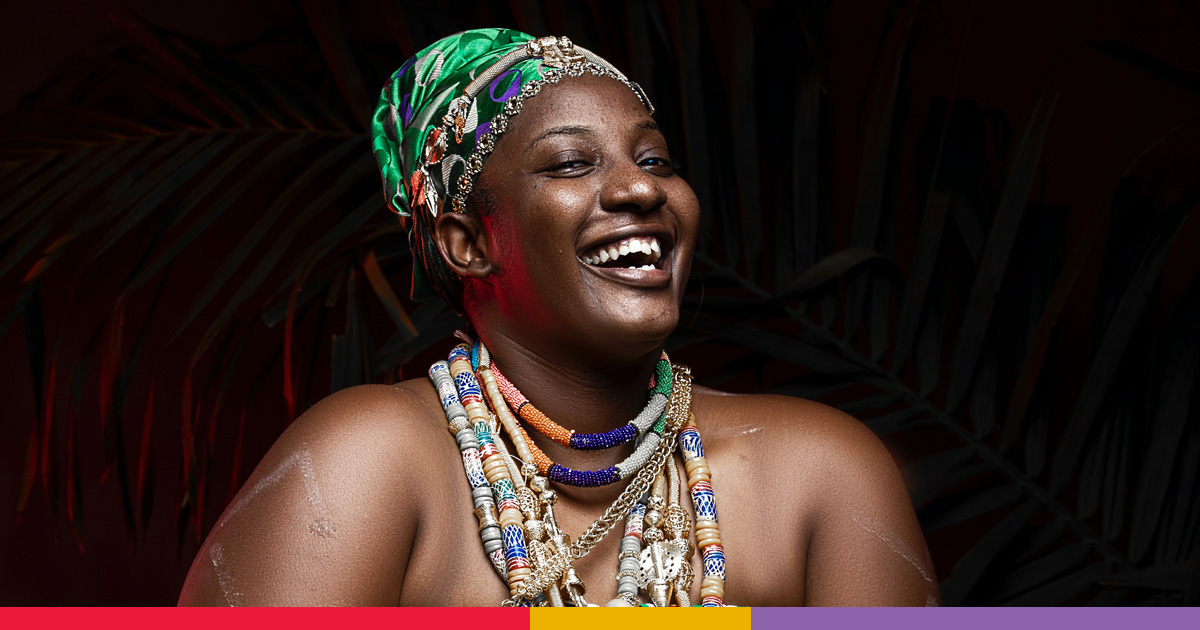

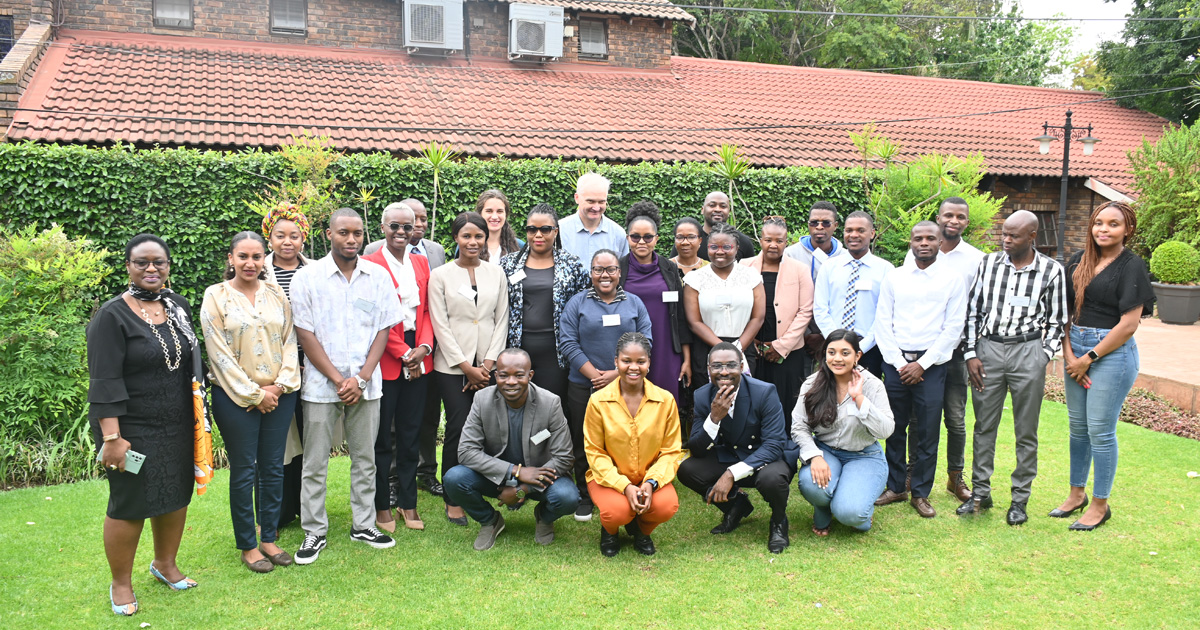
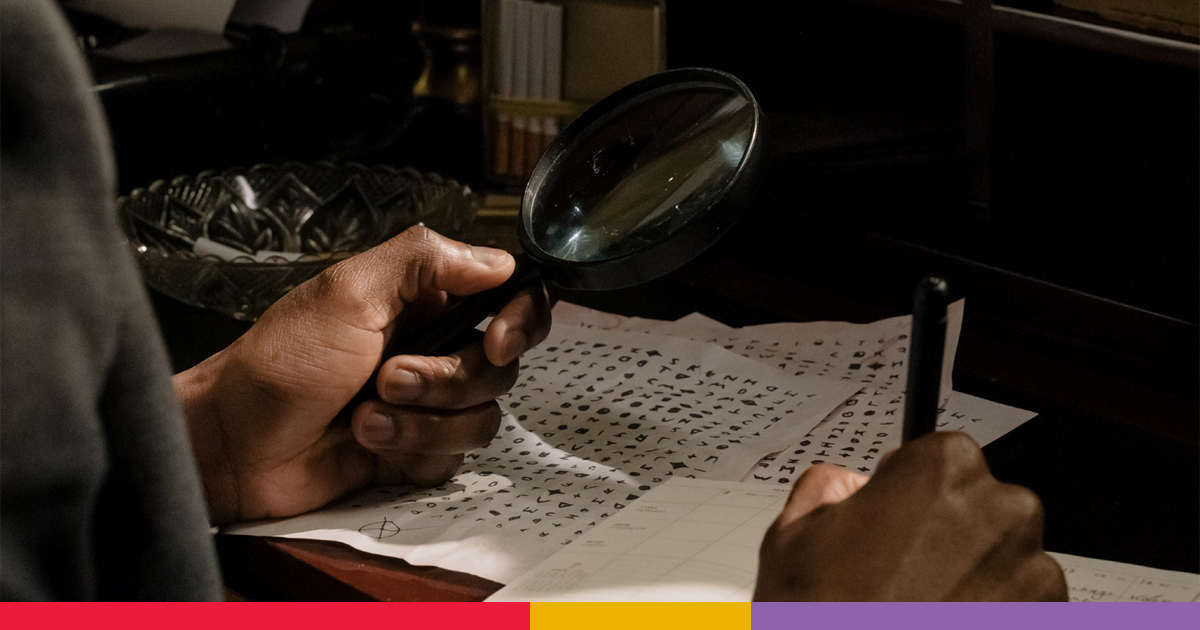
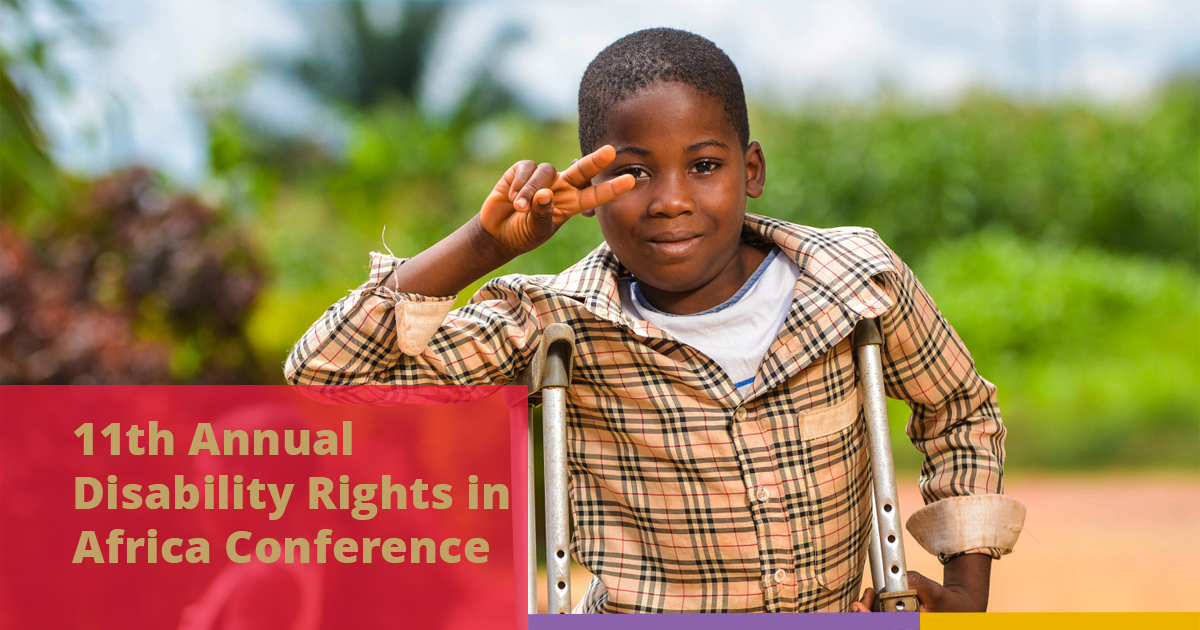
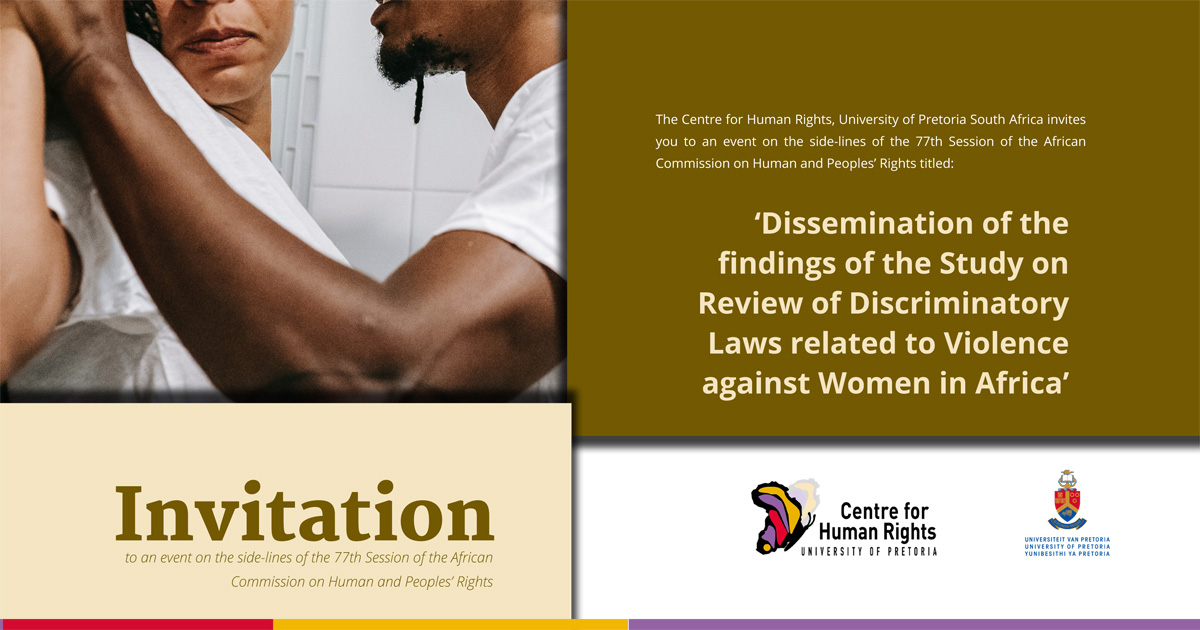
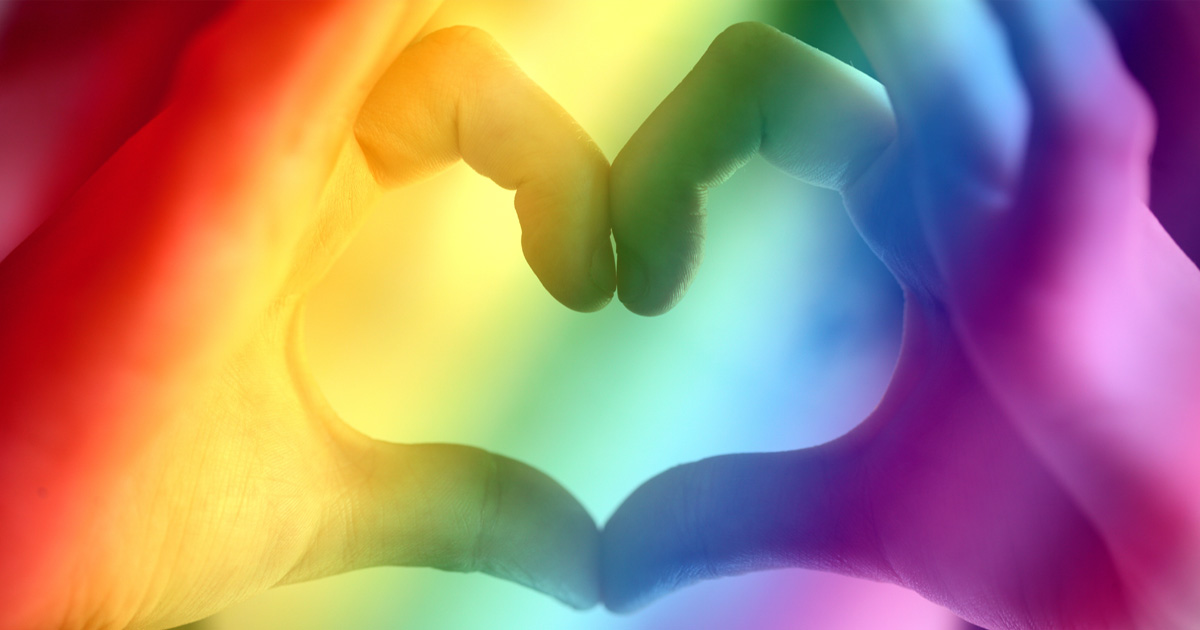
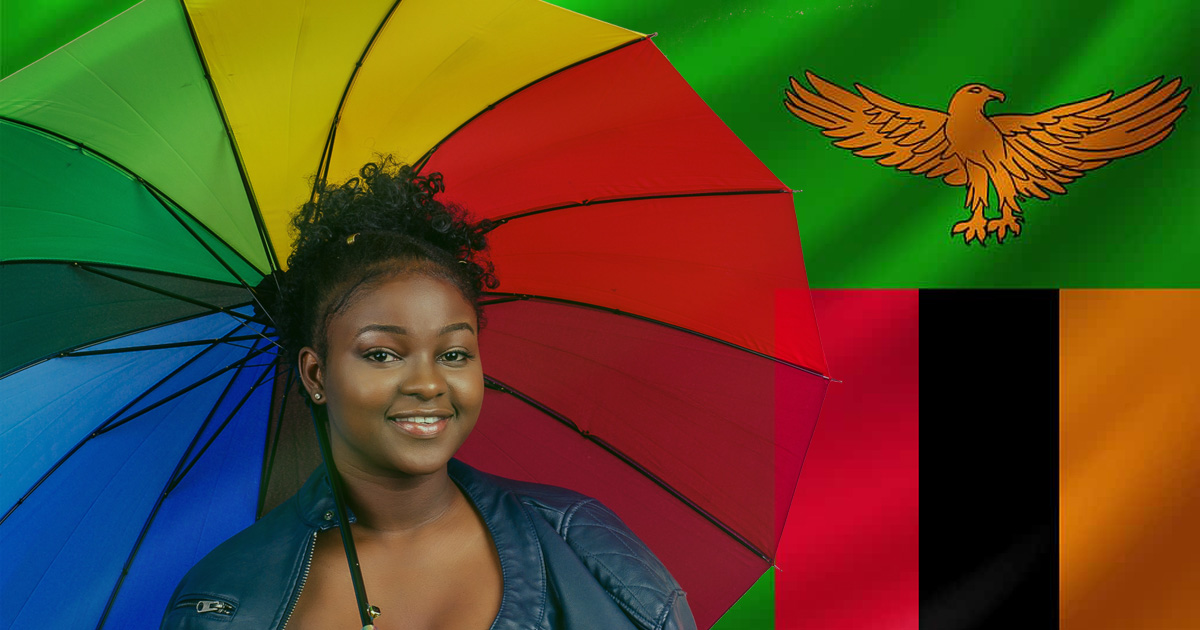
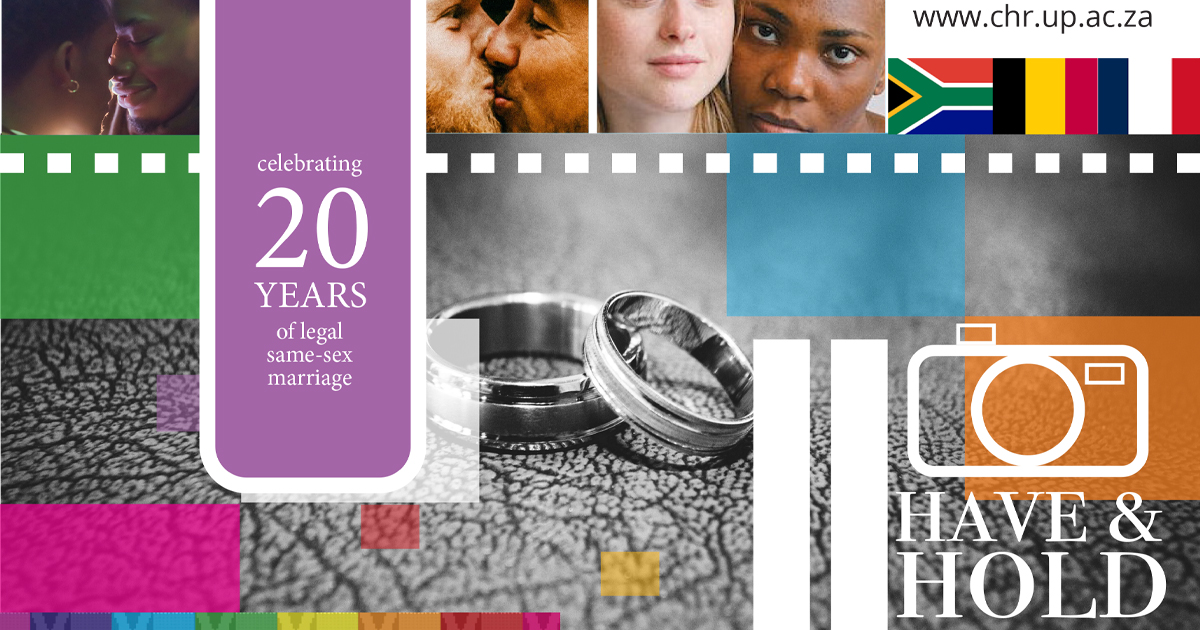
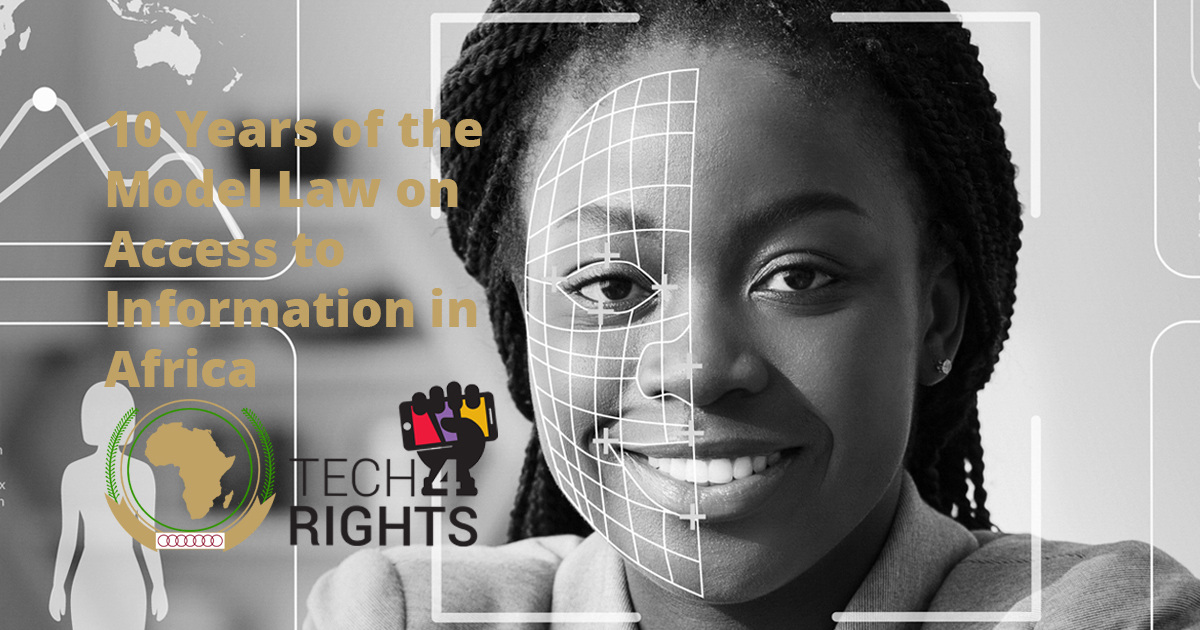
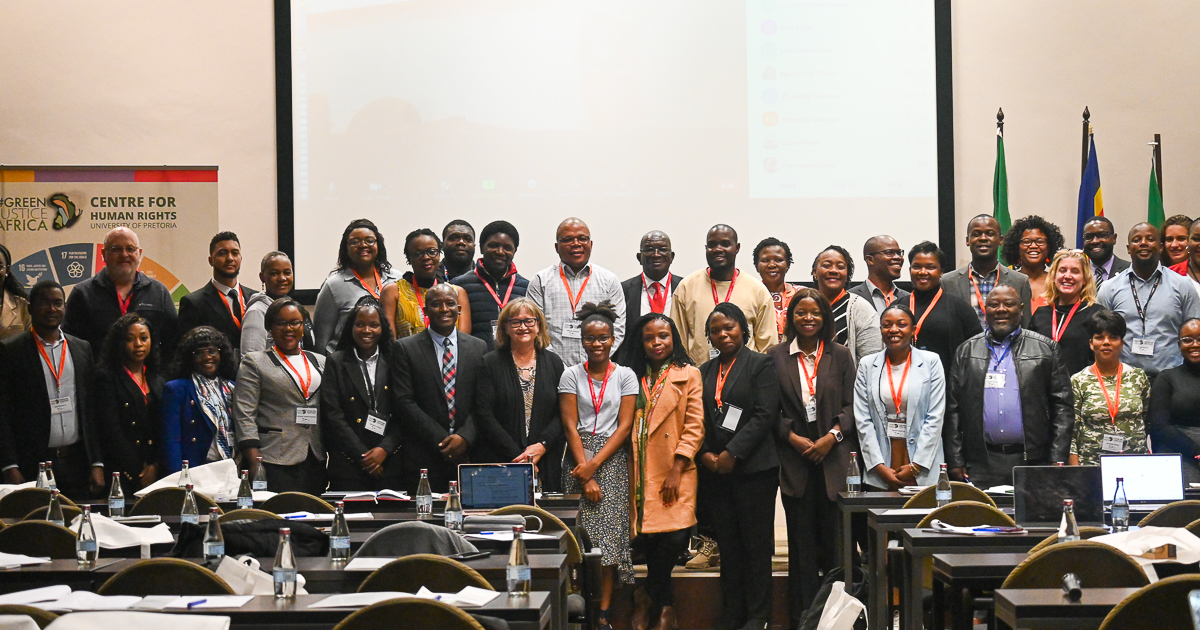
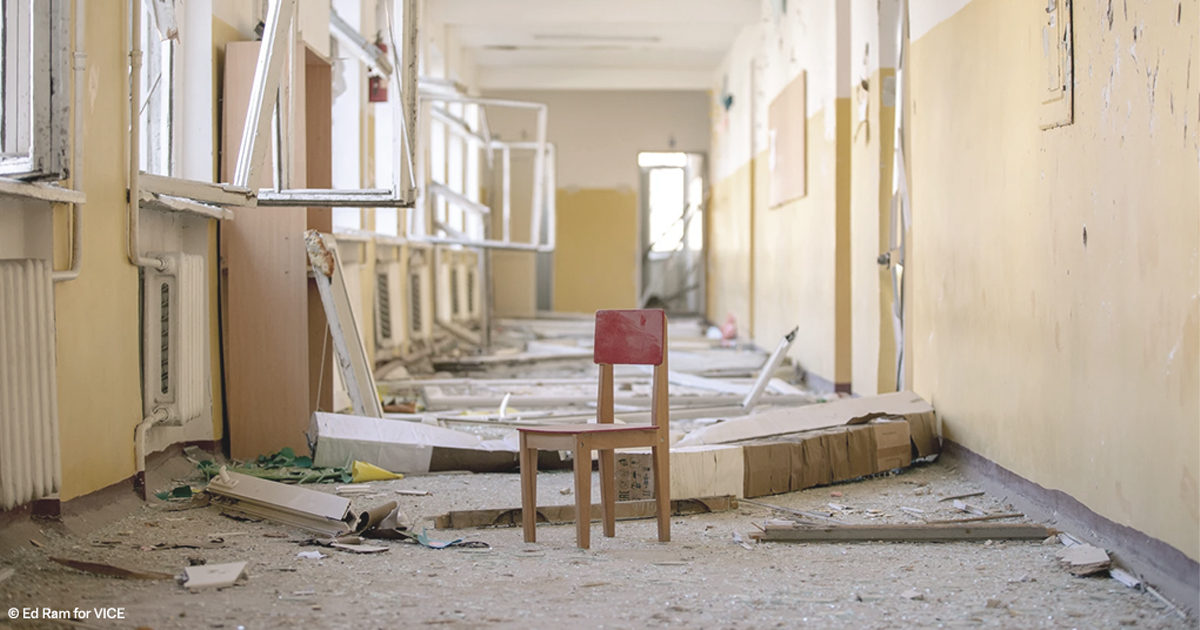
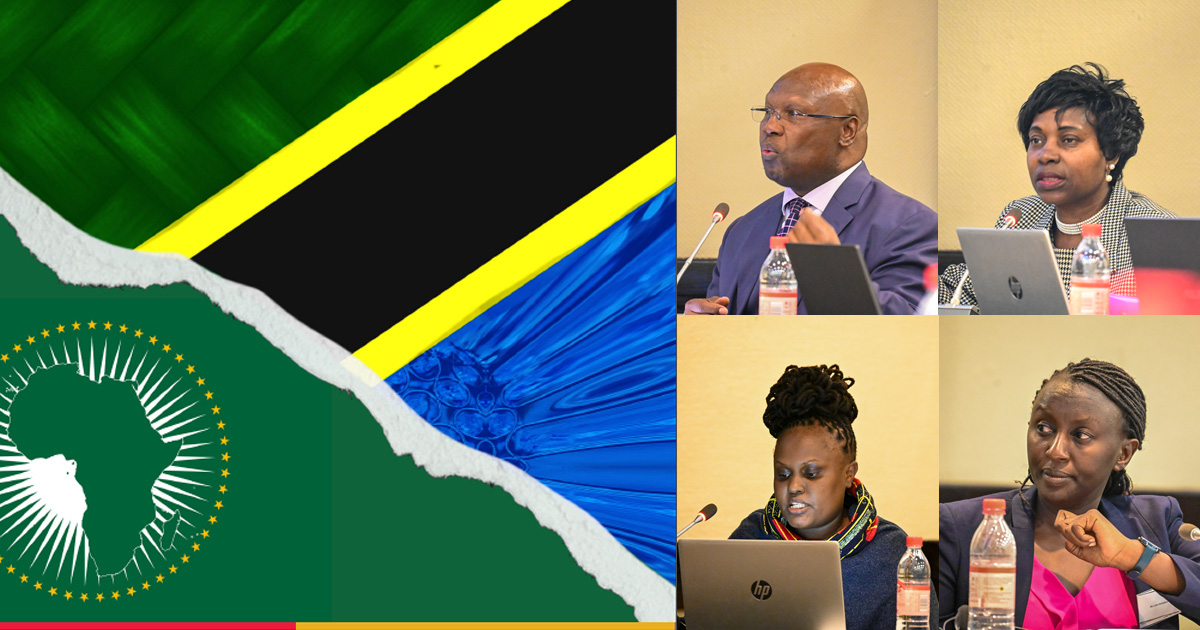
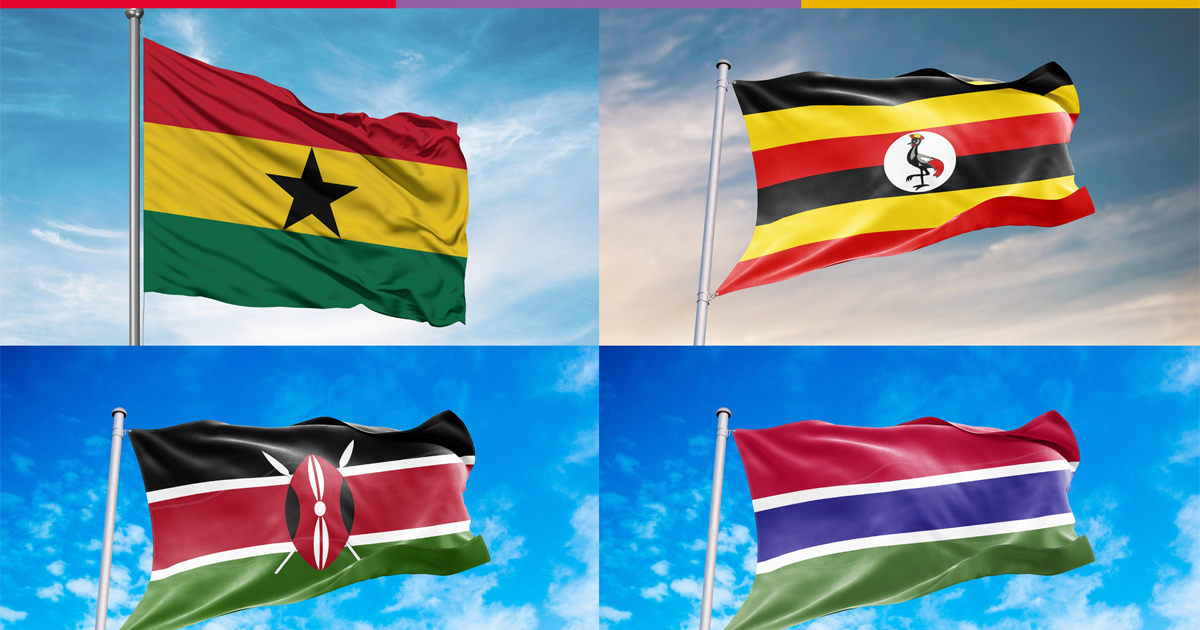
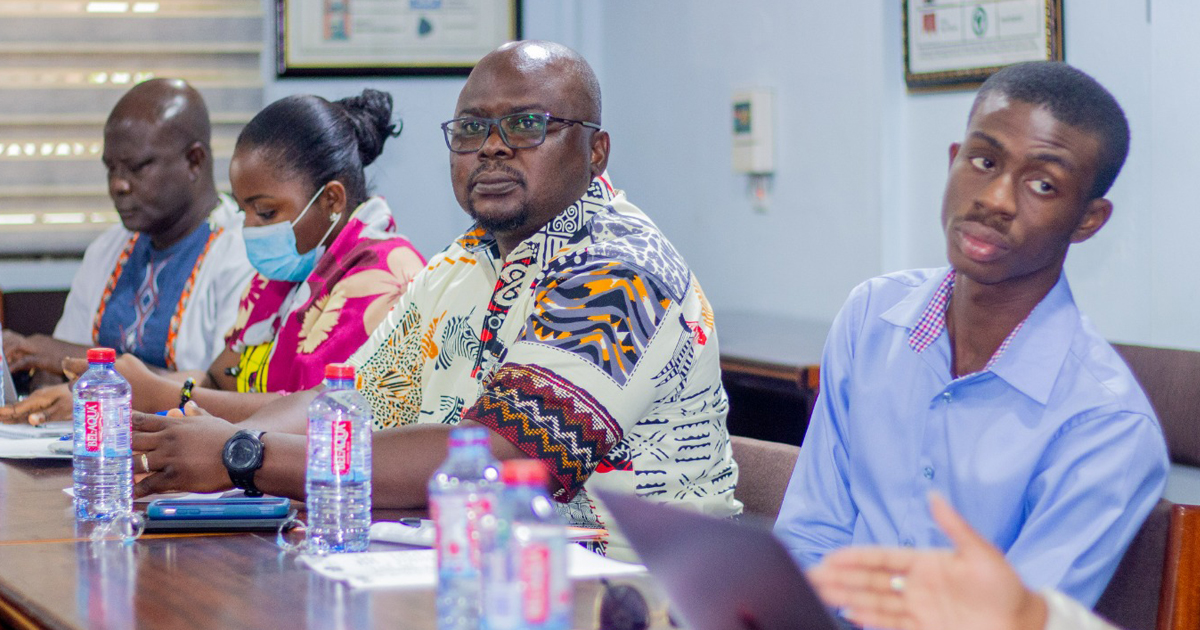
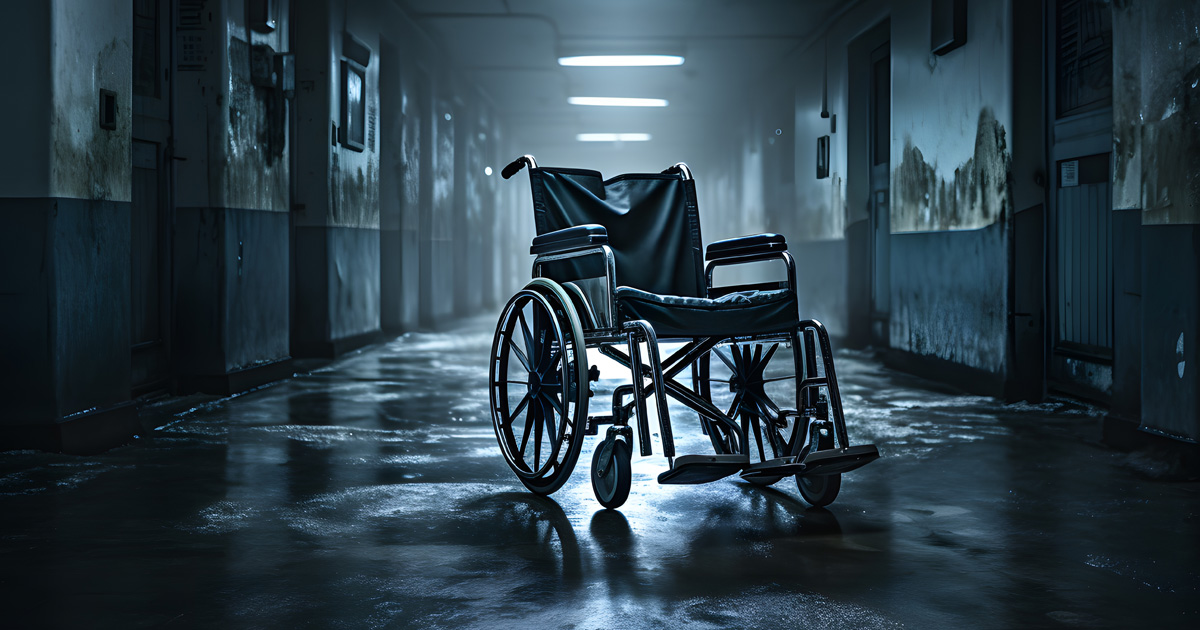
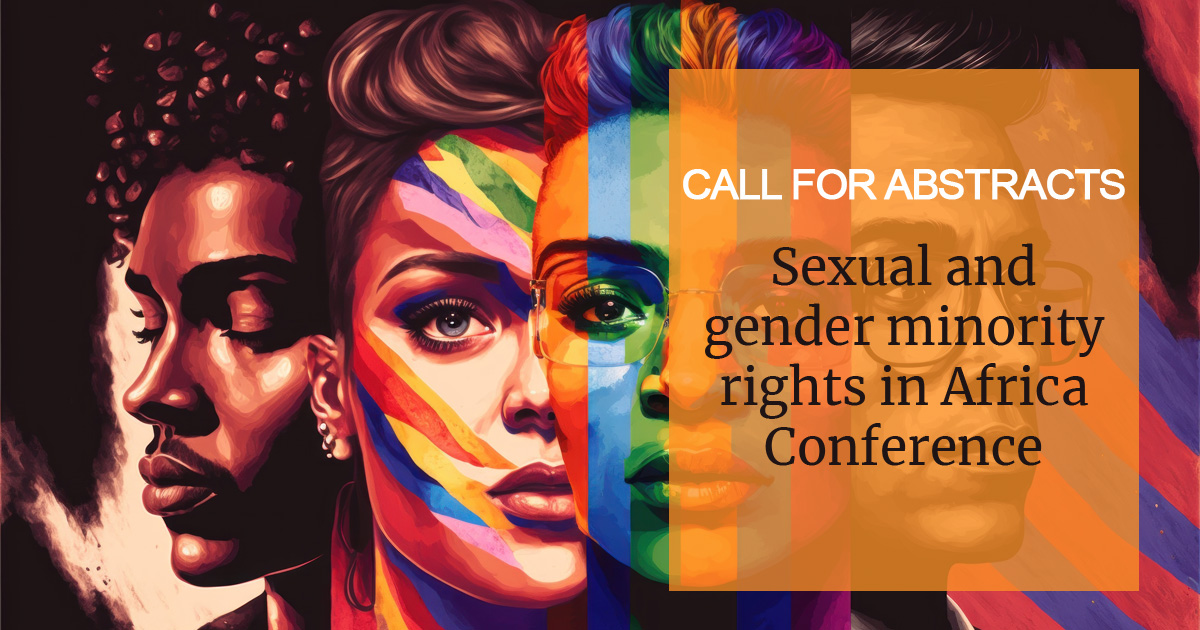
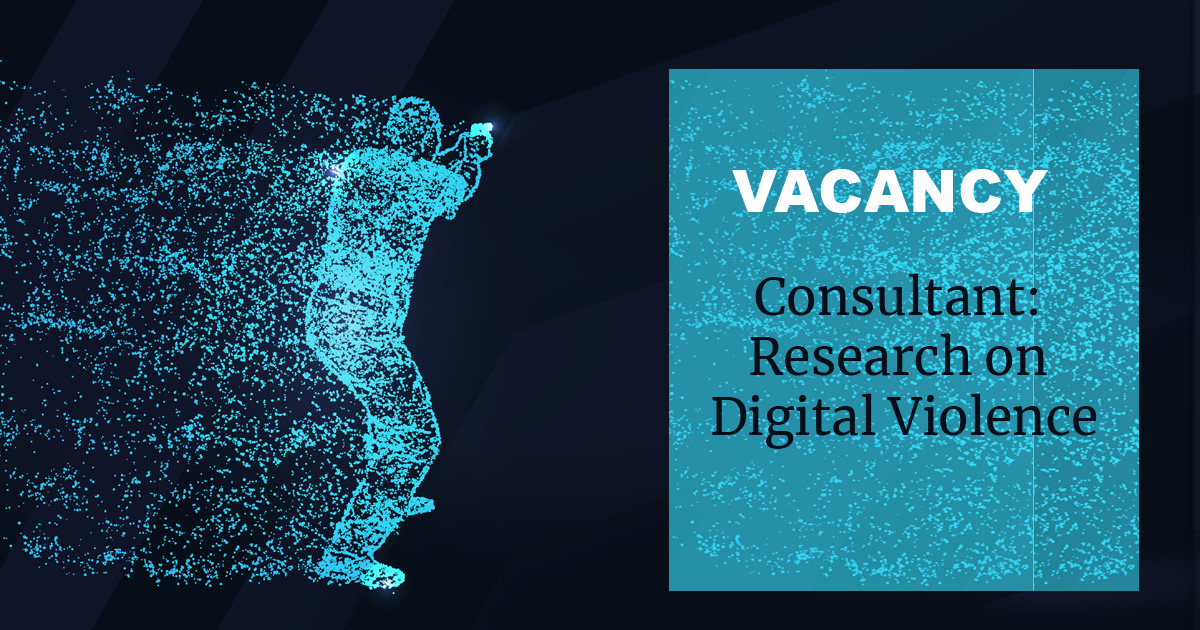

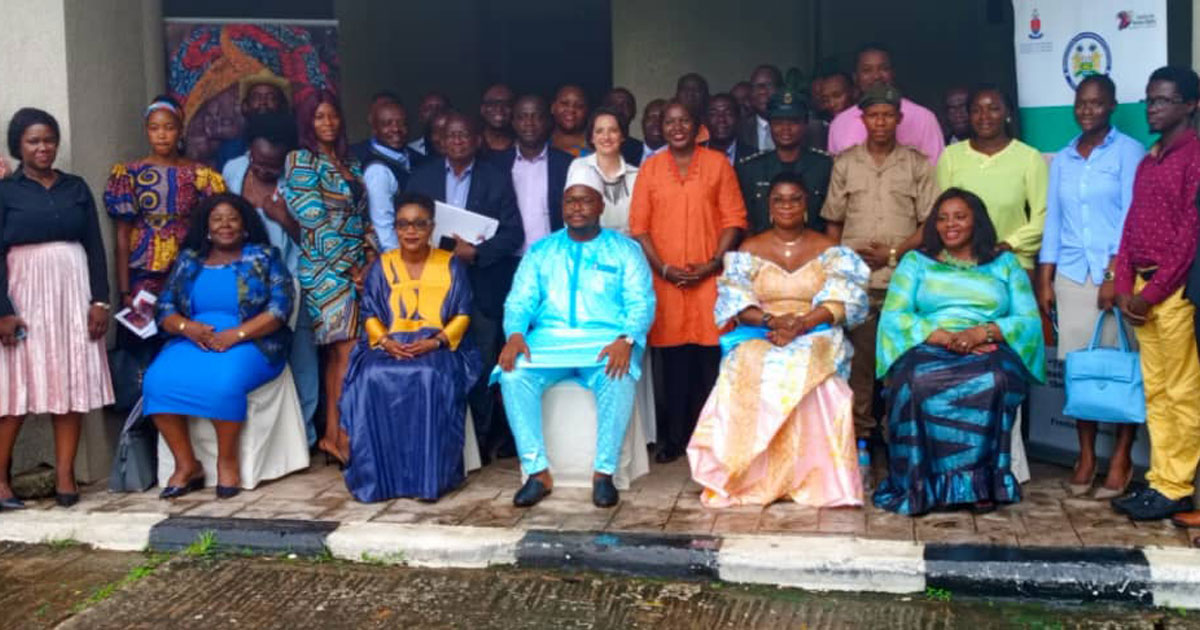
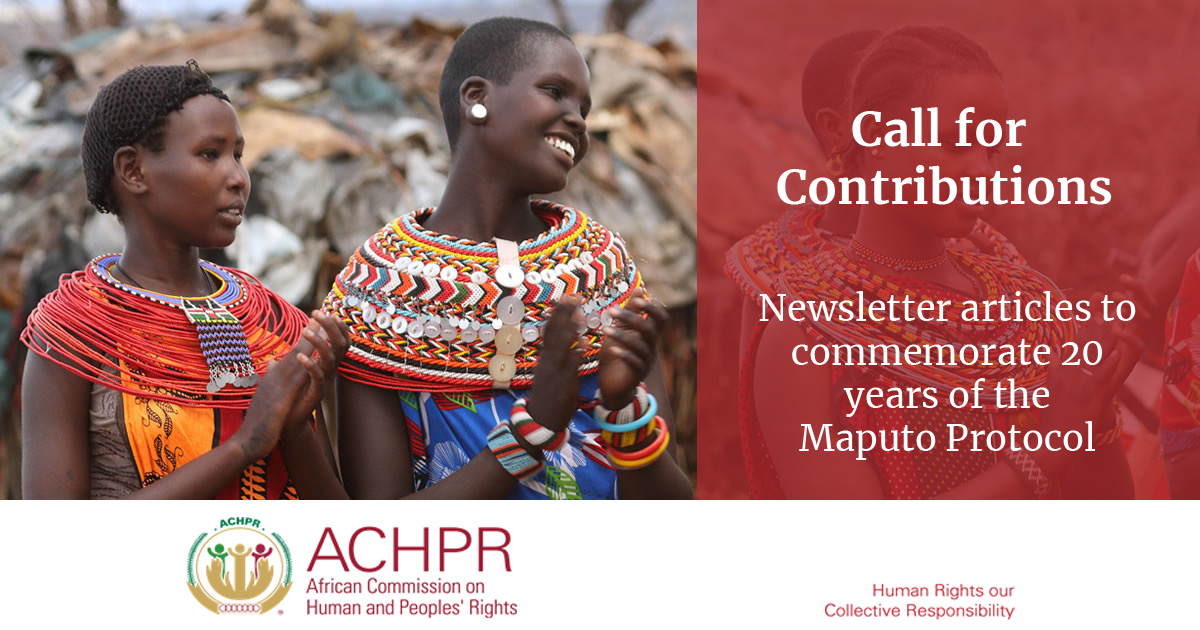
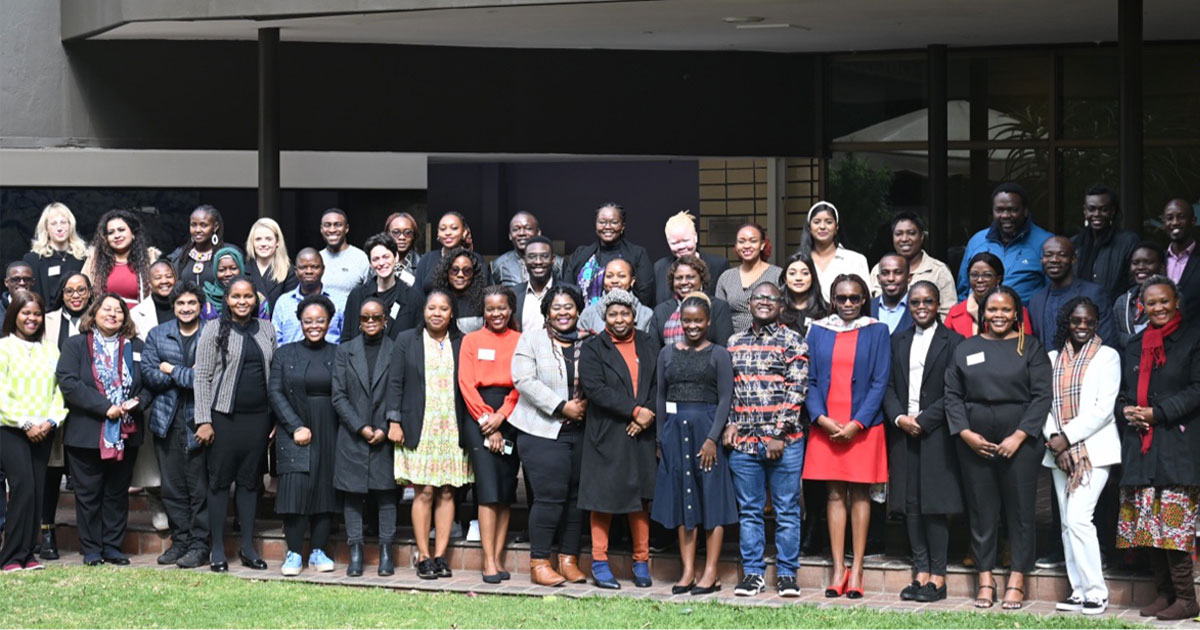
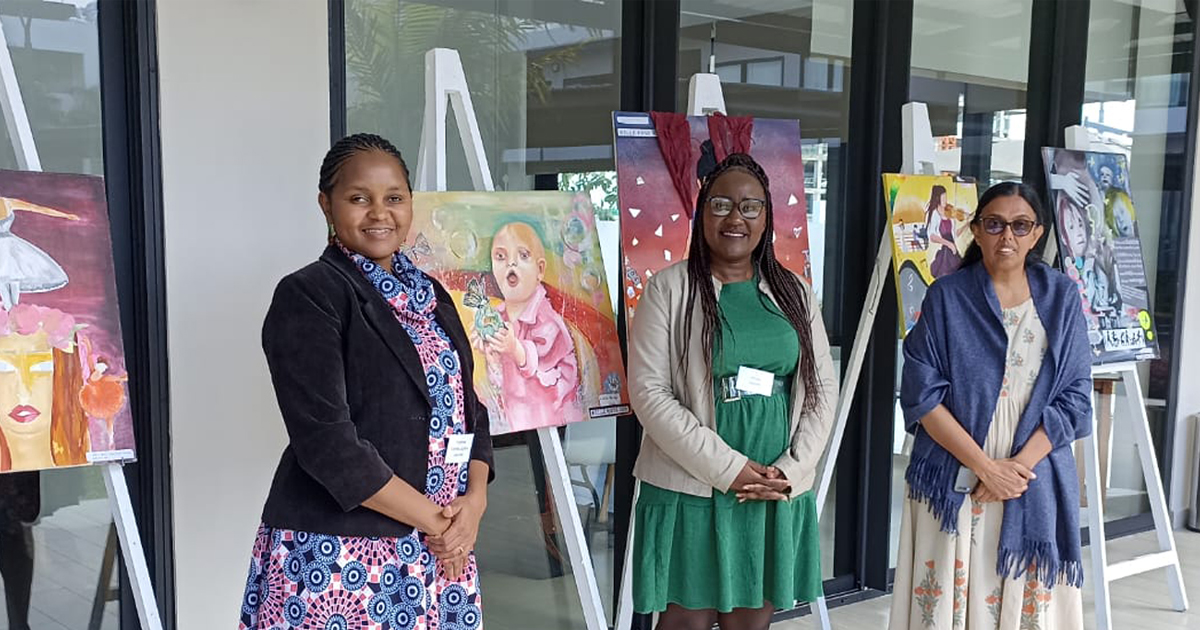

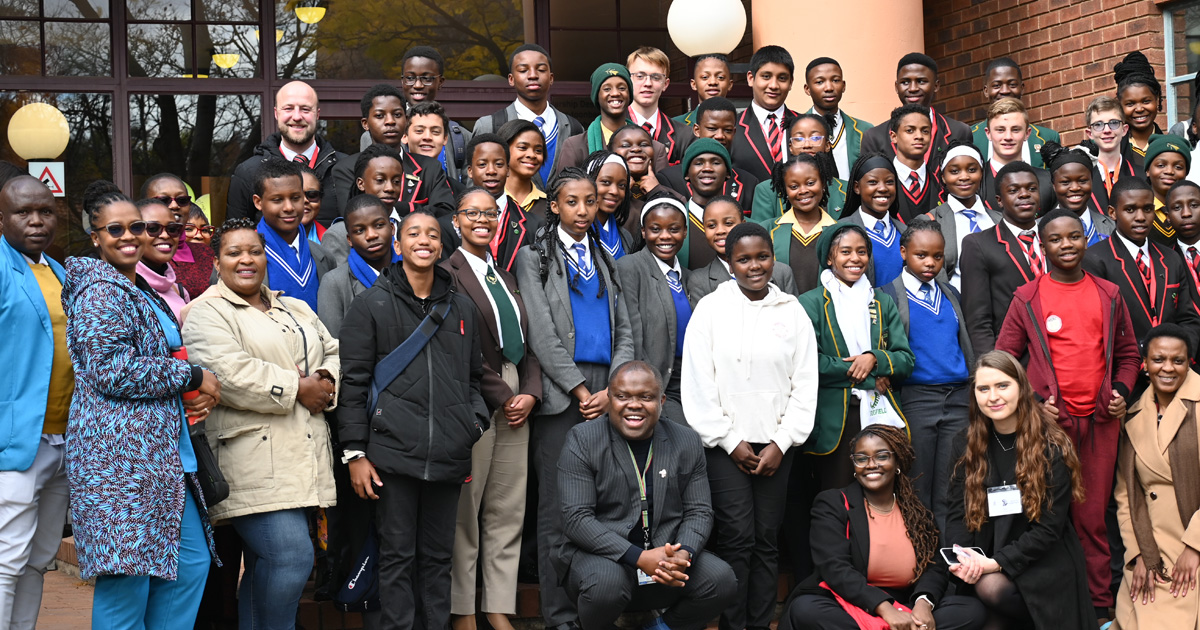
![In caption [Participants of the capacity building workshop on strategic litigation and advocacy for LGBTIQ+ activists in Africa]](/images/researchunits/sogie/news/images/lgbtq-capacity-building.jpg)
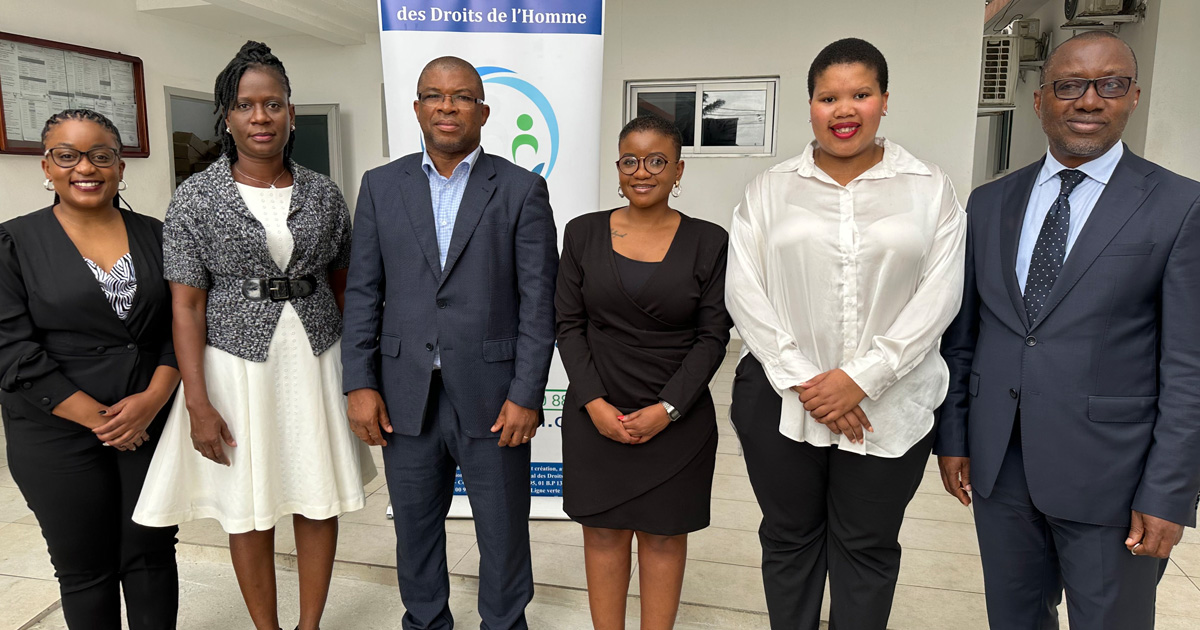
![[in picture: Participants of the Multi-stakeholder engagement]](/images/centrenews/2023/healthy-information-landscape.jpg)
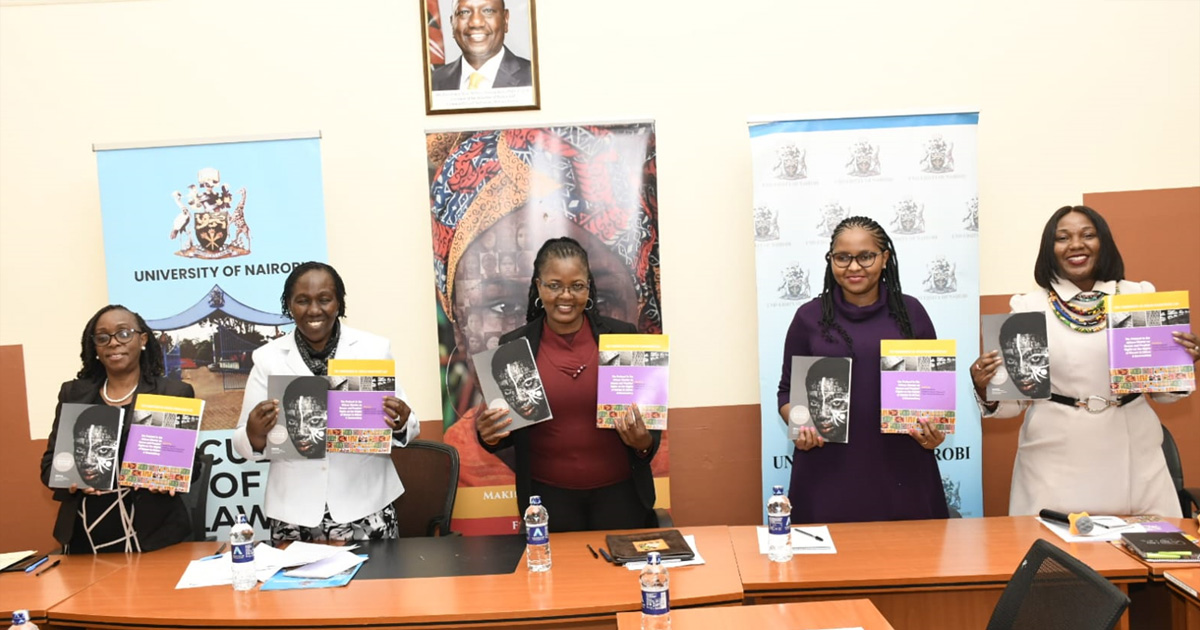
![[In picture:Participants of the Democracy Capacity Building Workshop ]](/images/researchunits/dce/news/images/democracy-capacity-18-july.jpg)
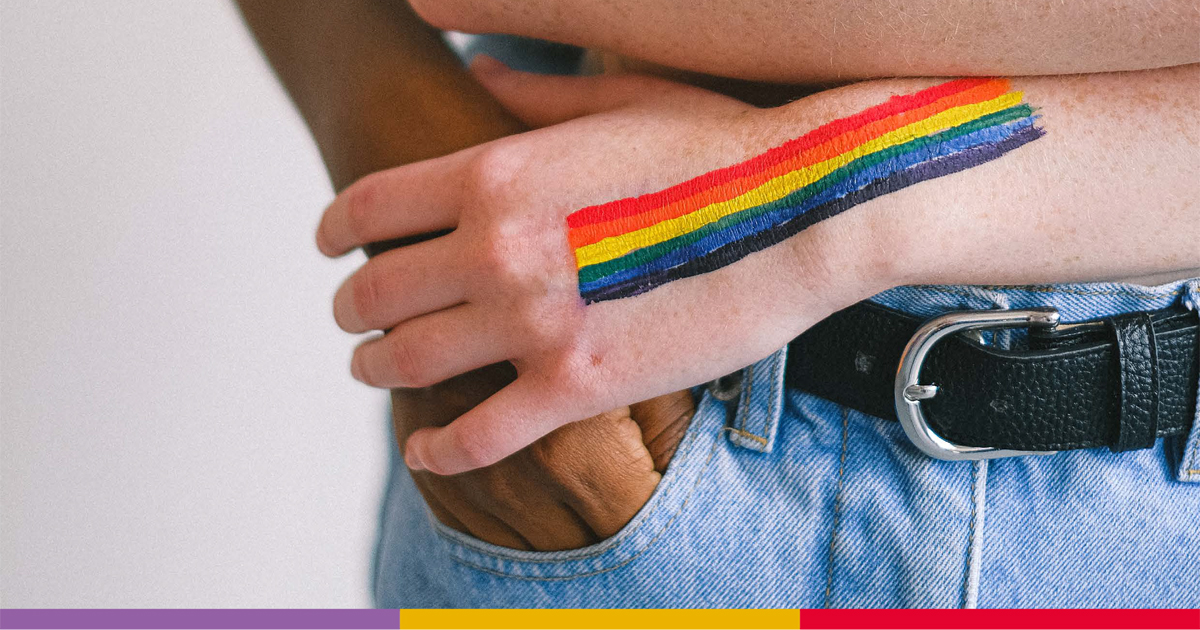
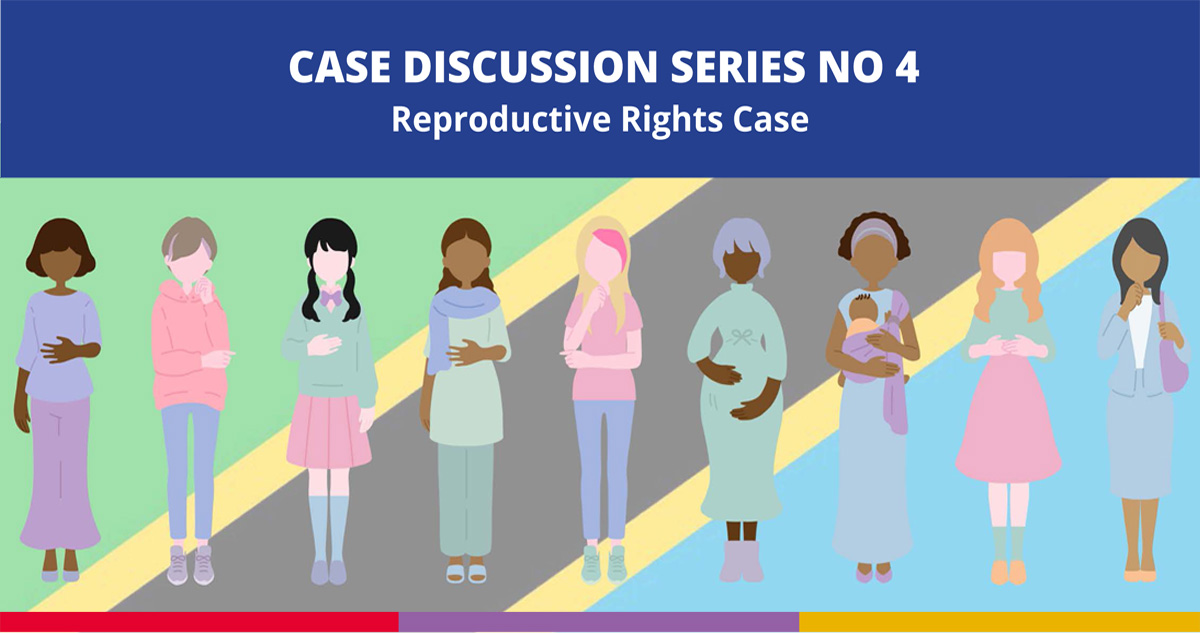
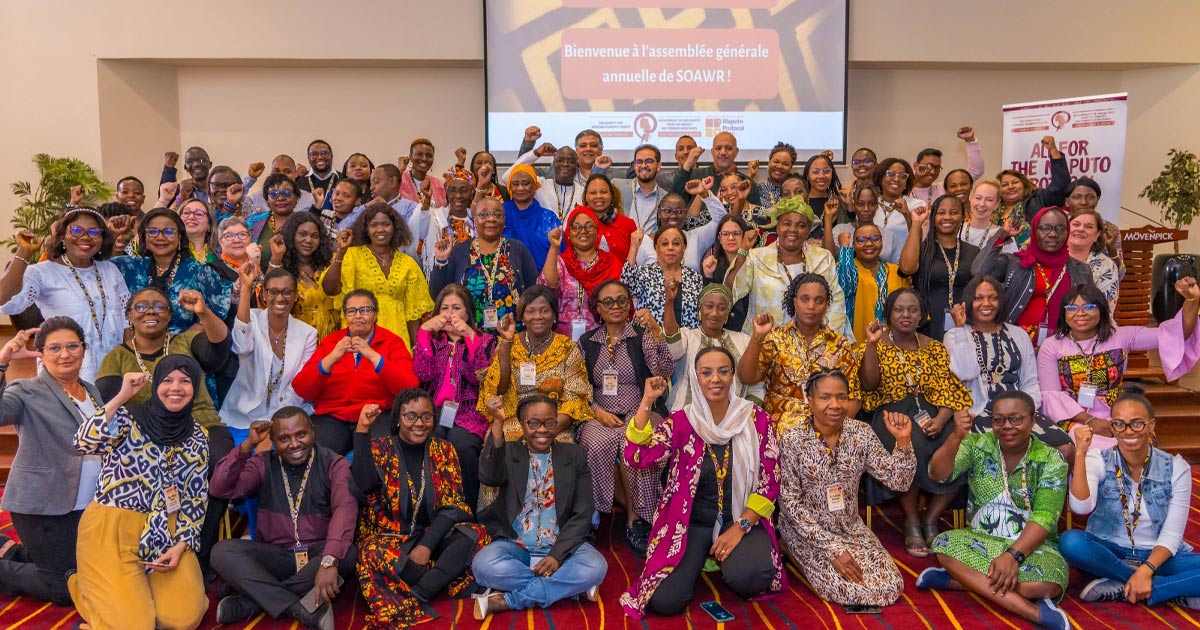
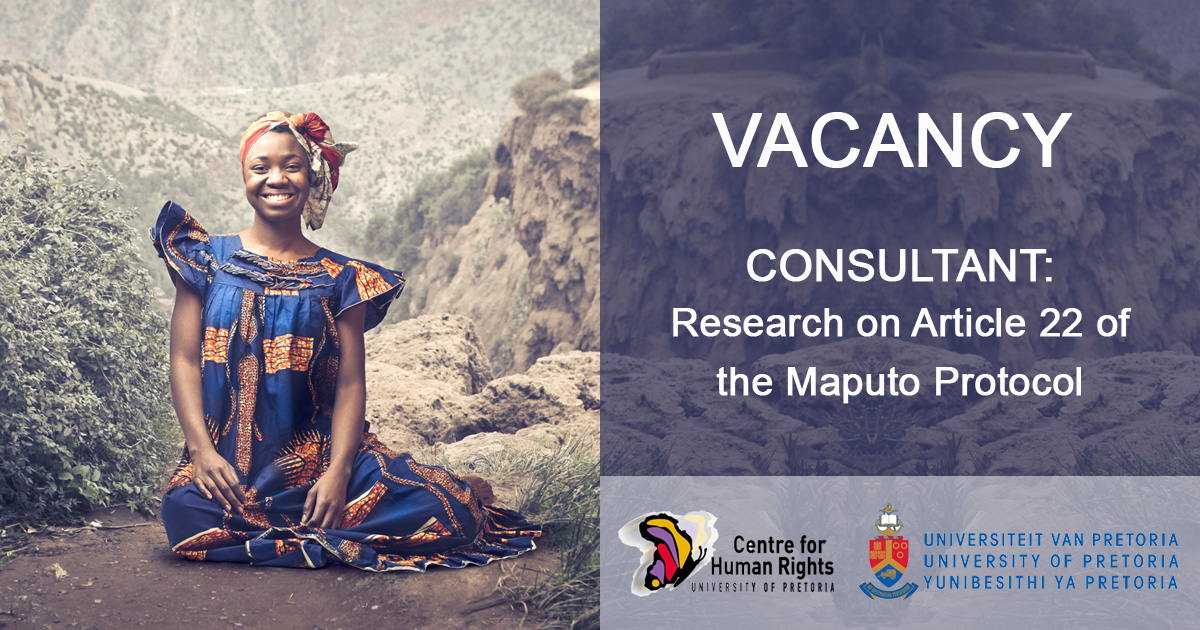
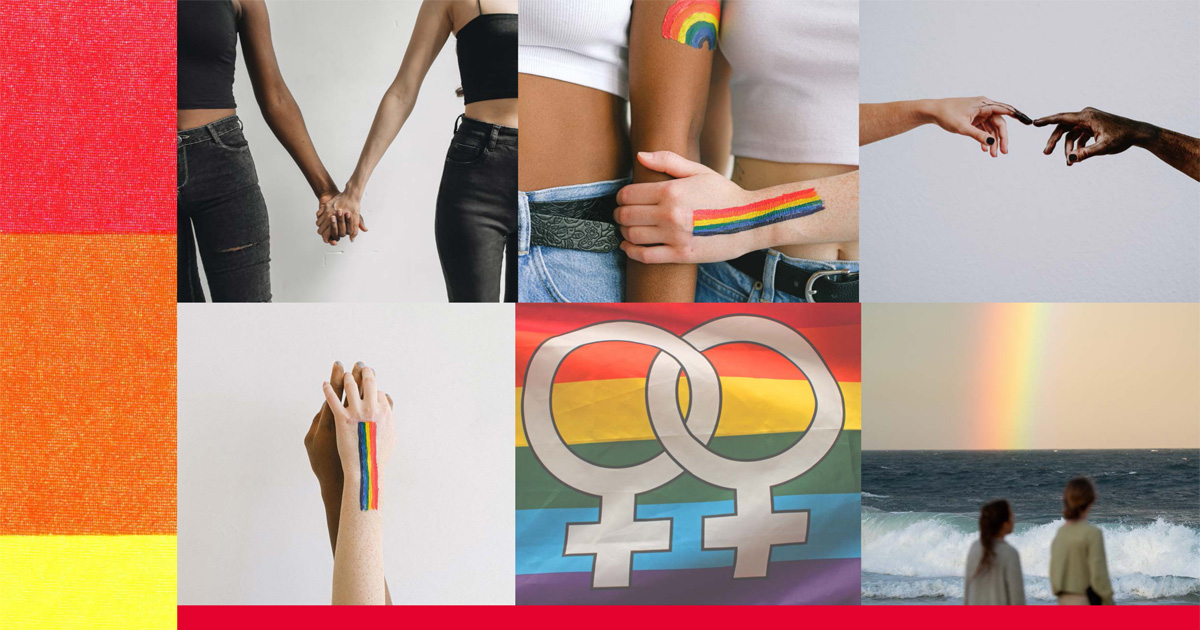
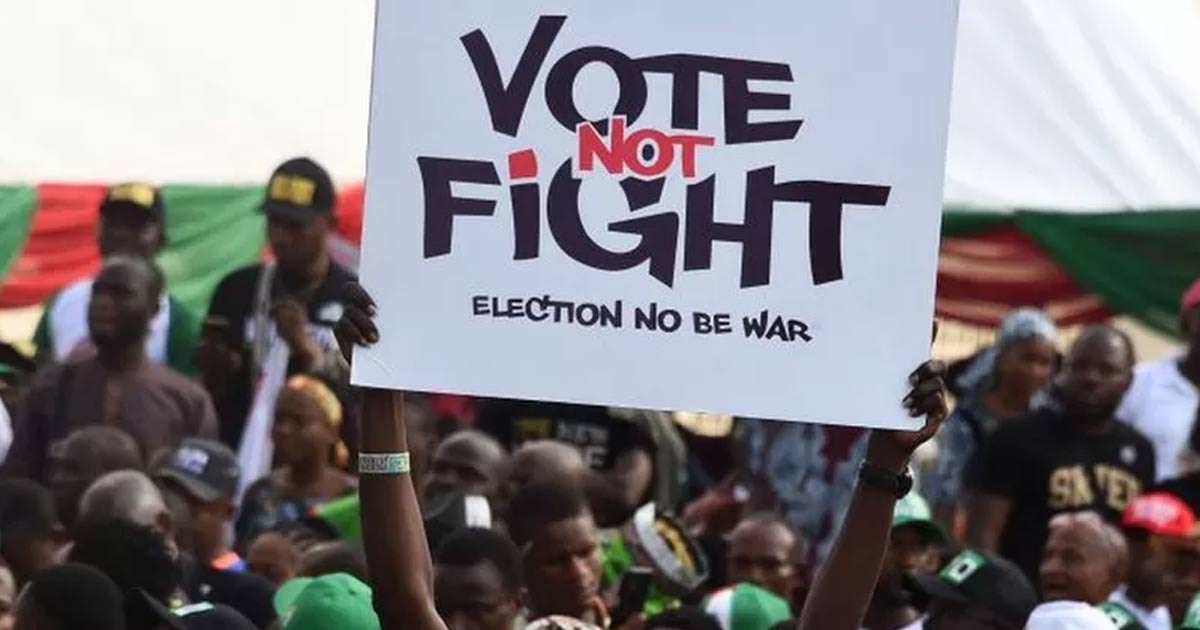
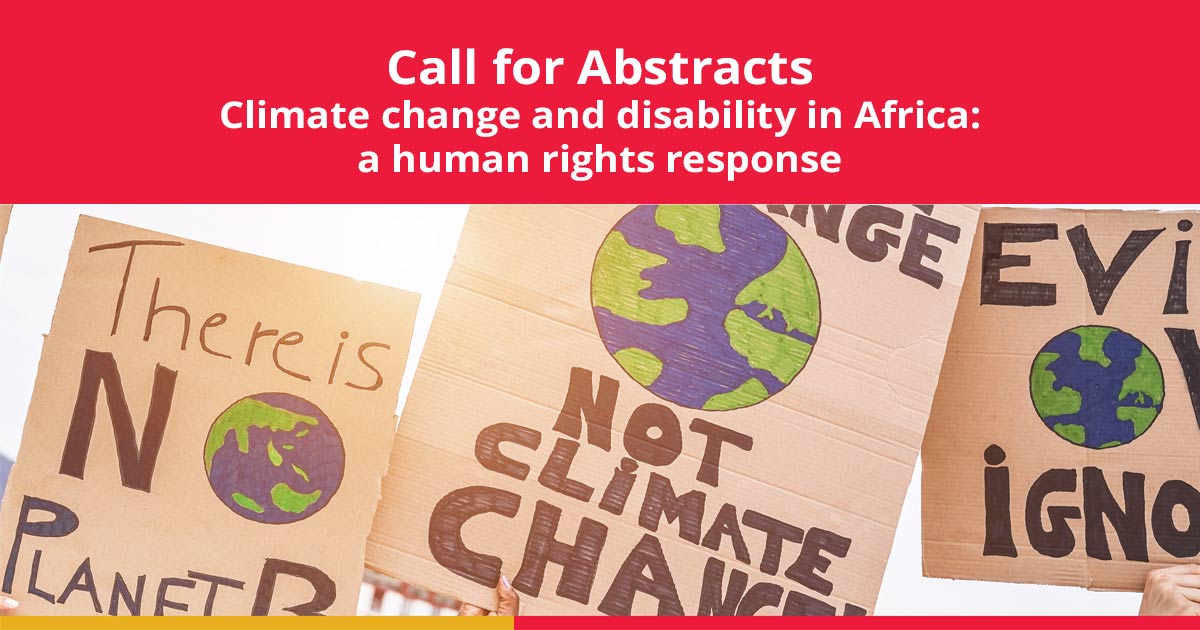
![[In picture, the manager of the Expression Information and Digital Rights Unit of the Centre for Human Rights, Hlengiwe Dube, the Executive Director of the Transformation Resource Centre, Tsikoane Peshoane, and several legislative committee representatives from Lesotho, attending the digital rights capacity building workshop]](/images/centrenews/2023/Training-for-Parliamentarians.jpg)
